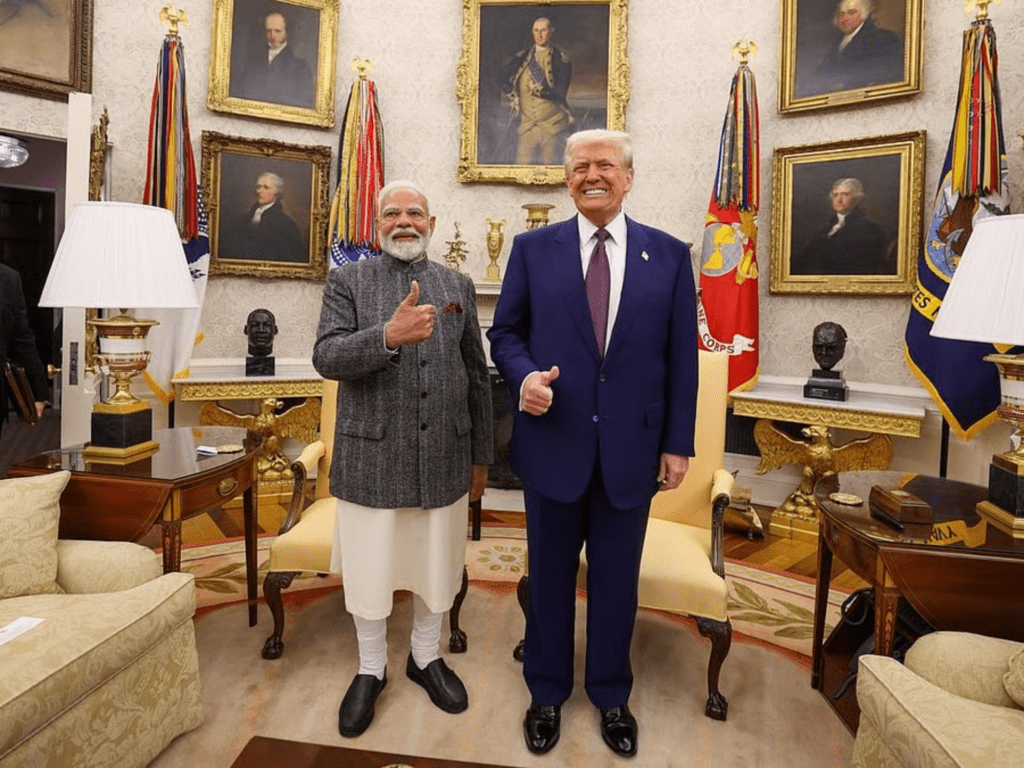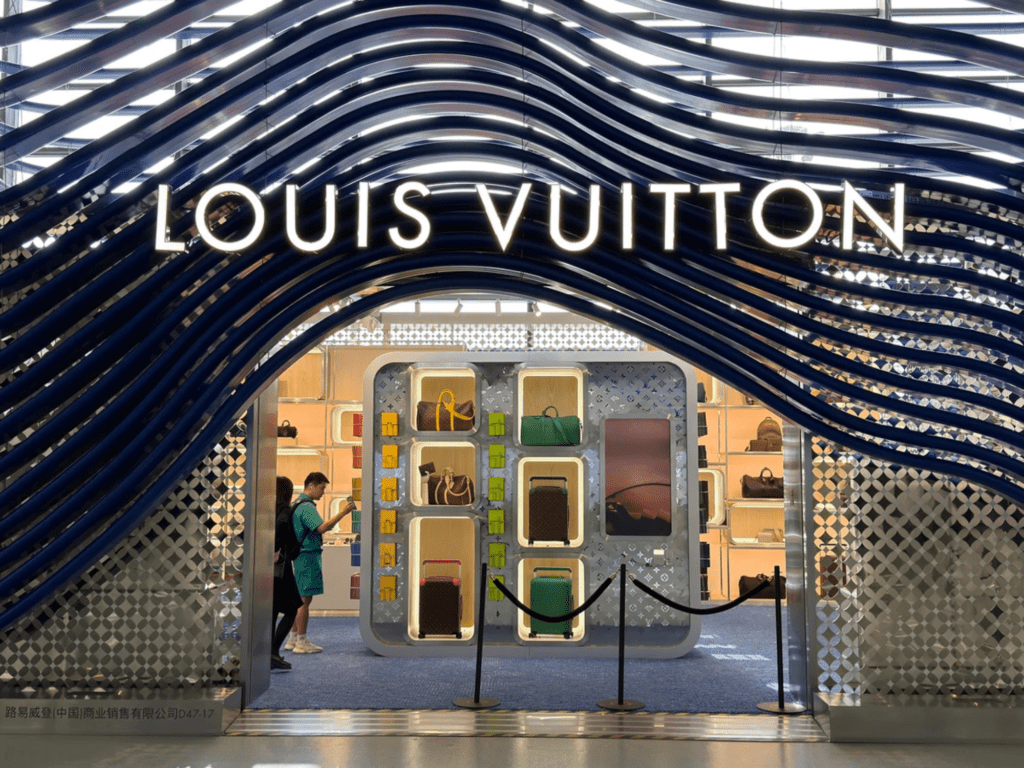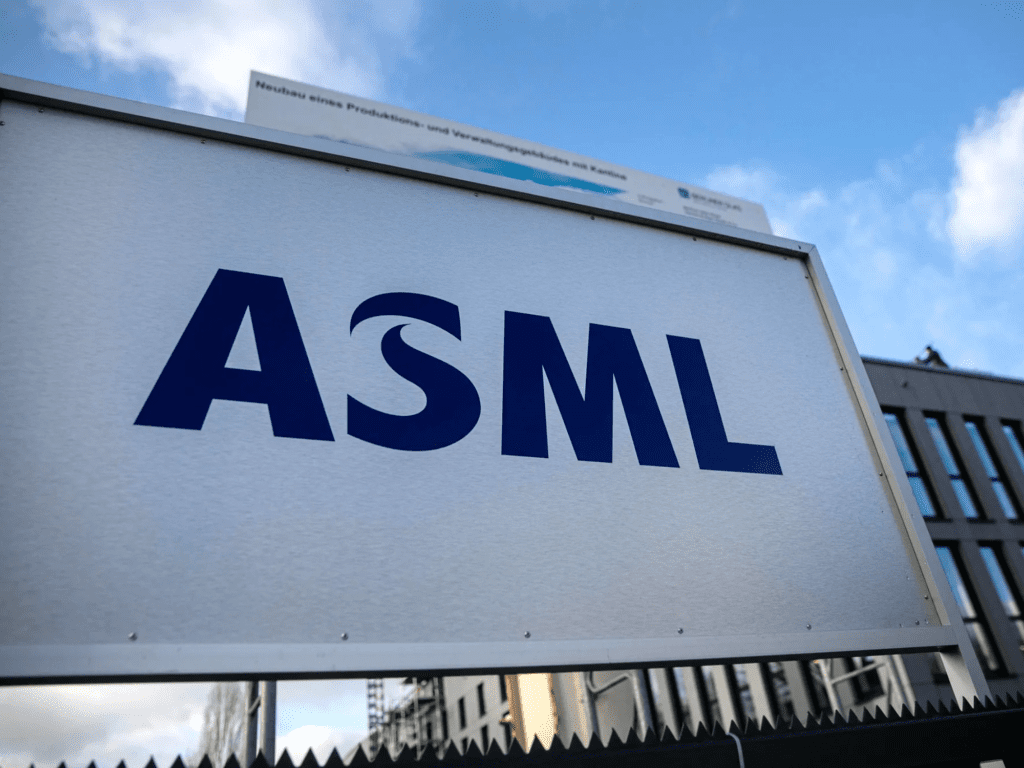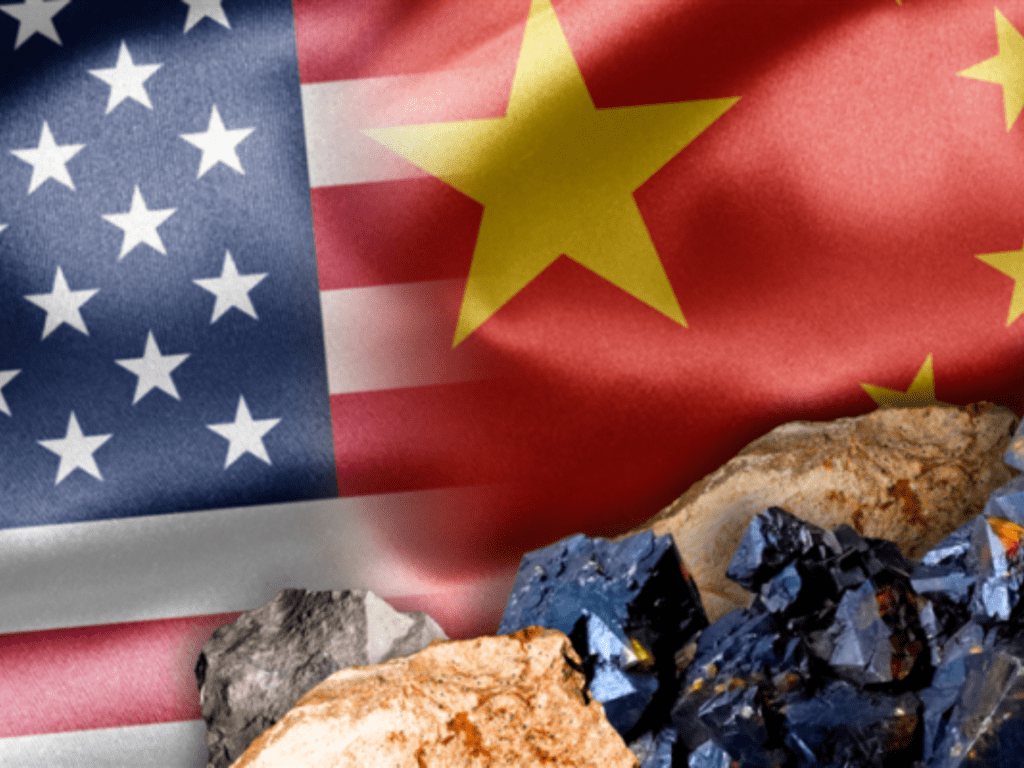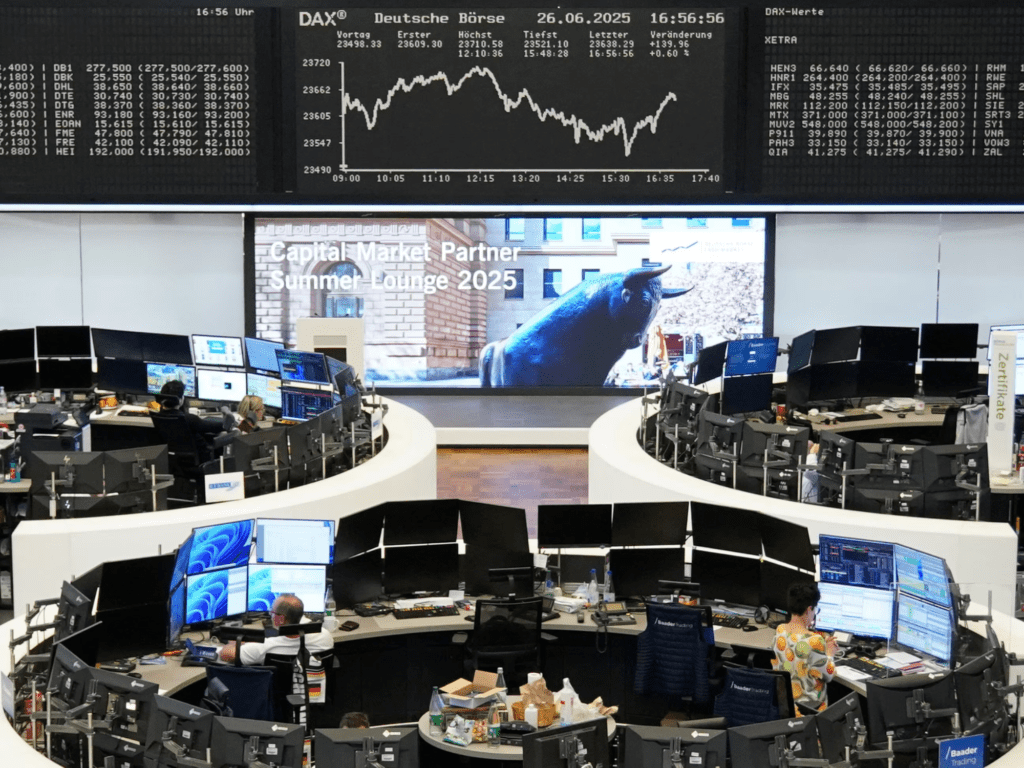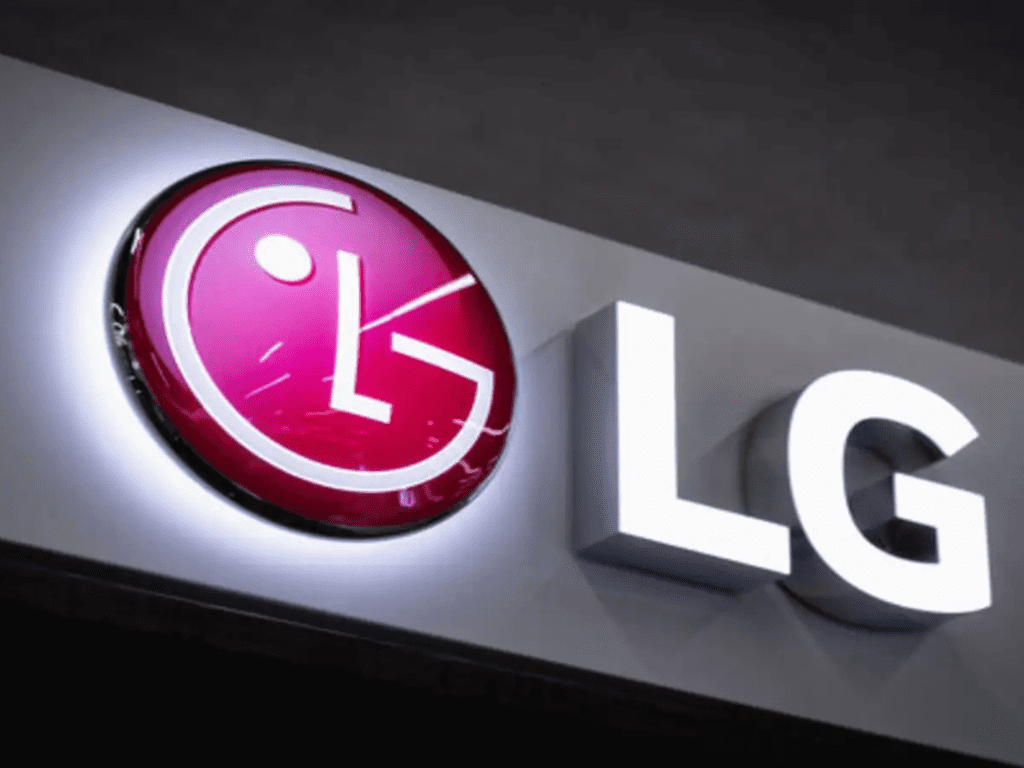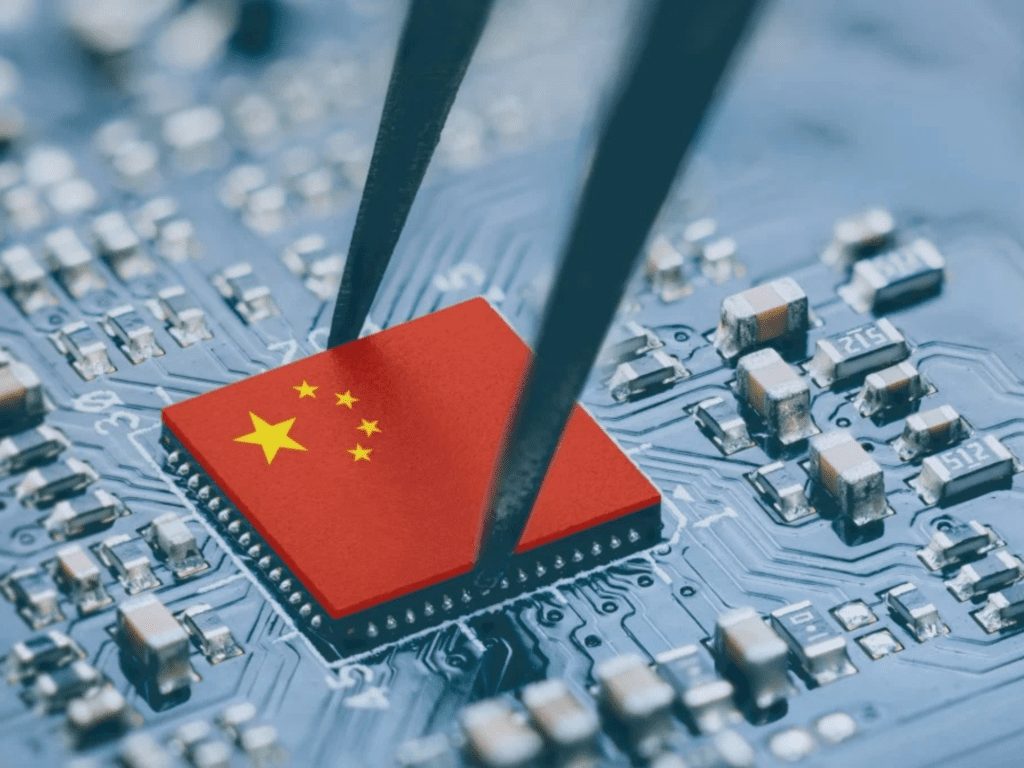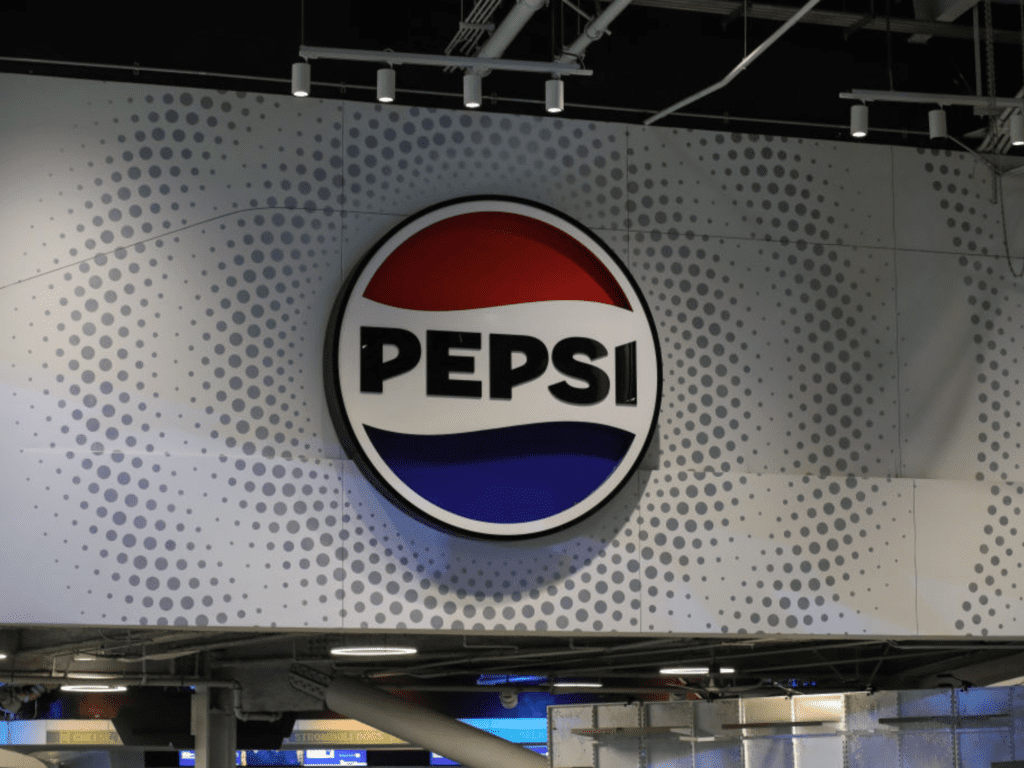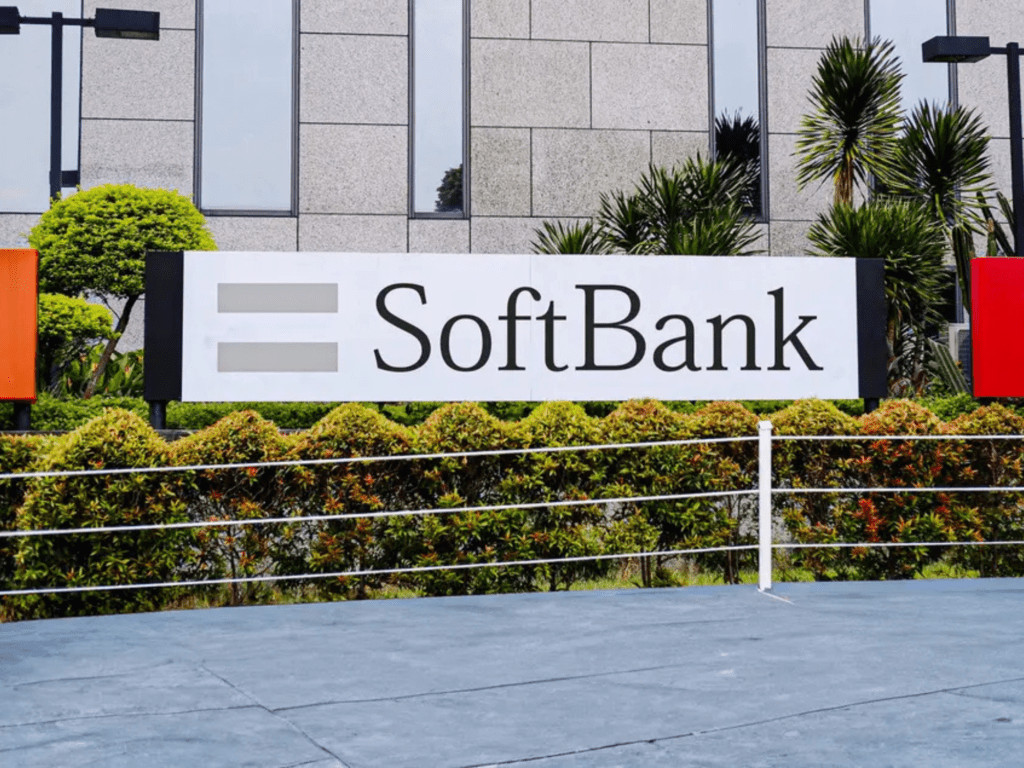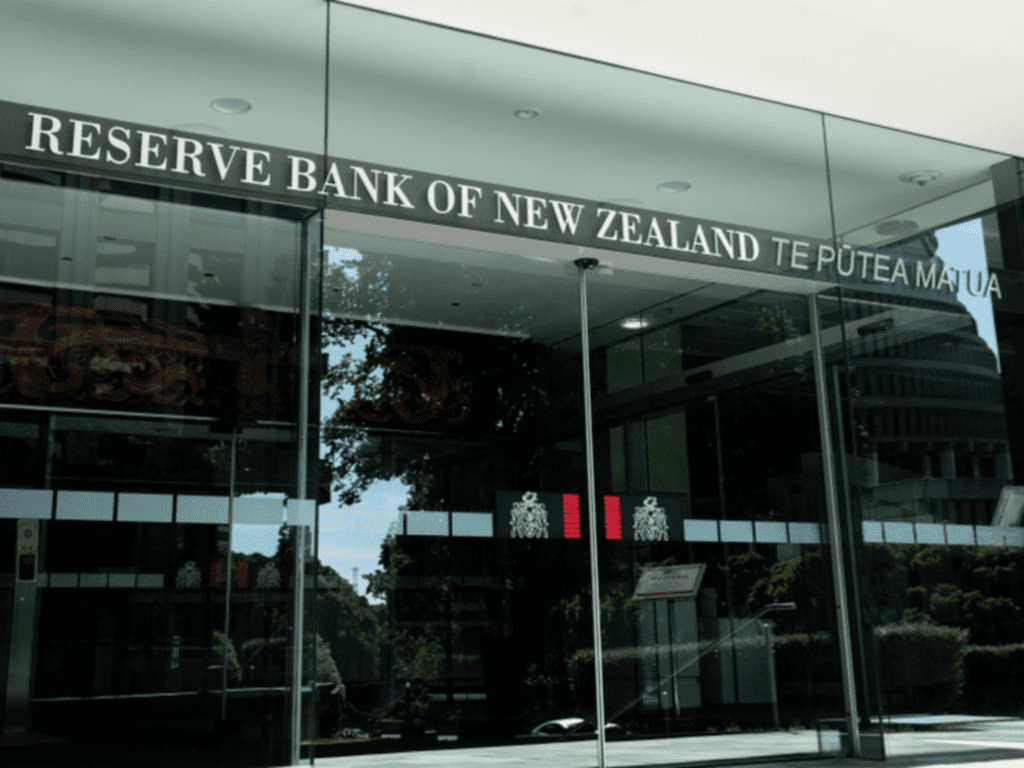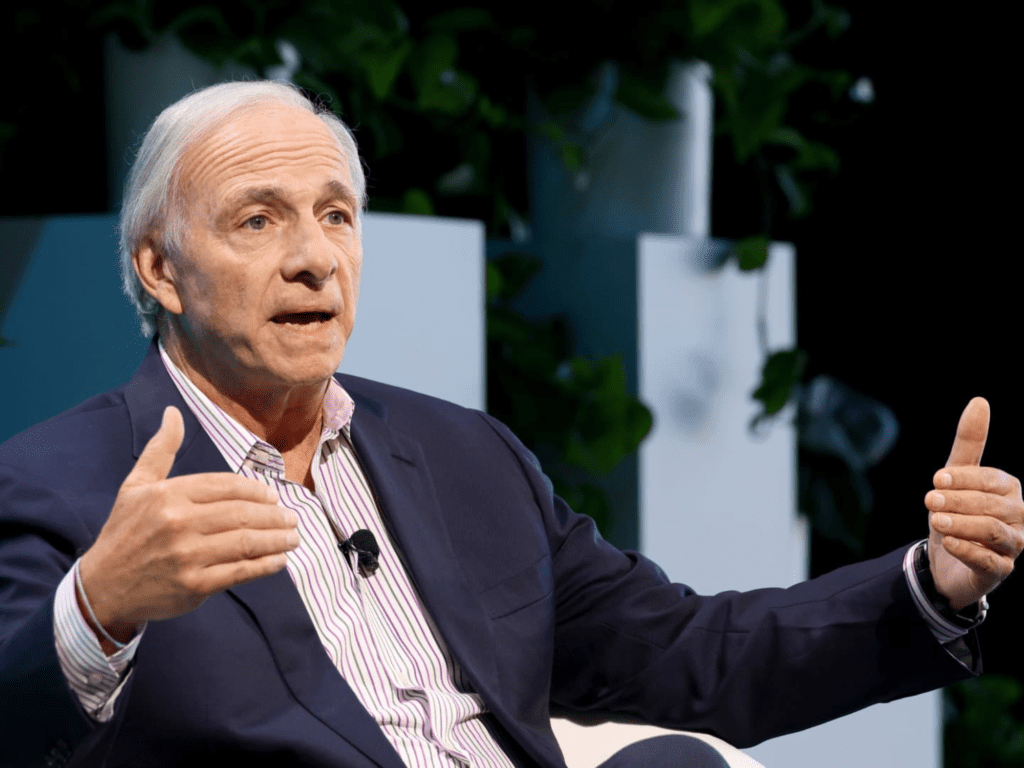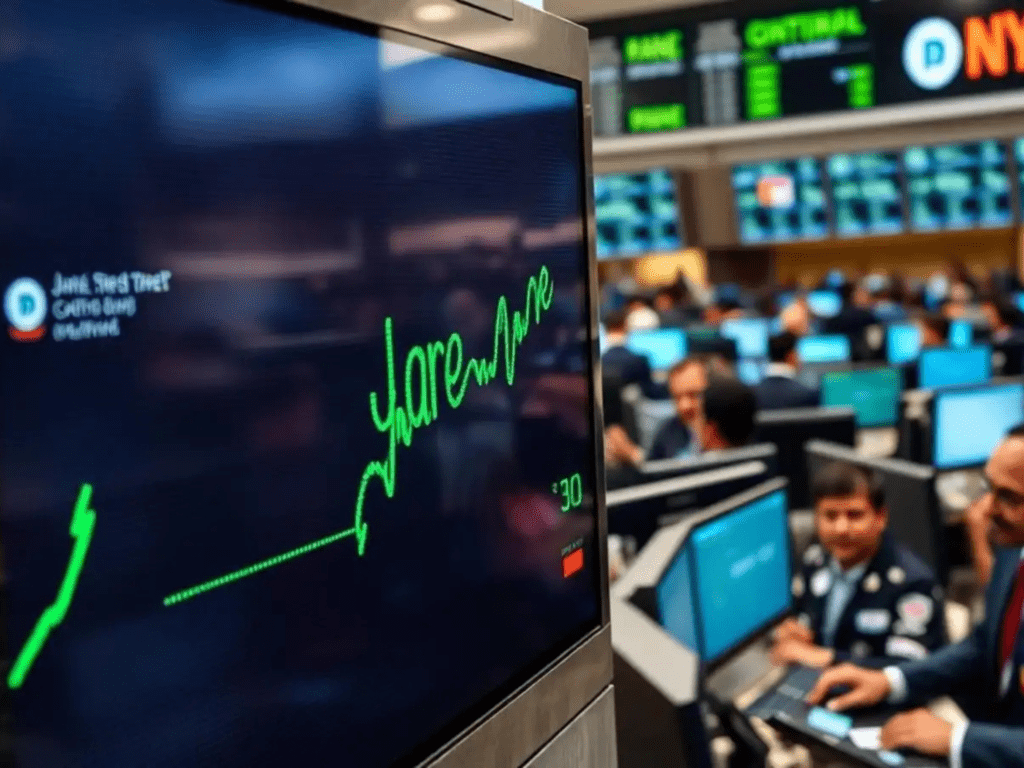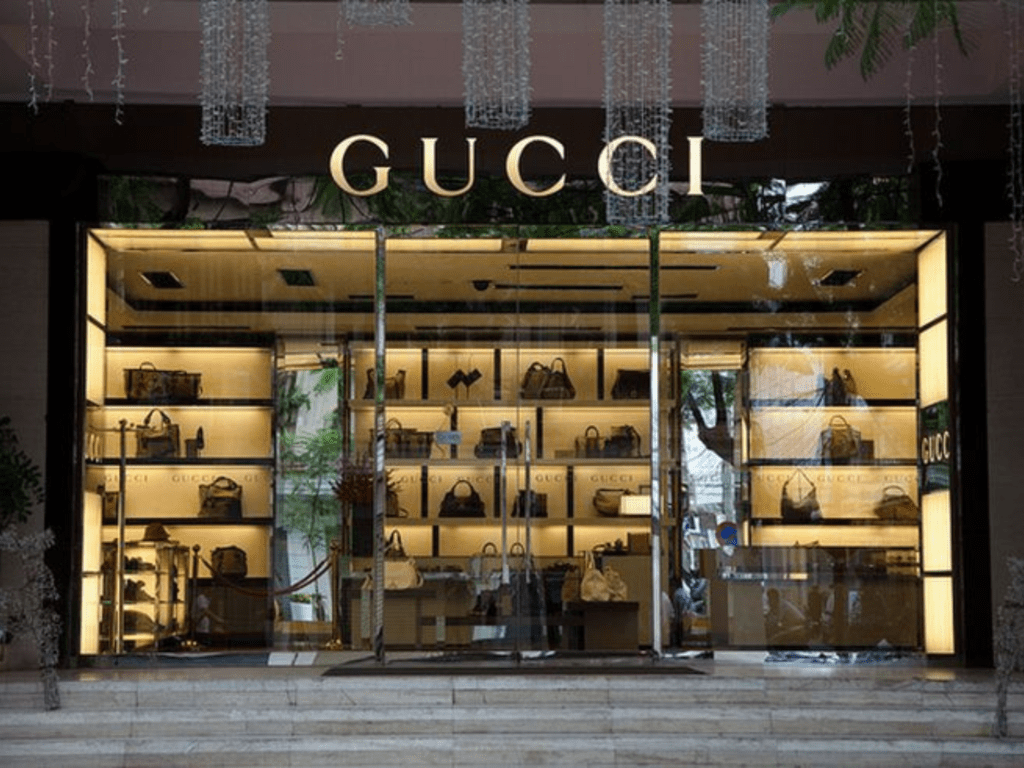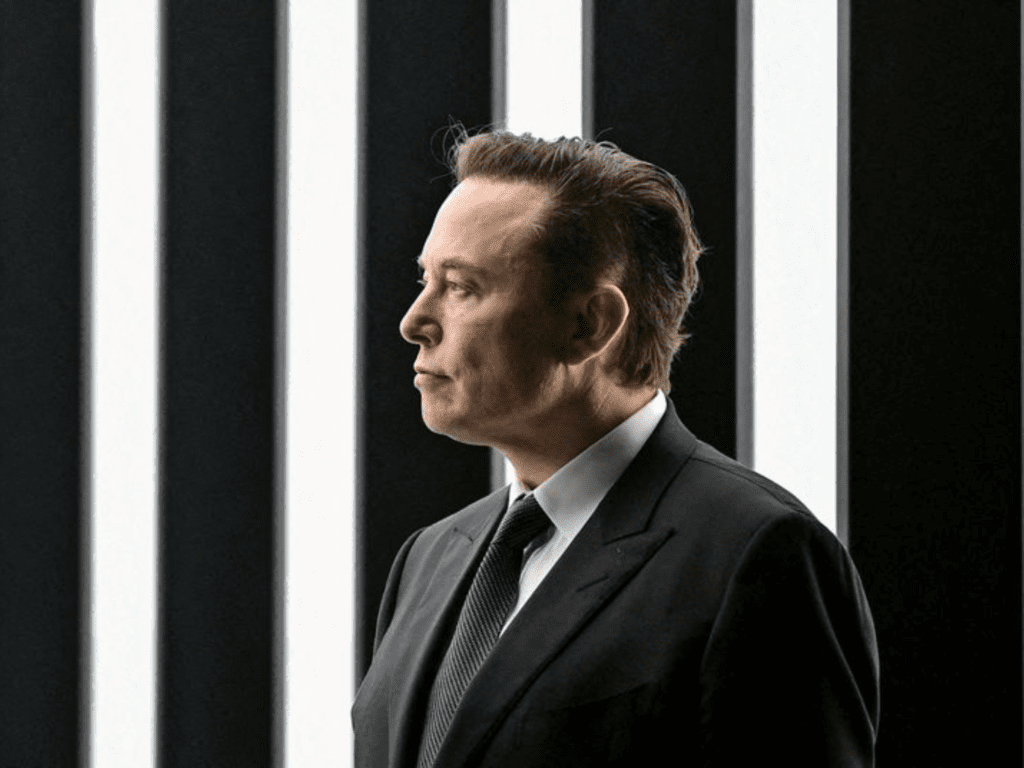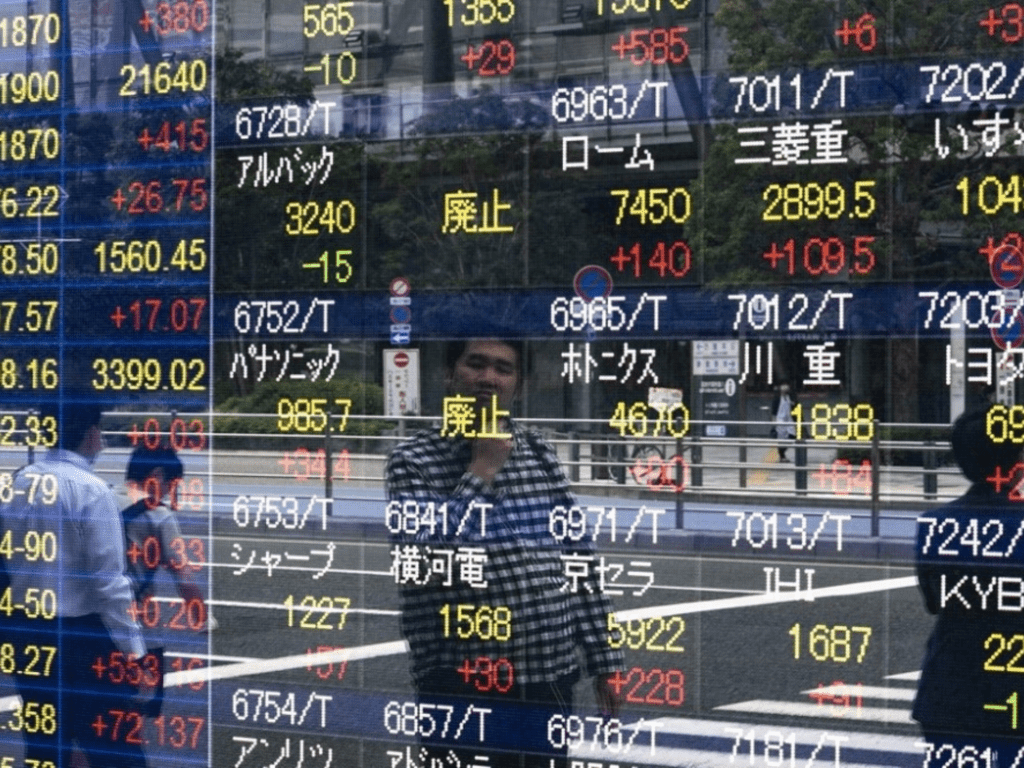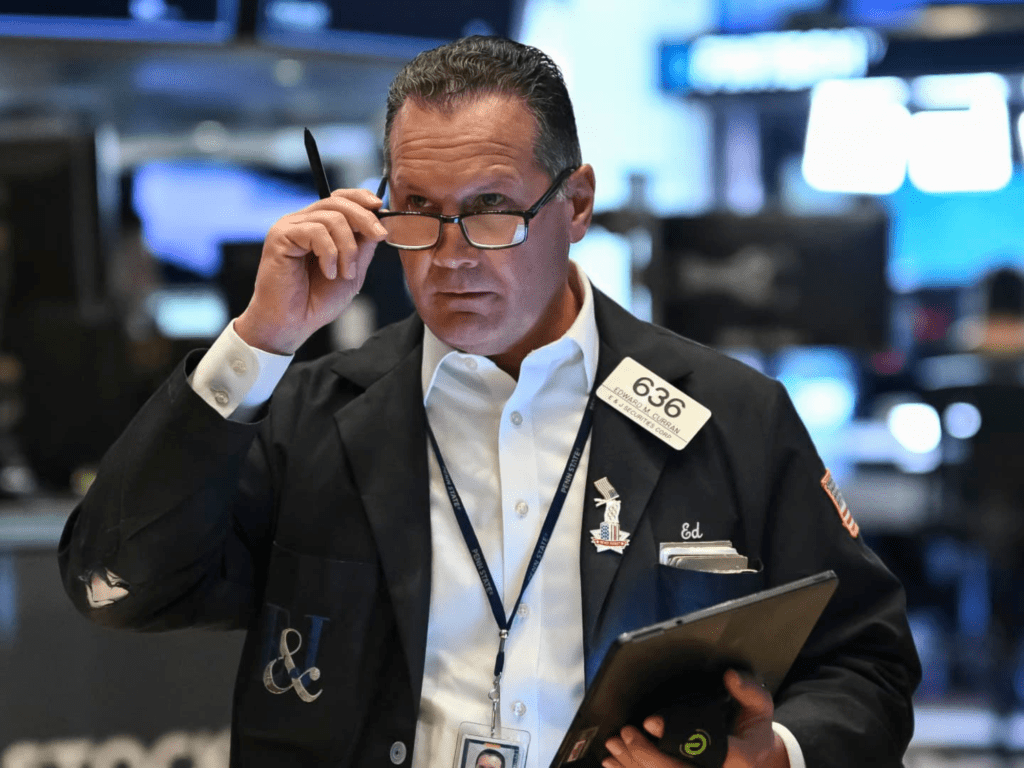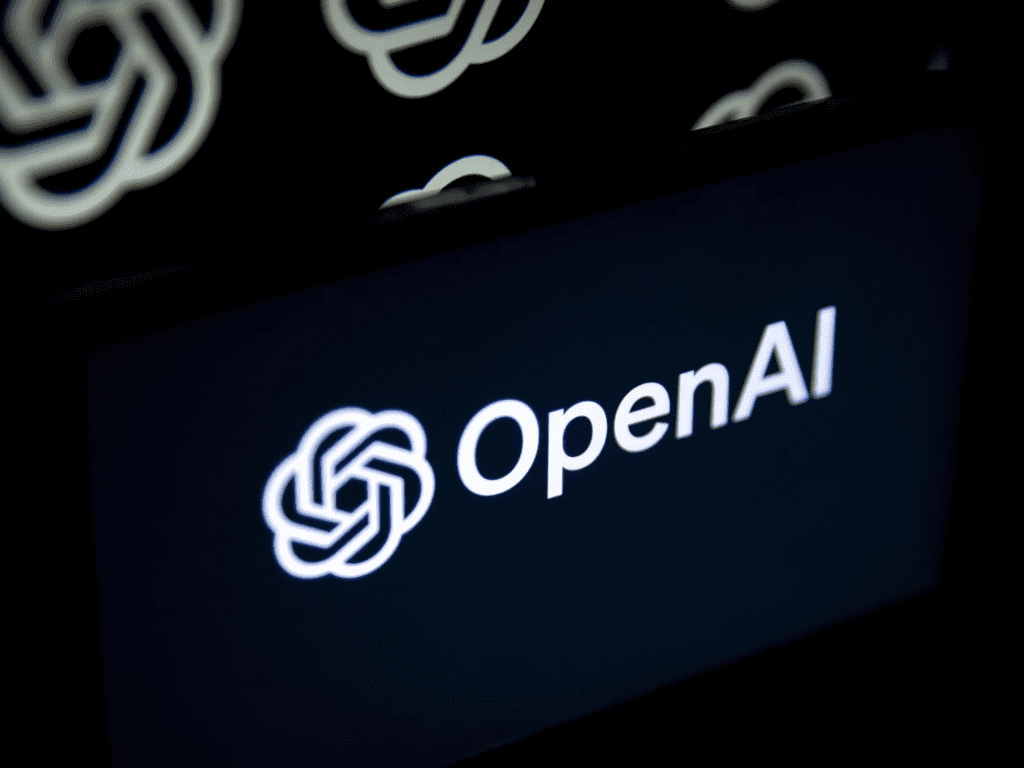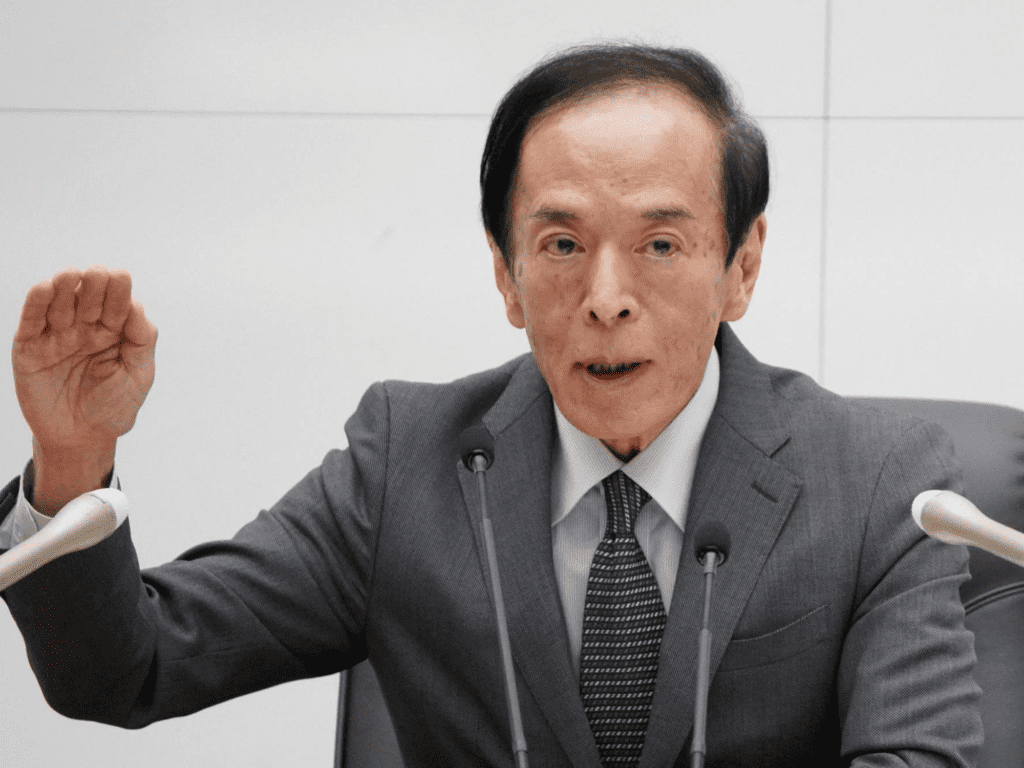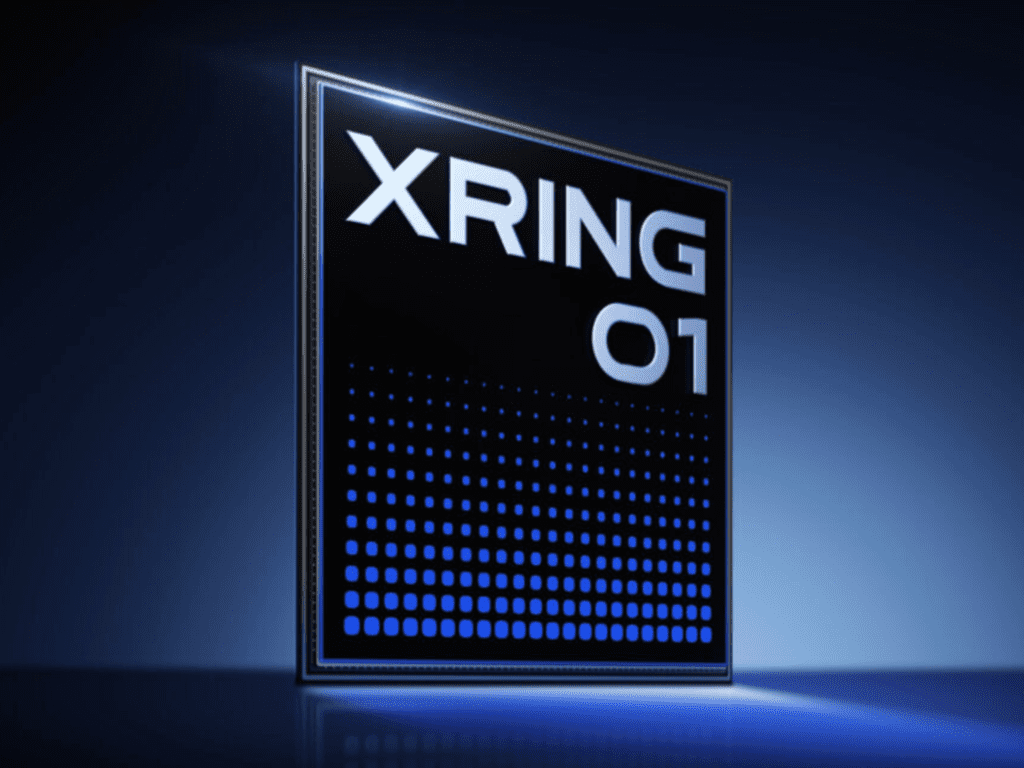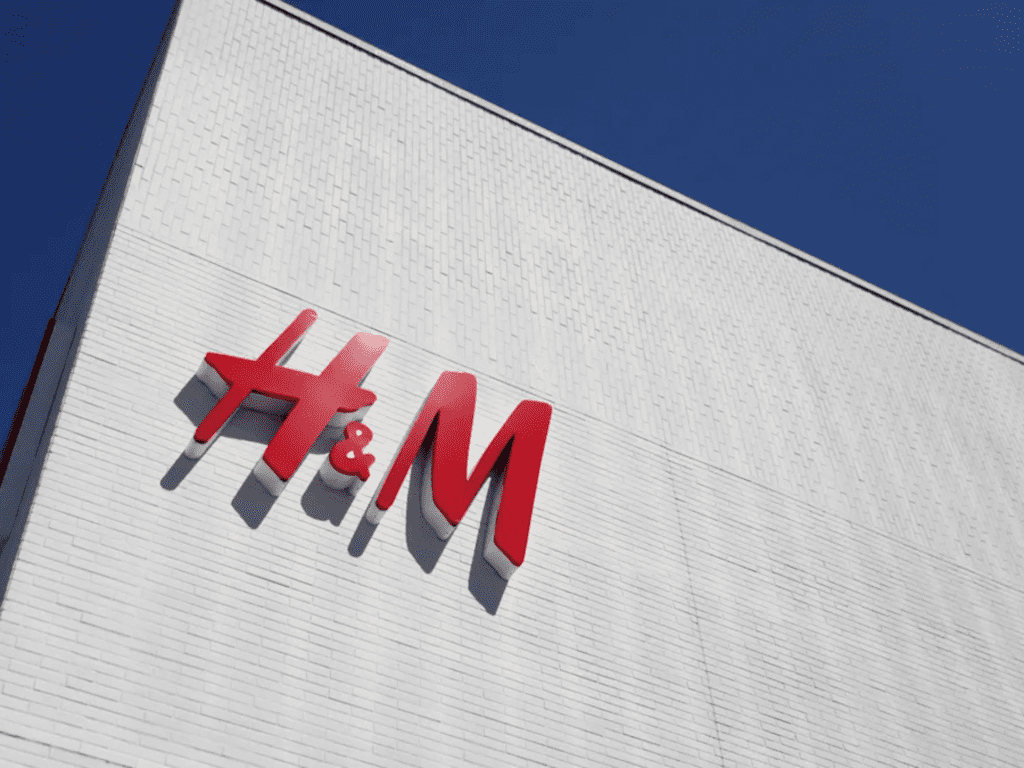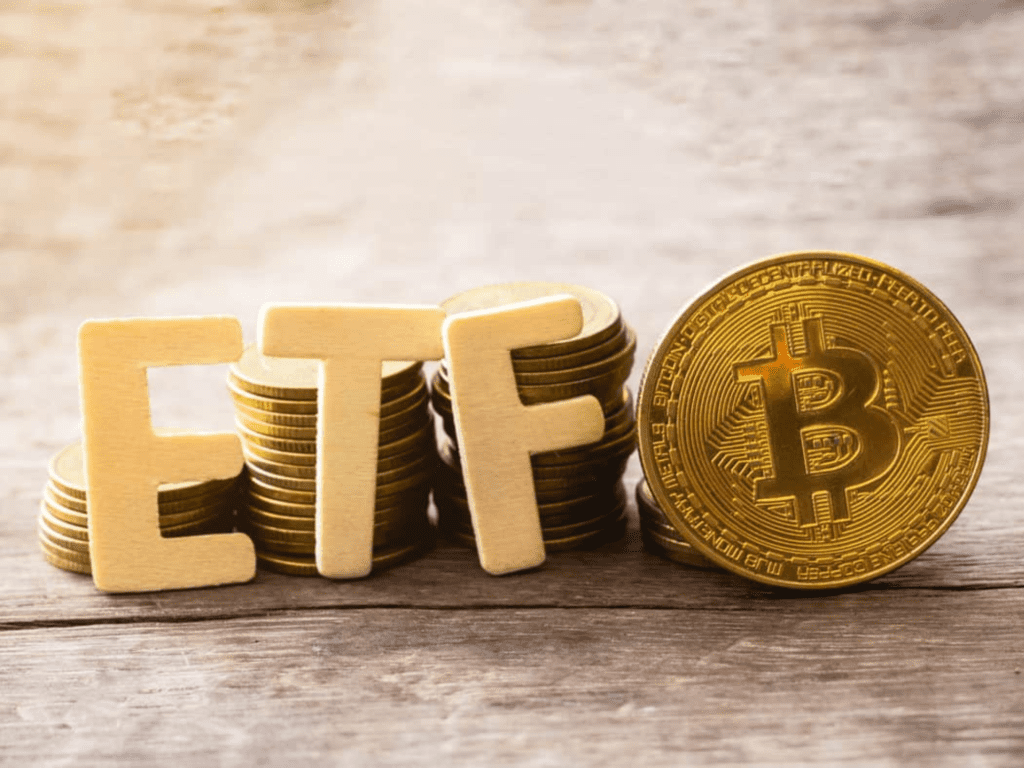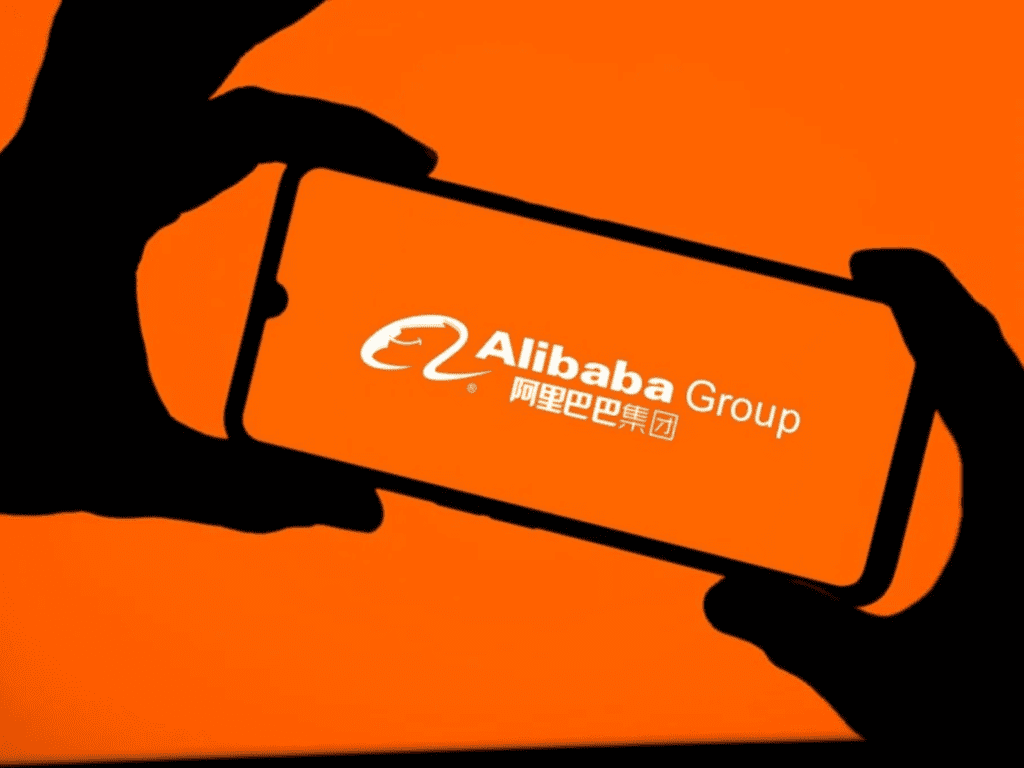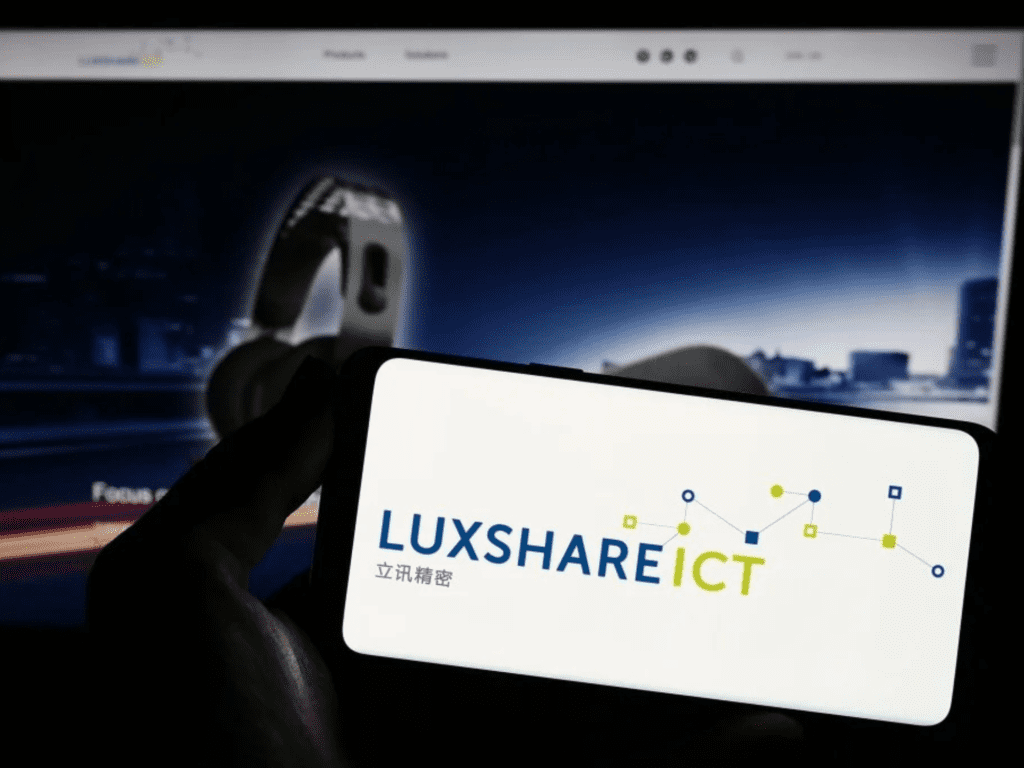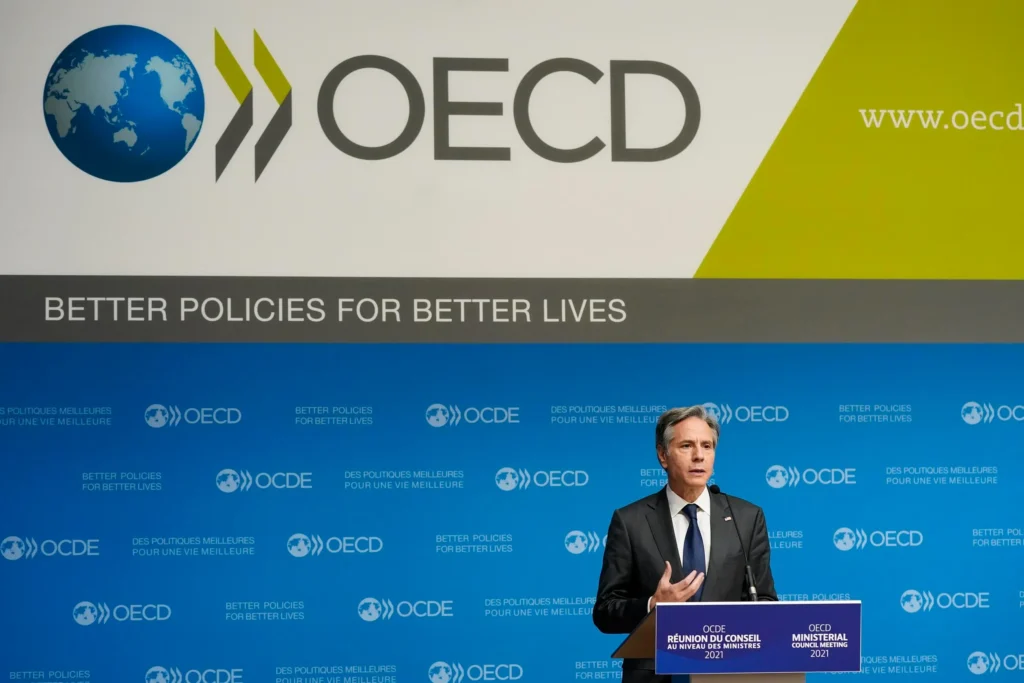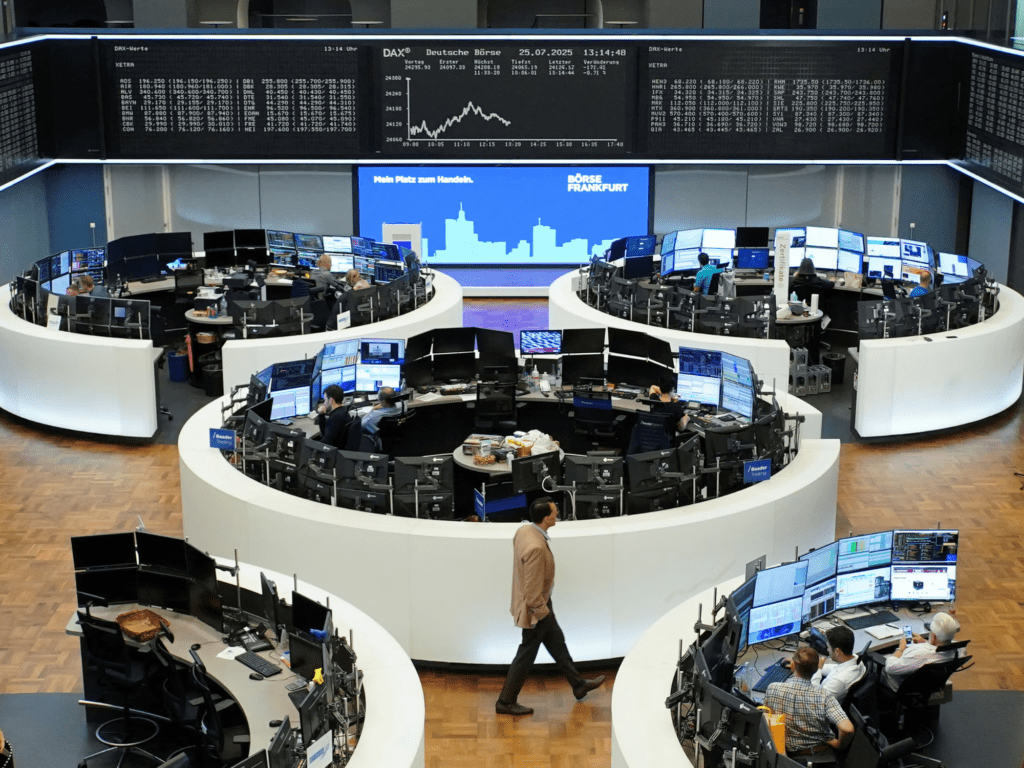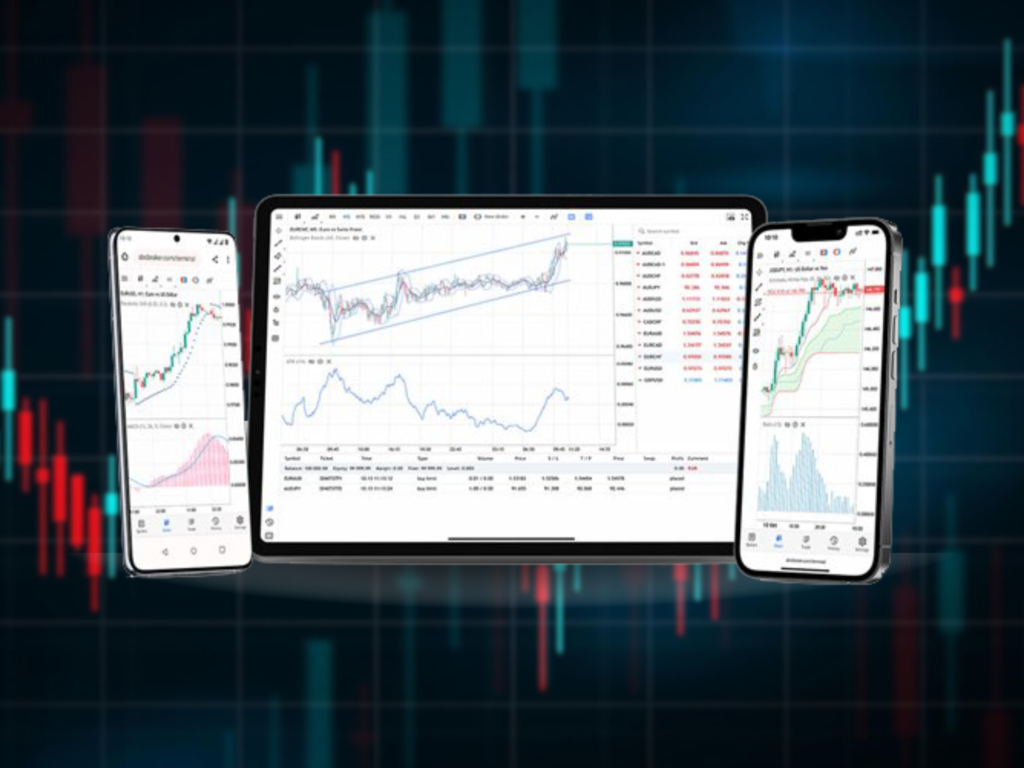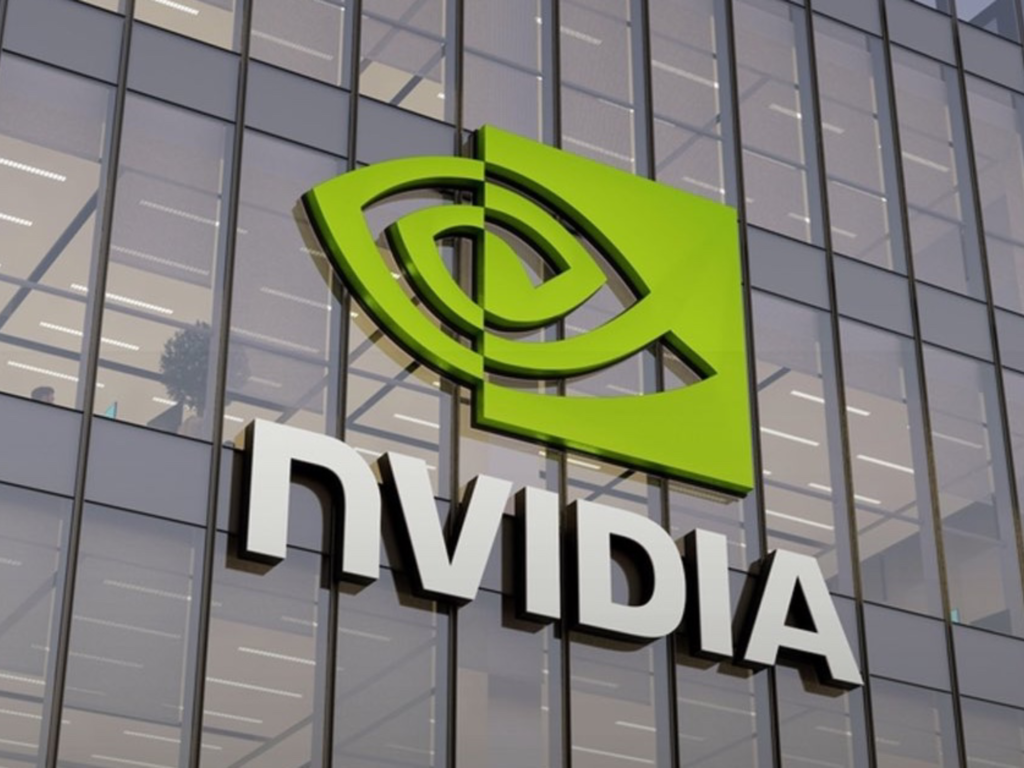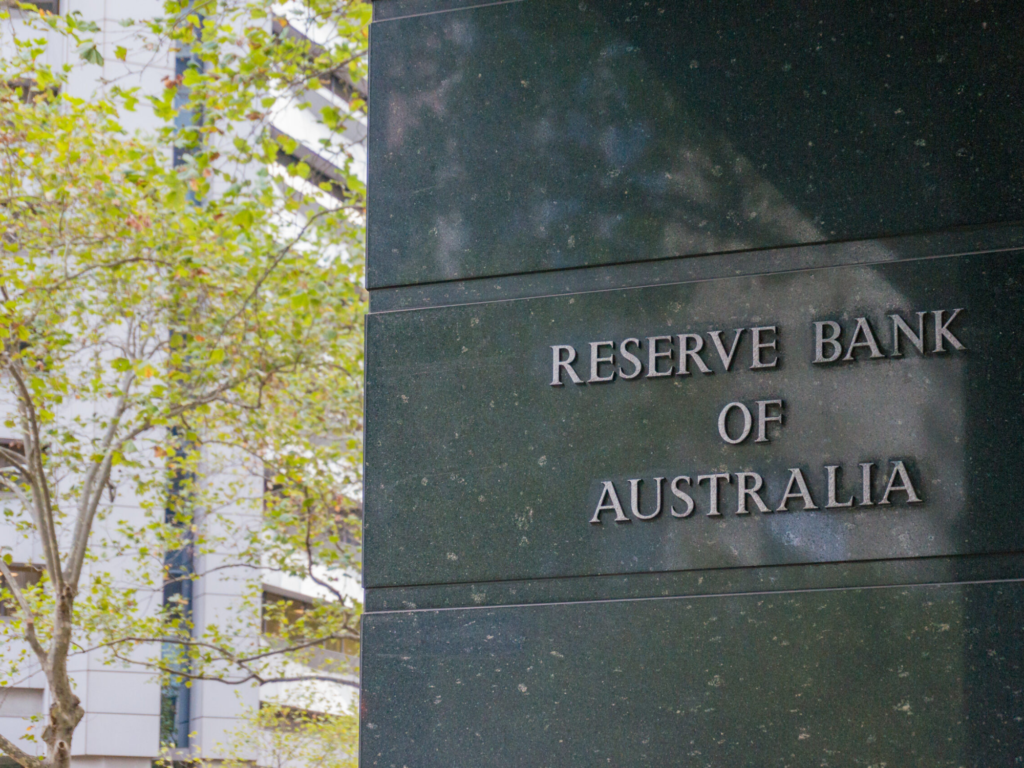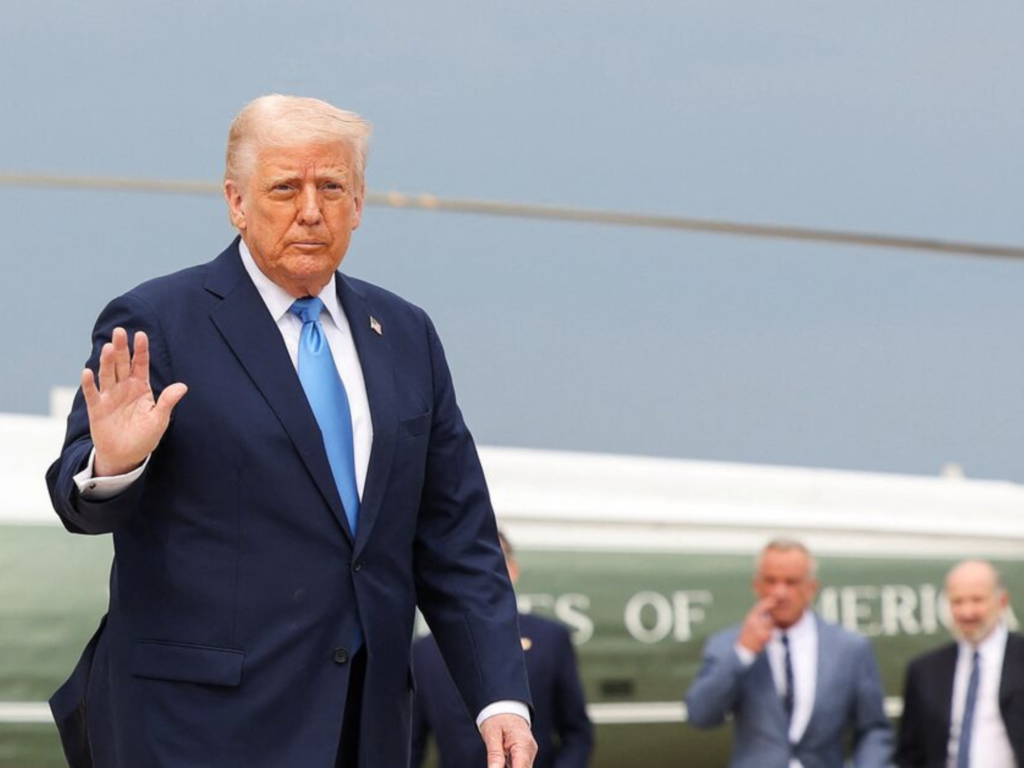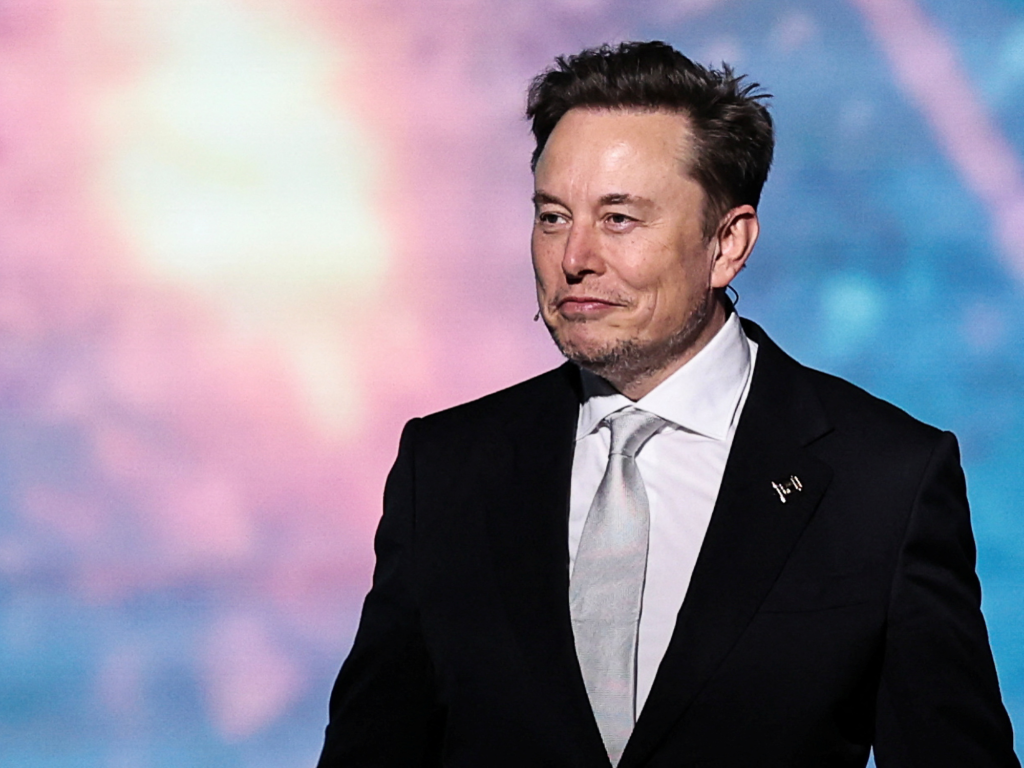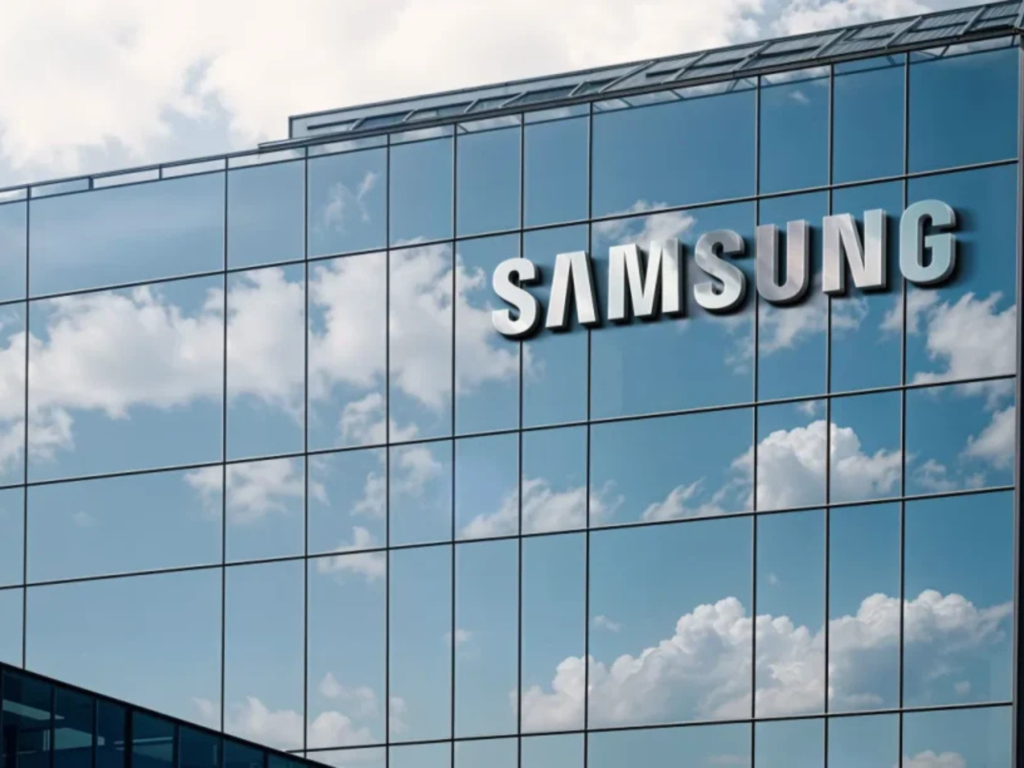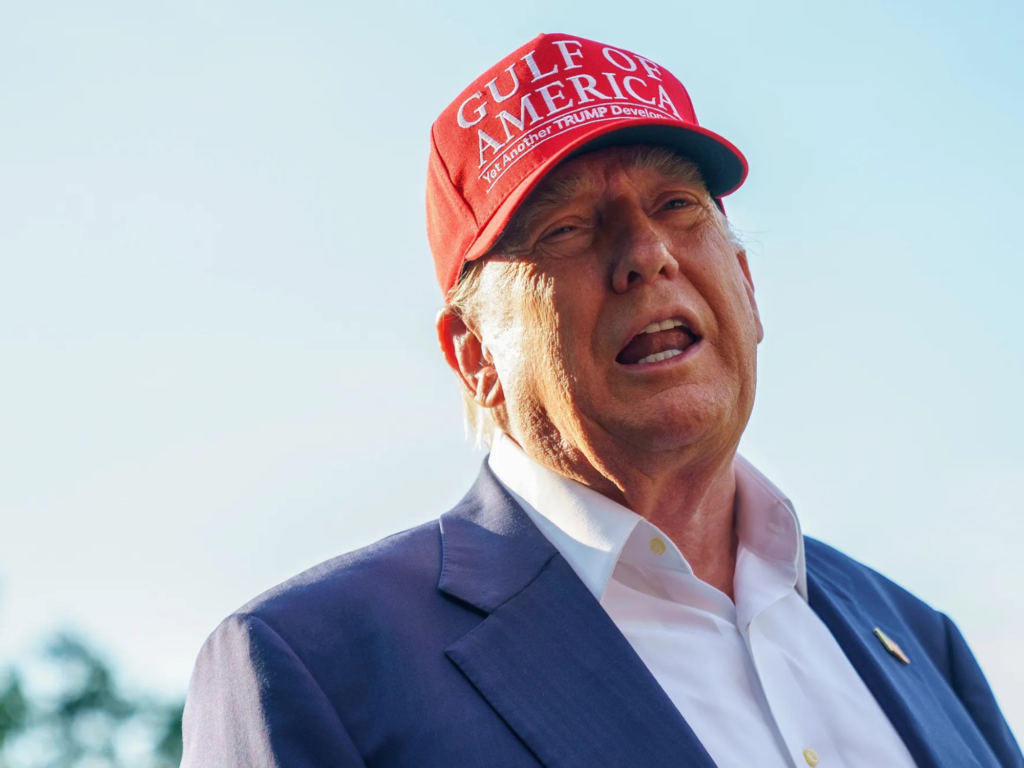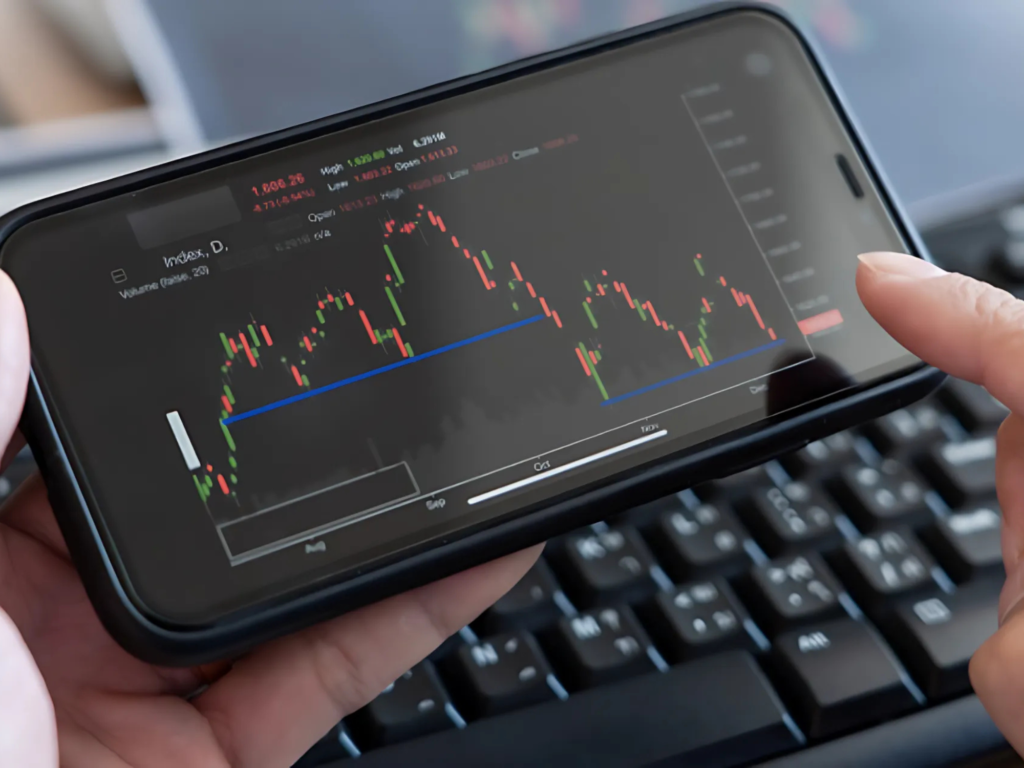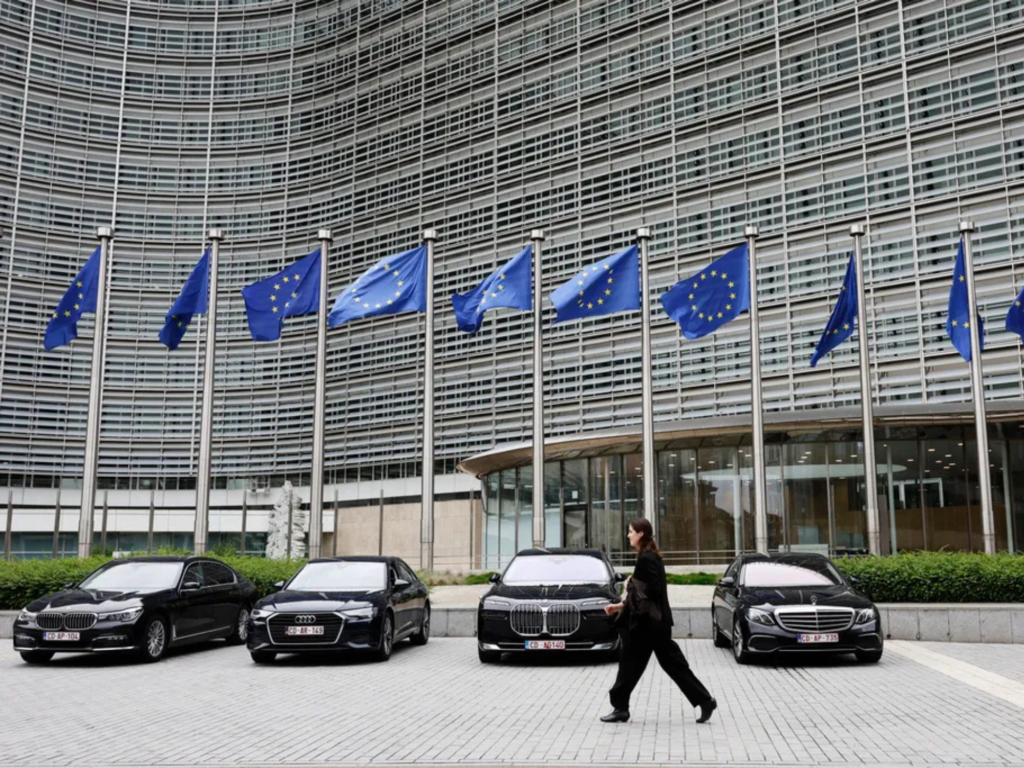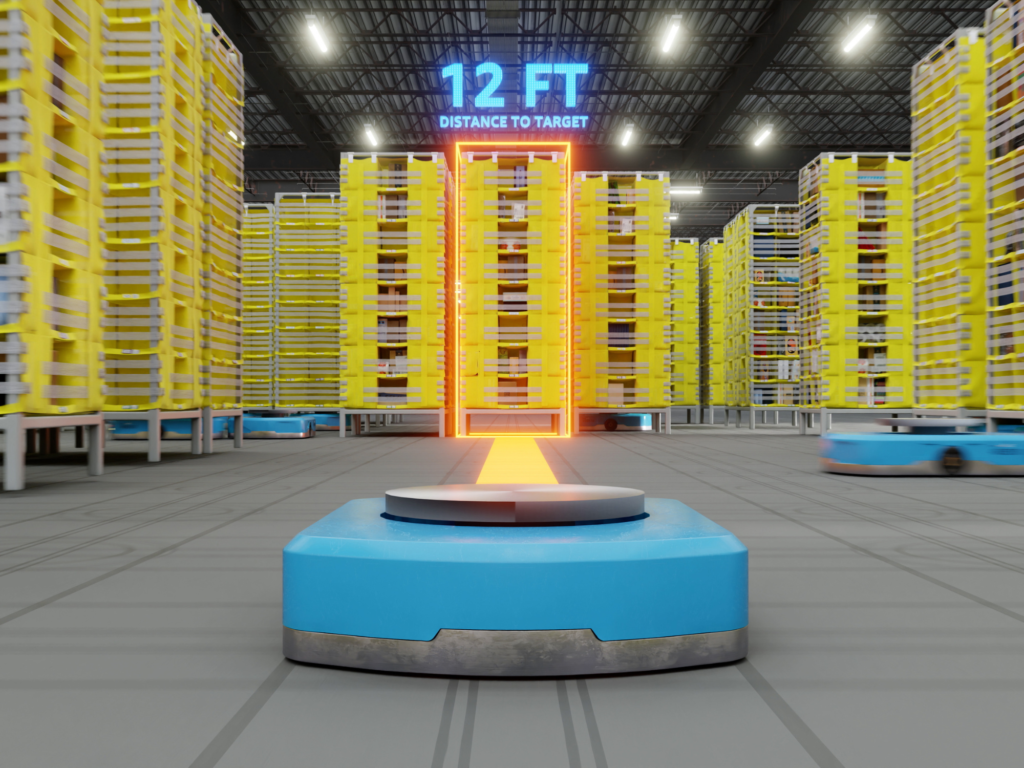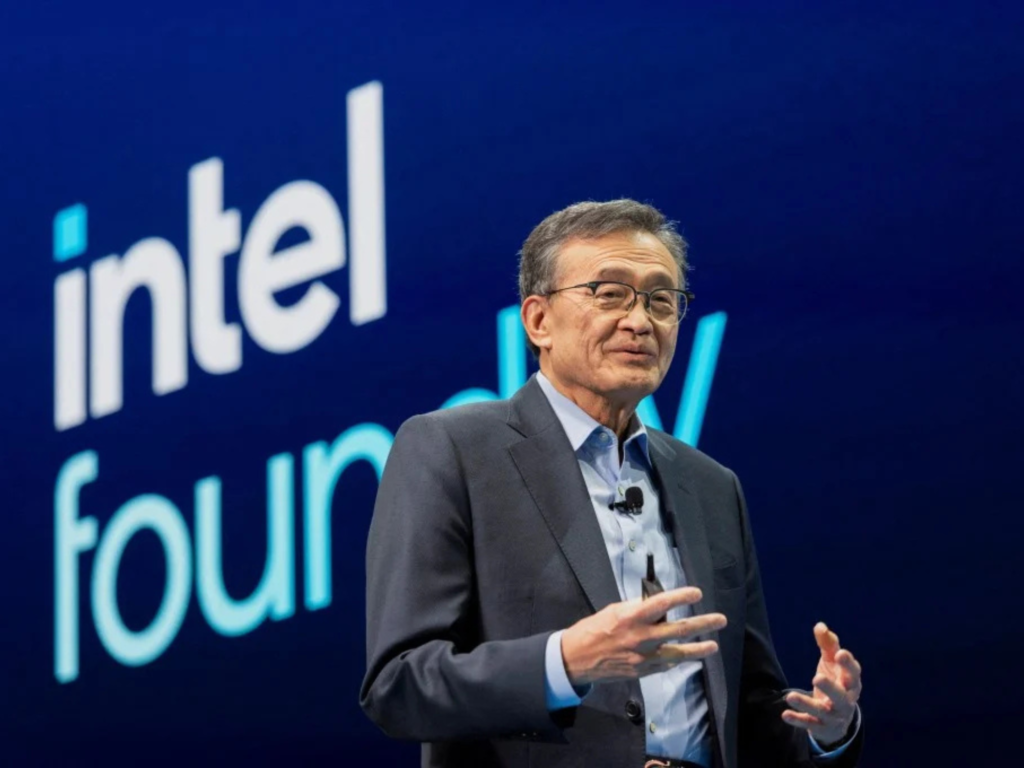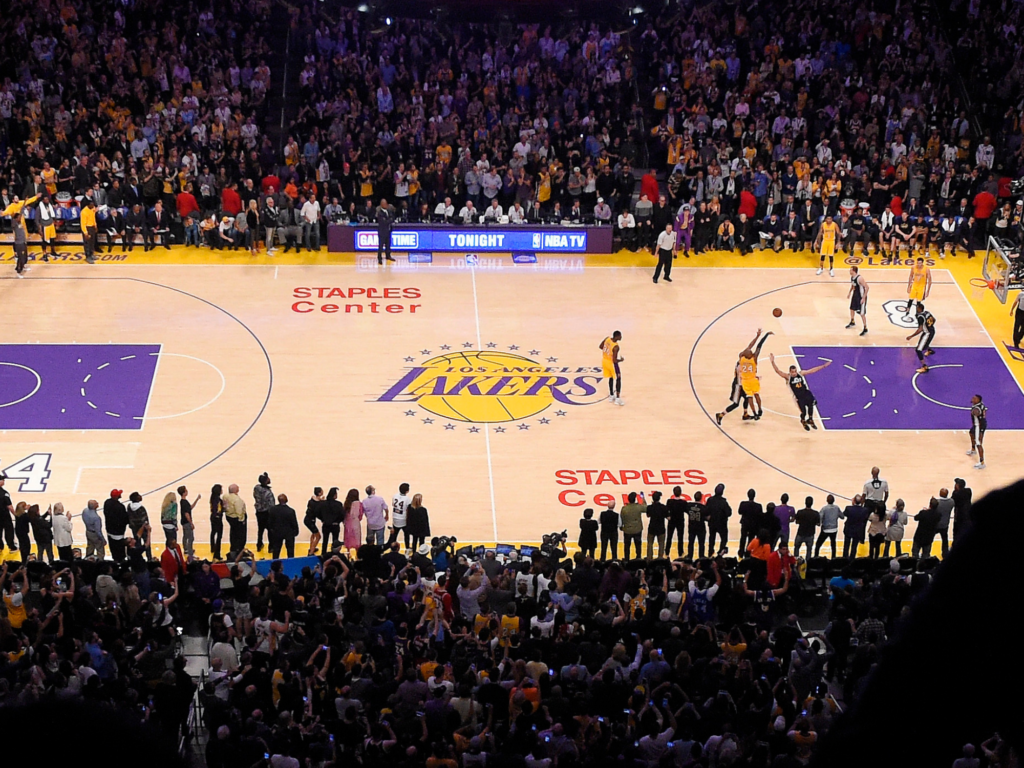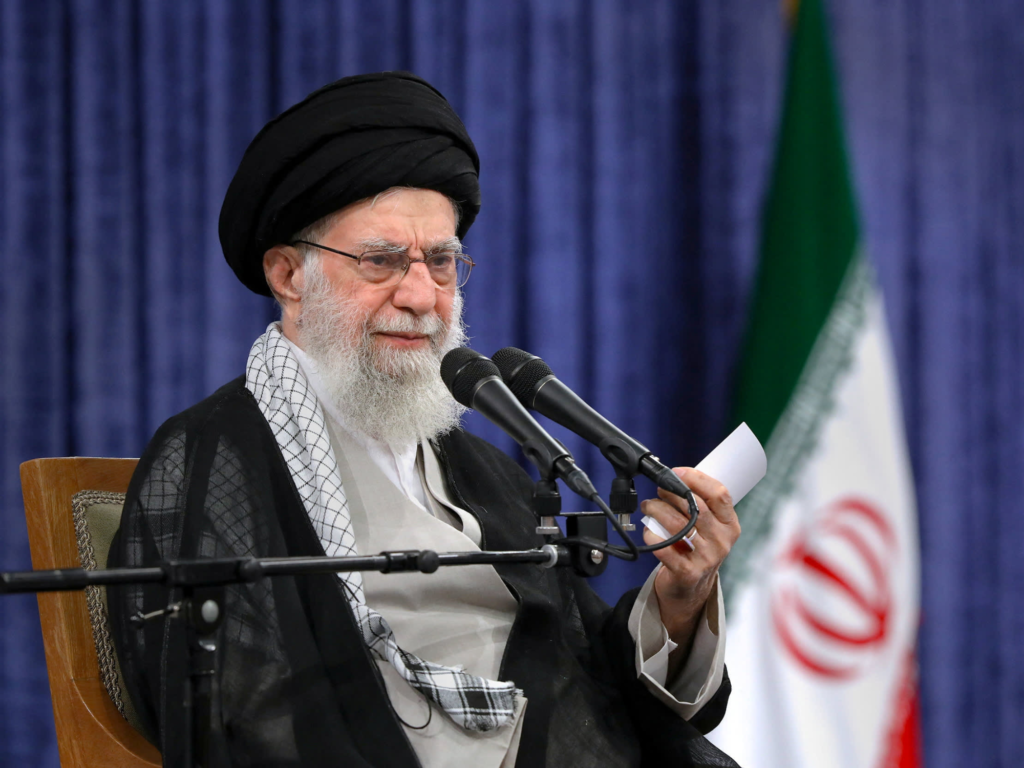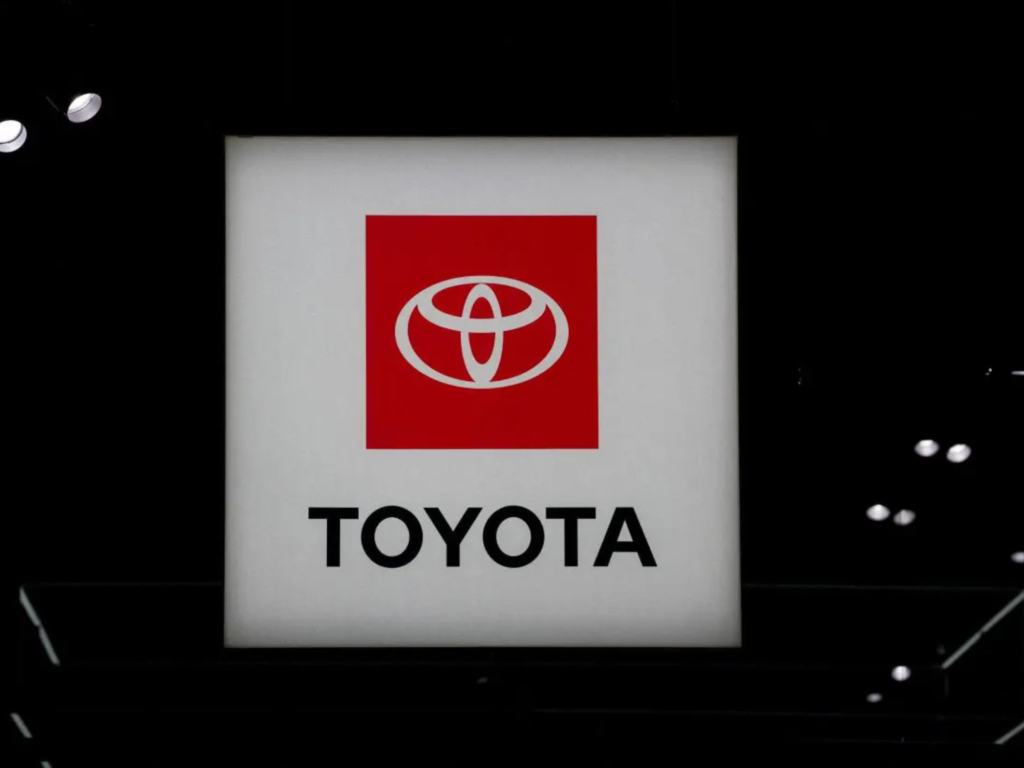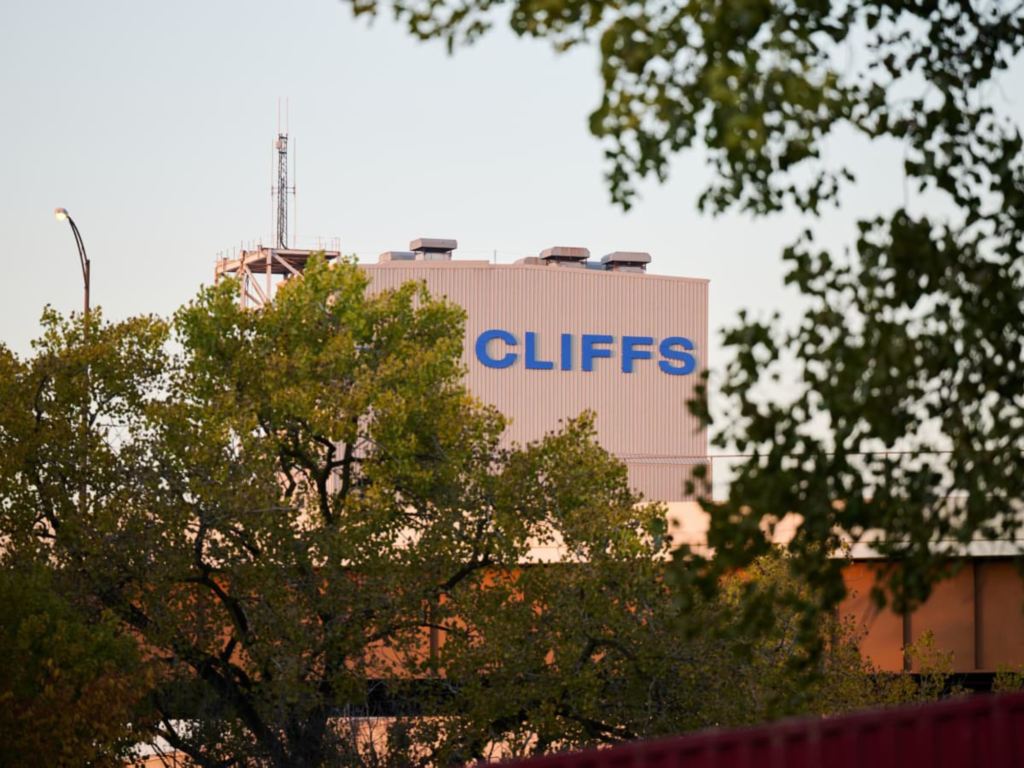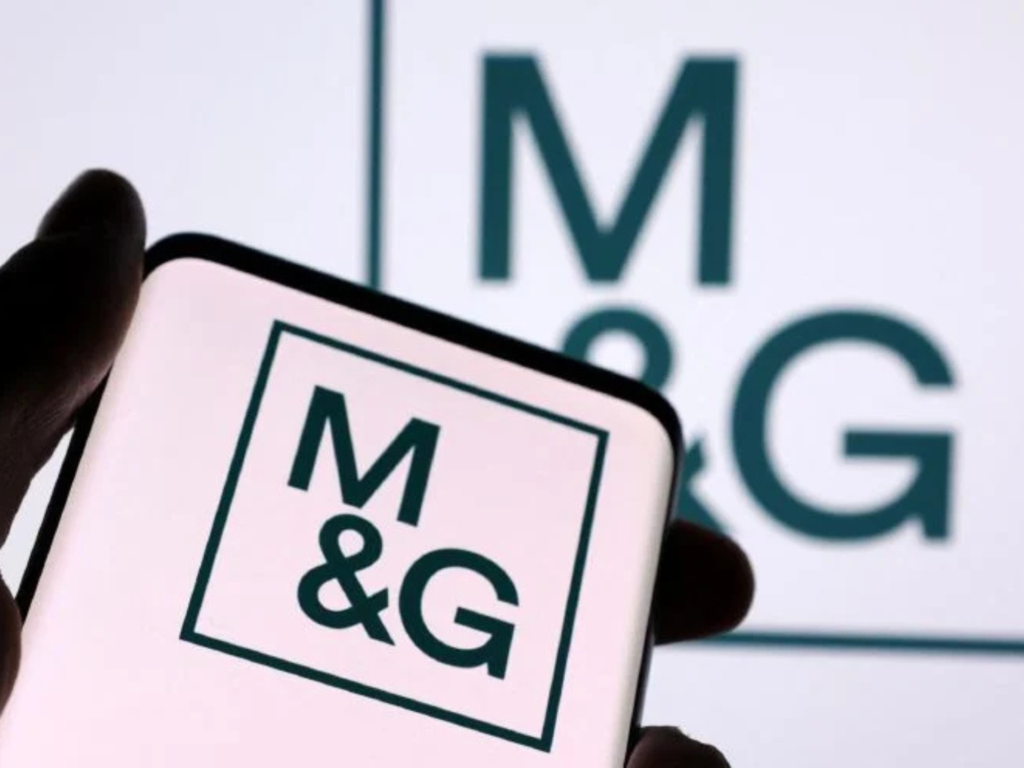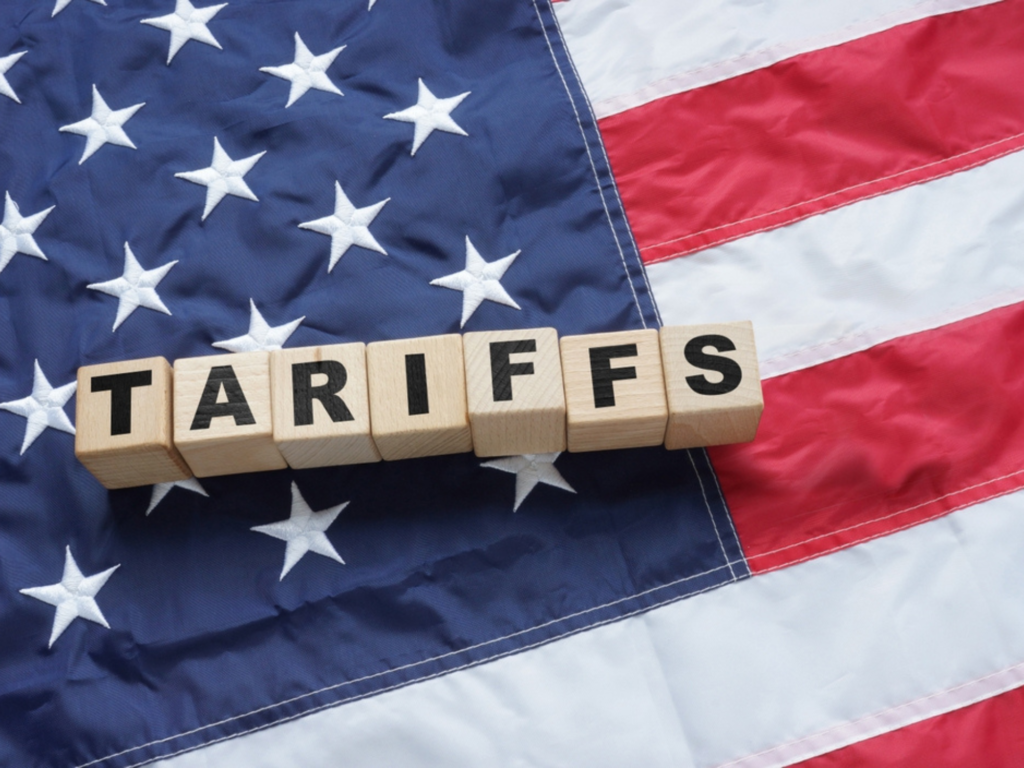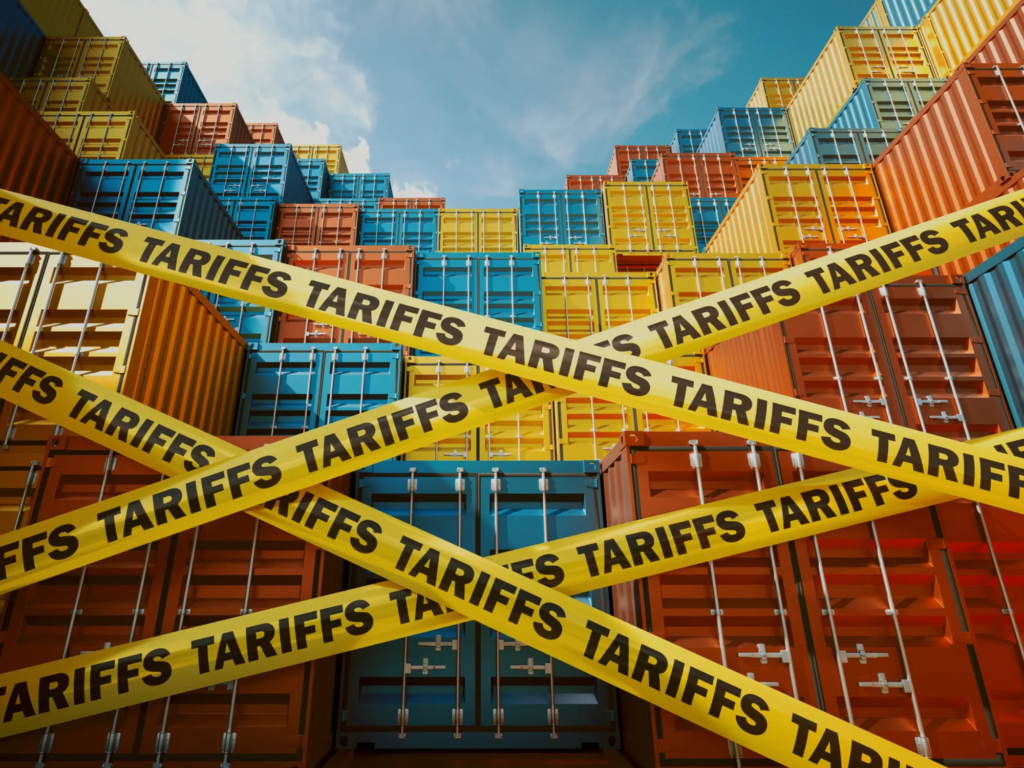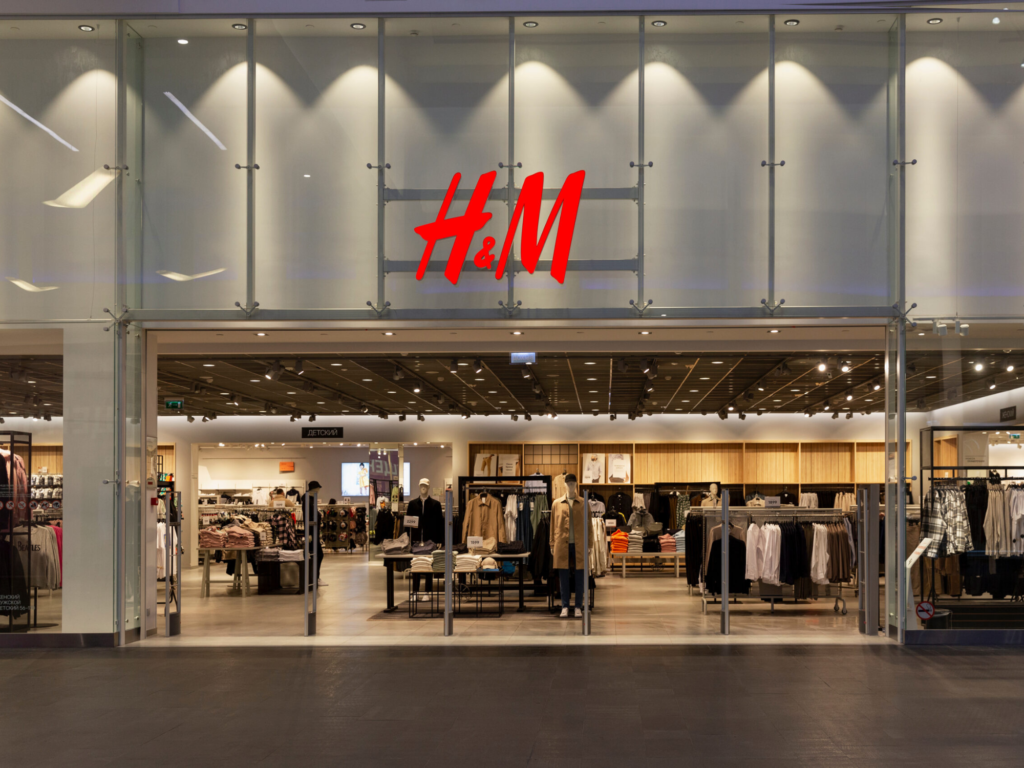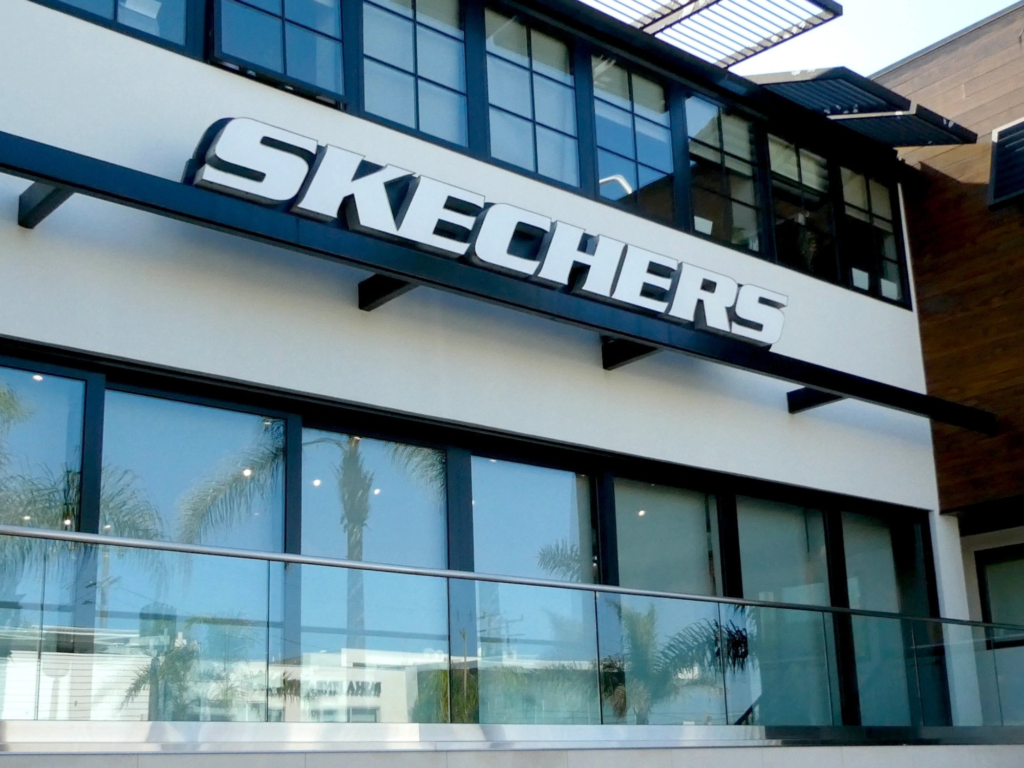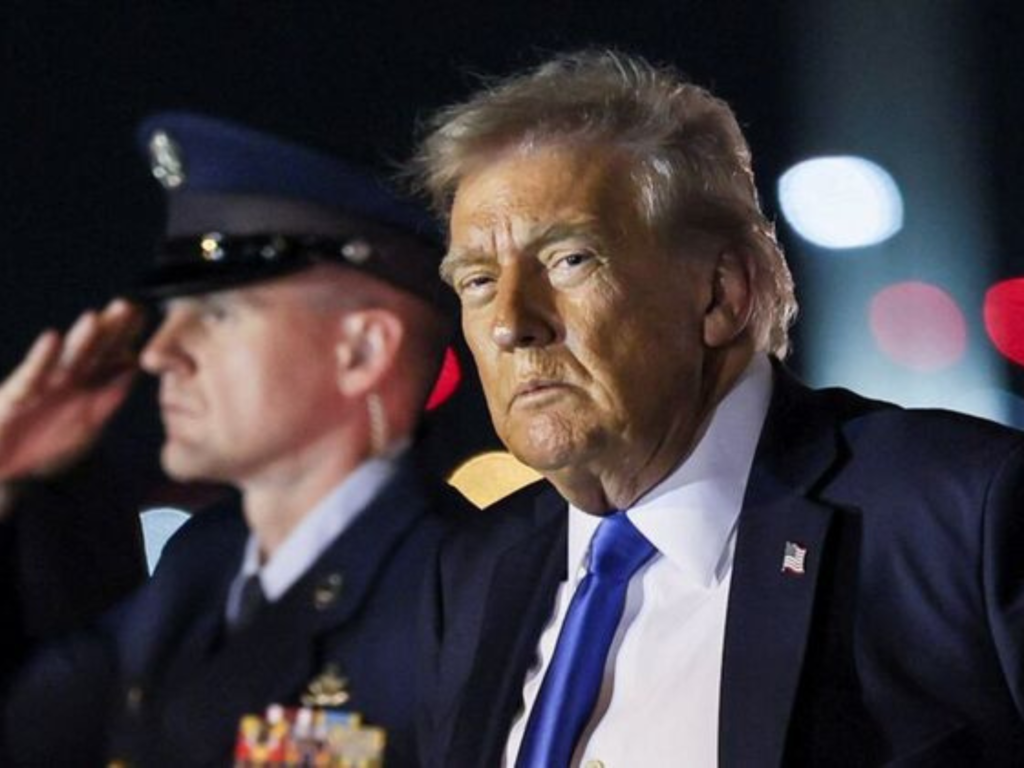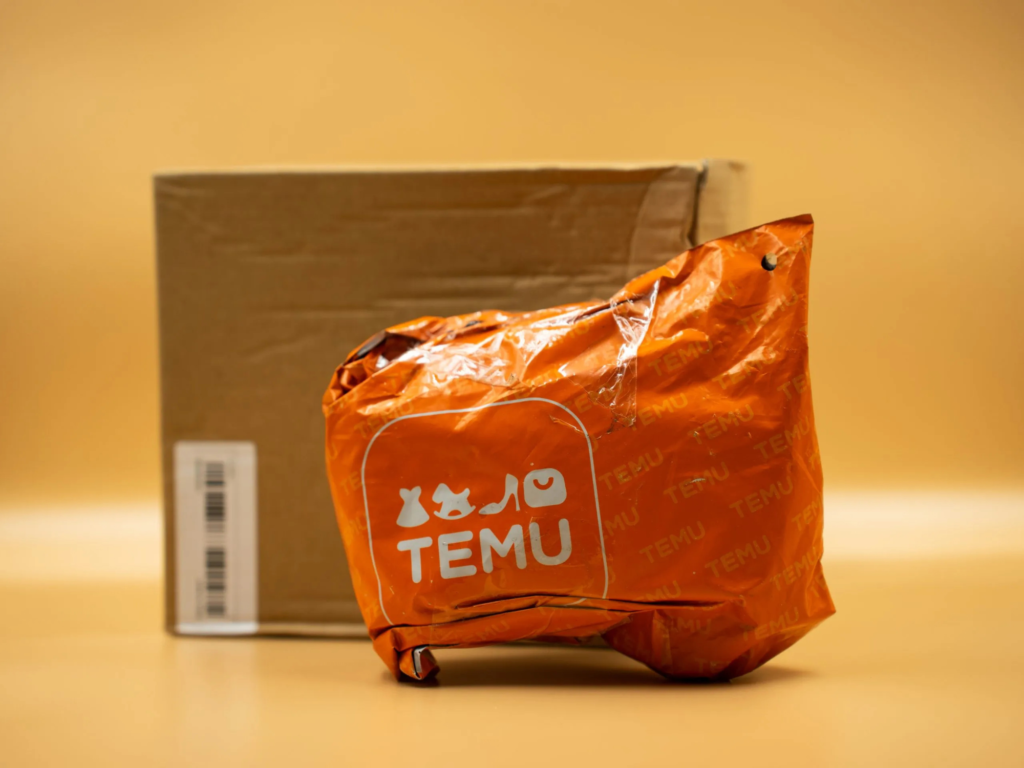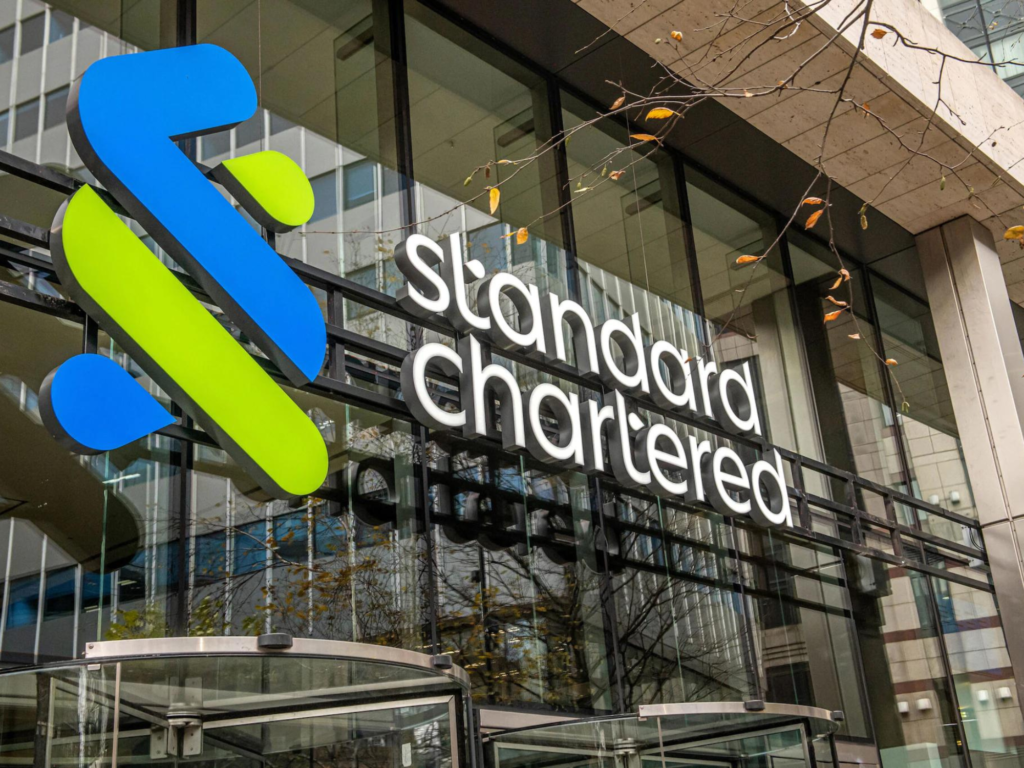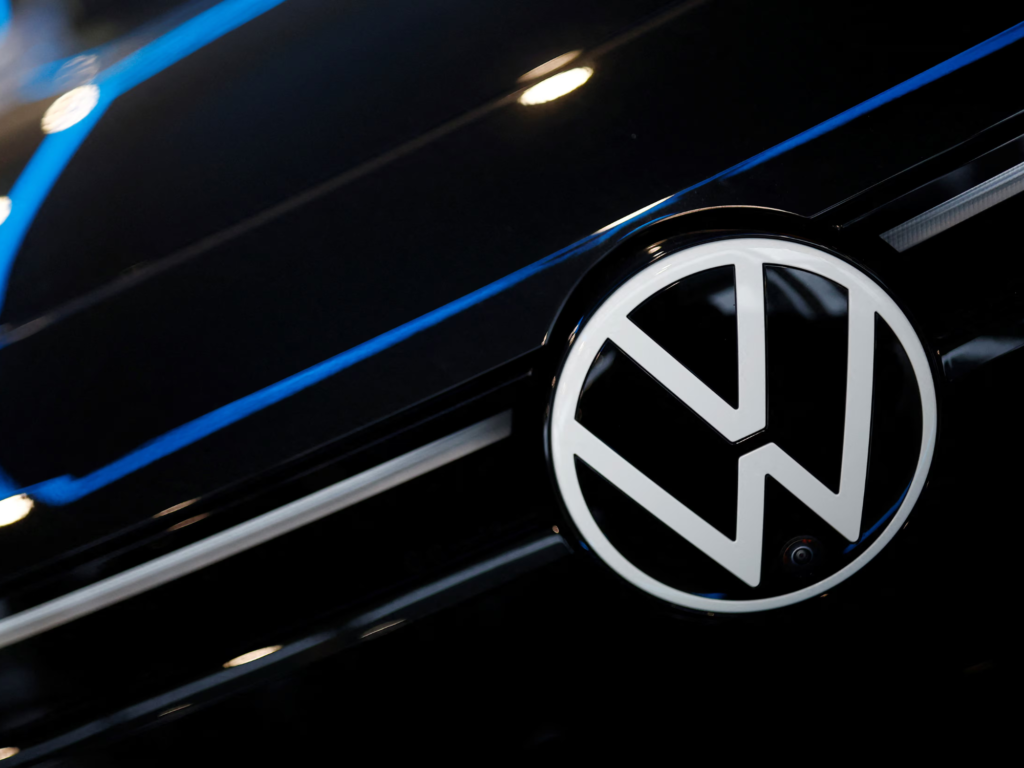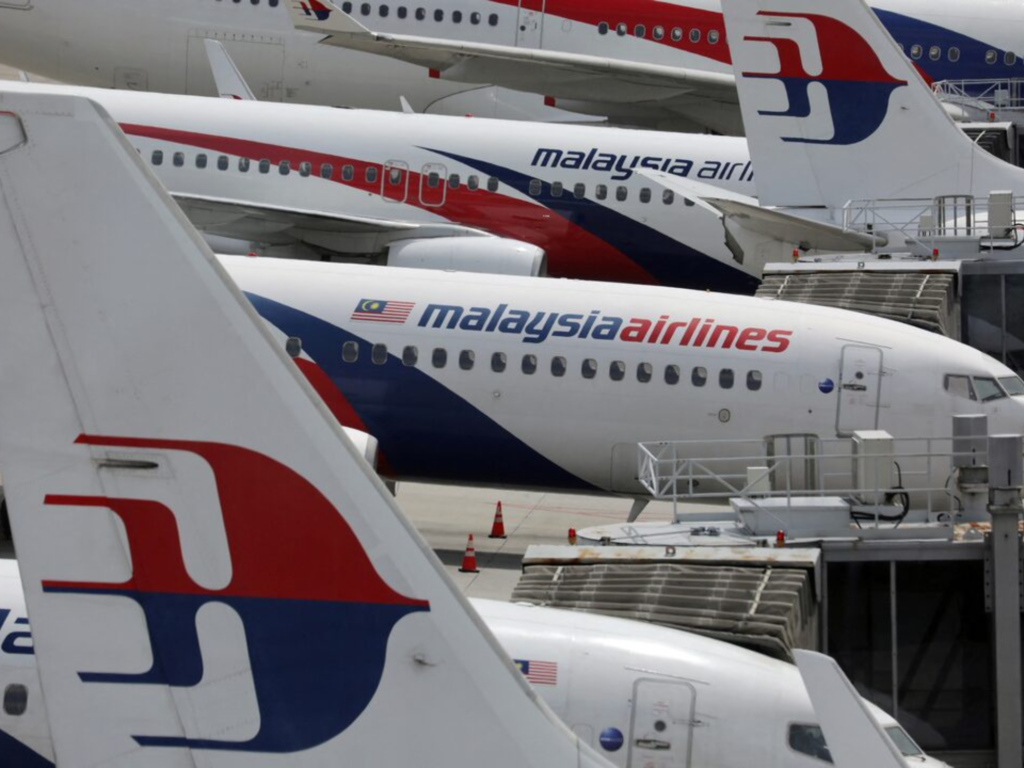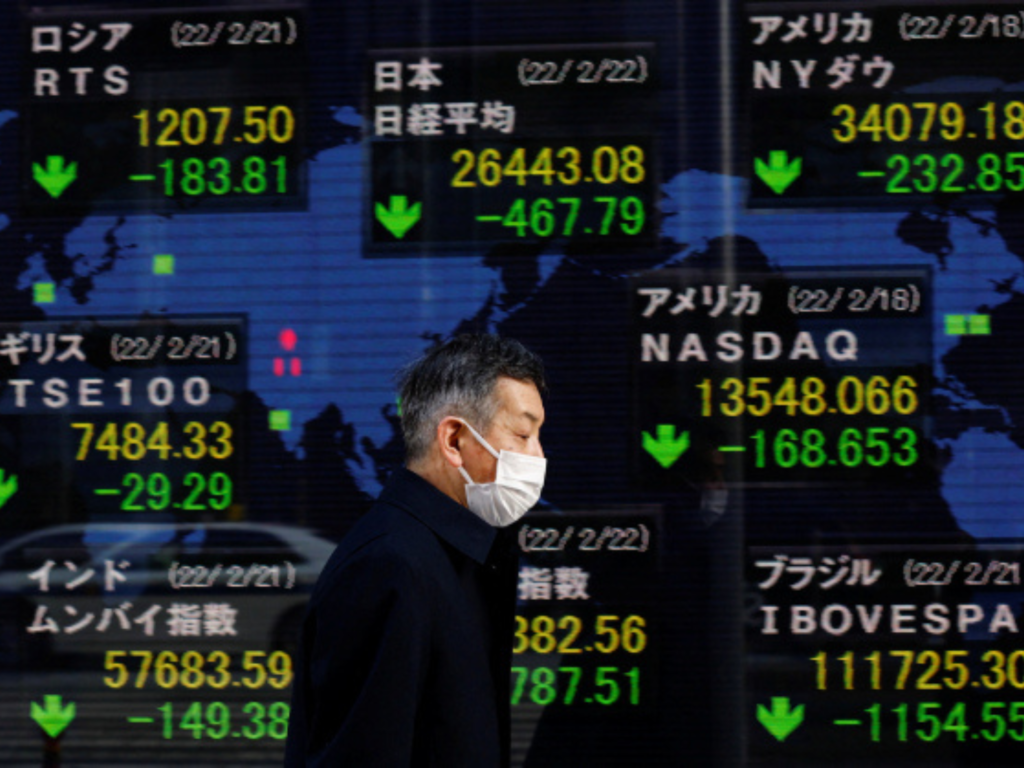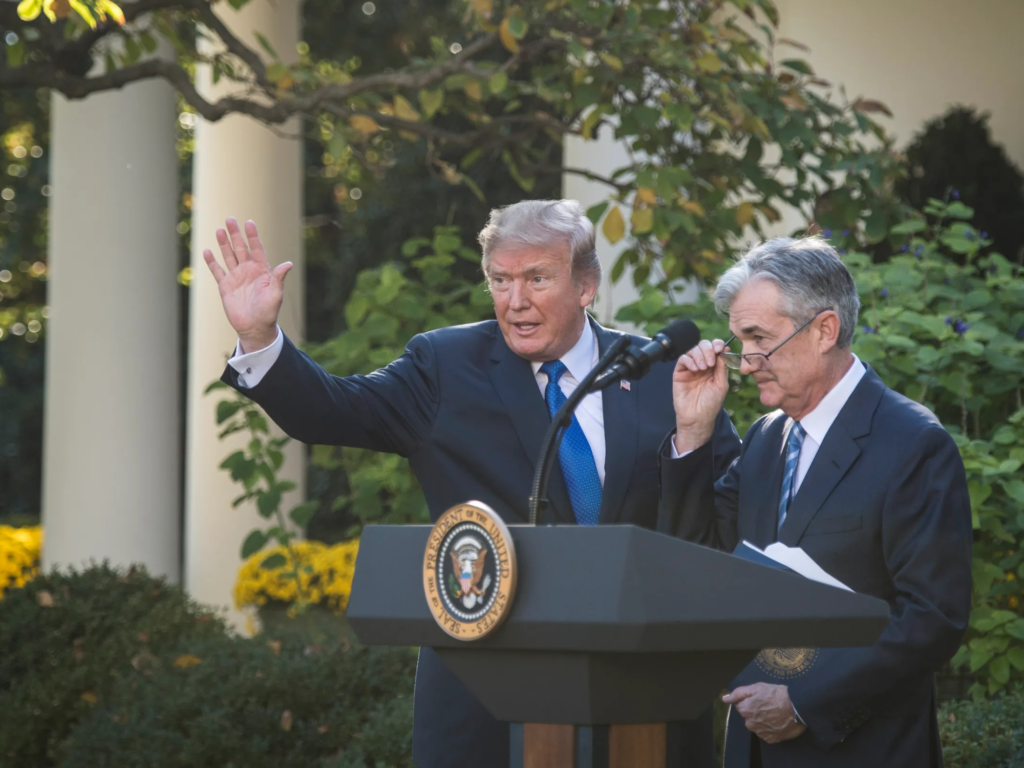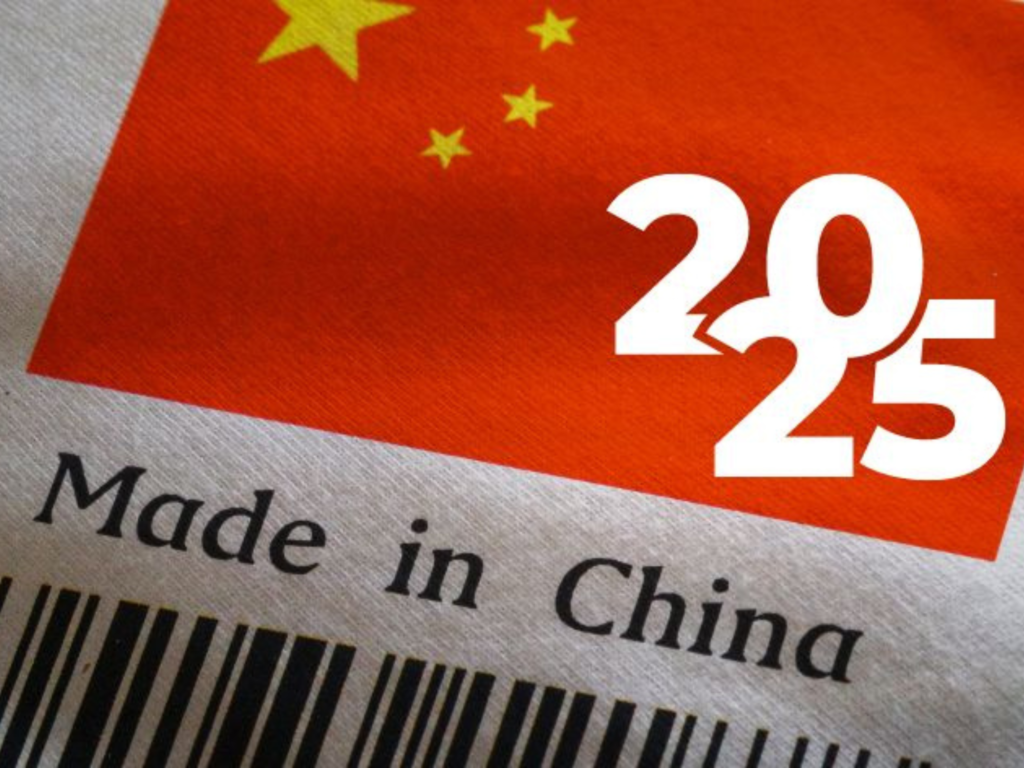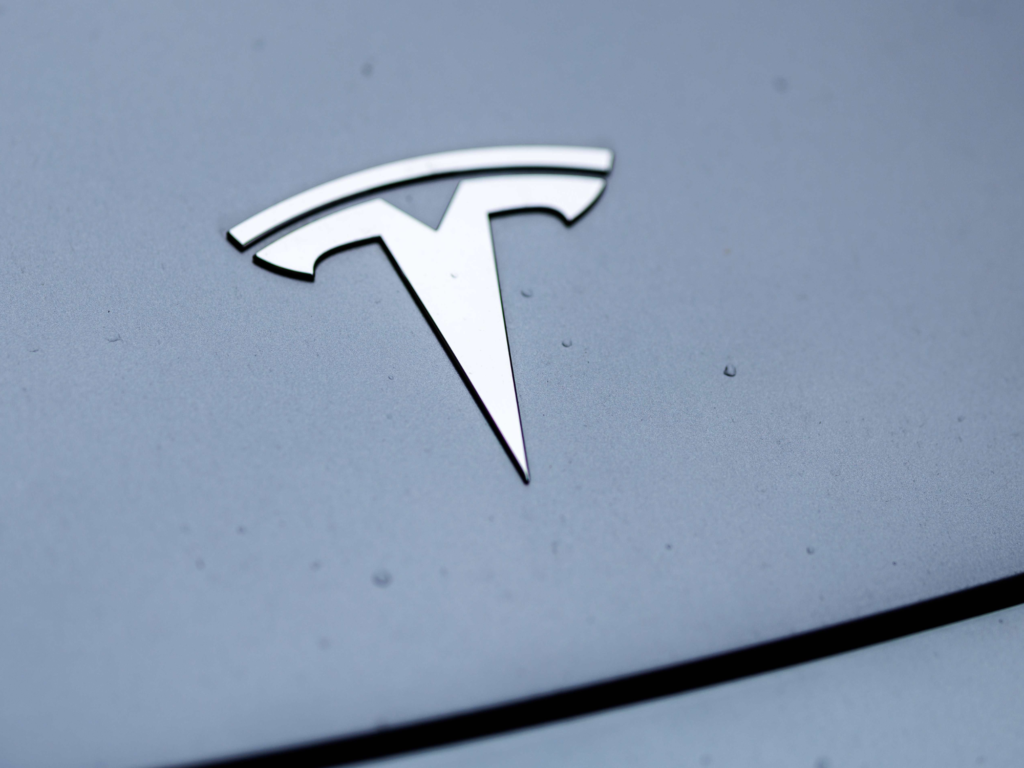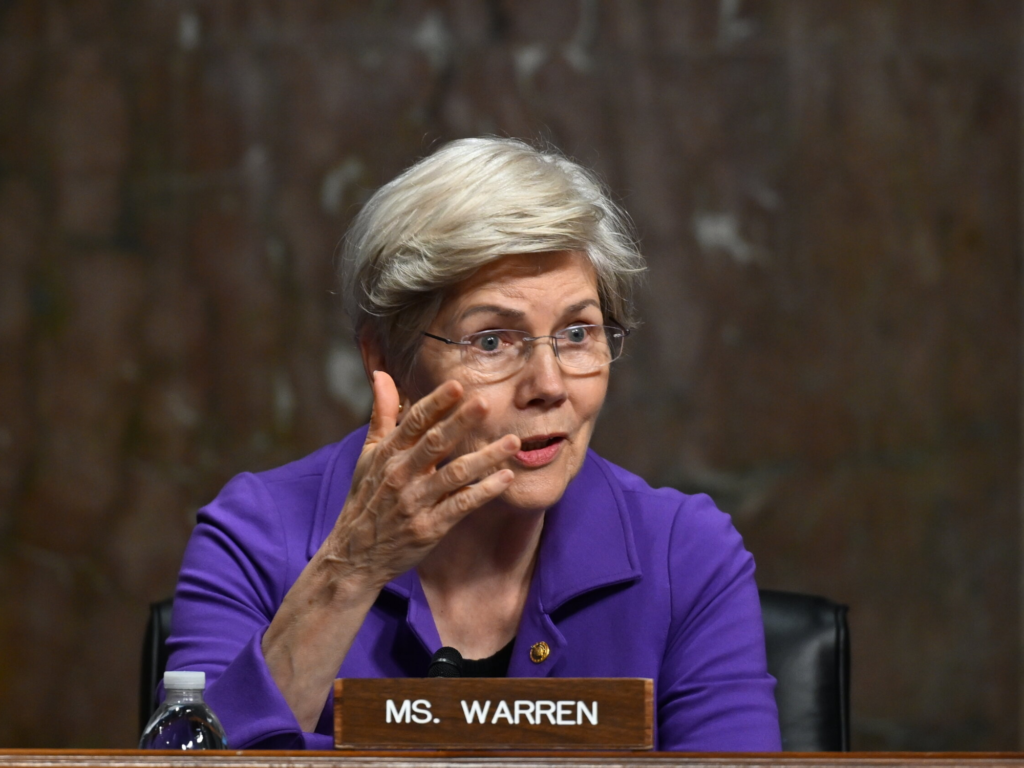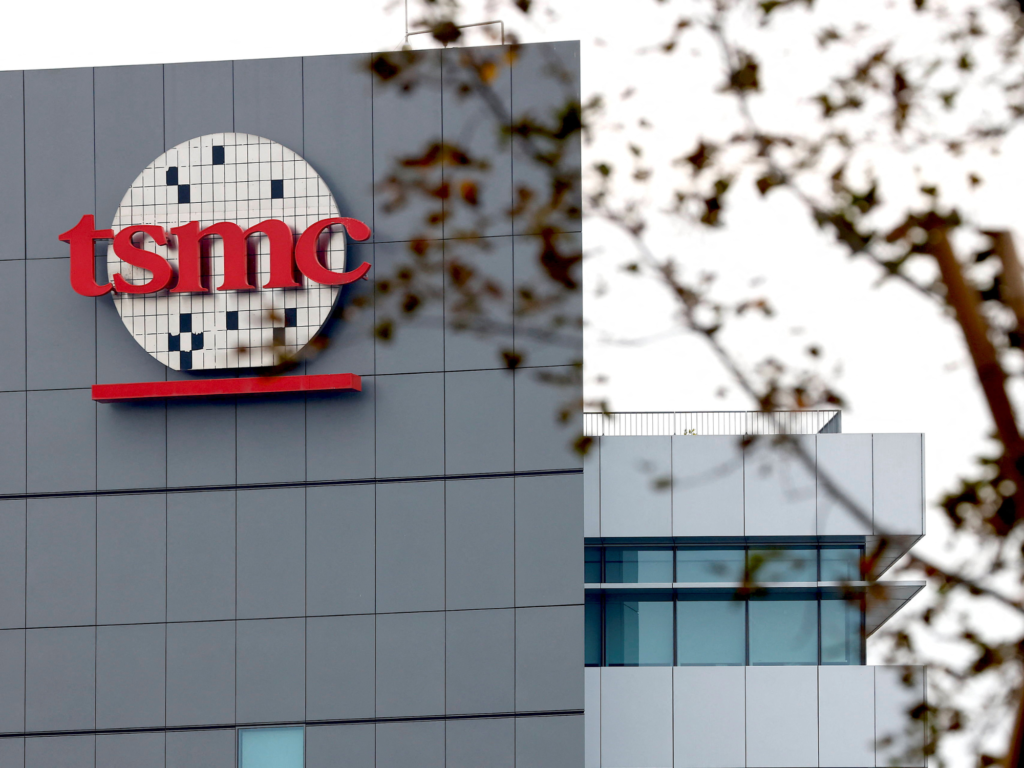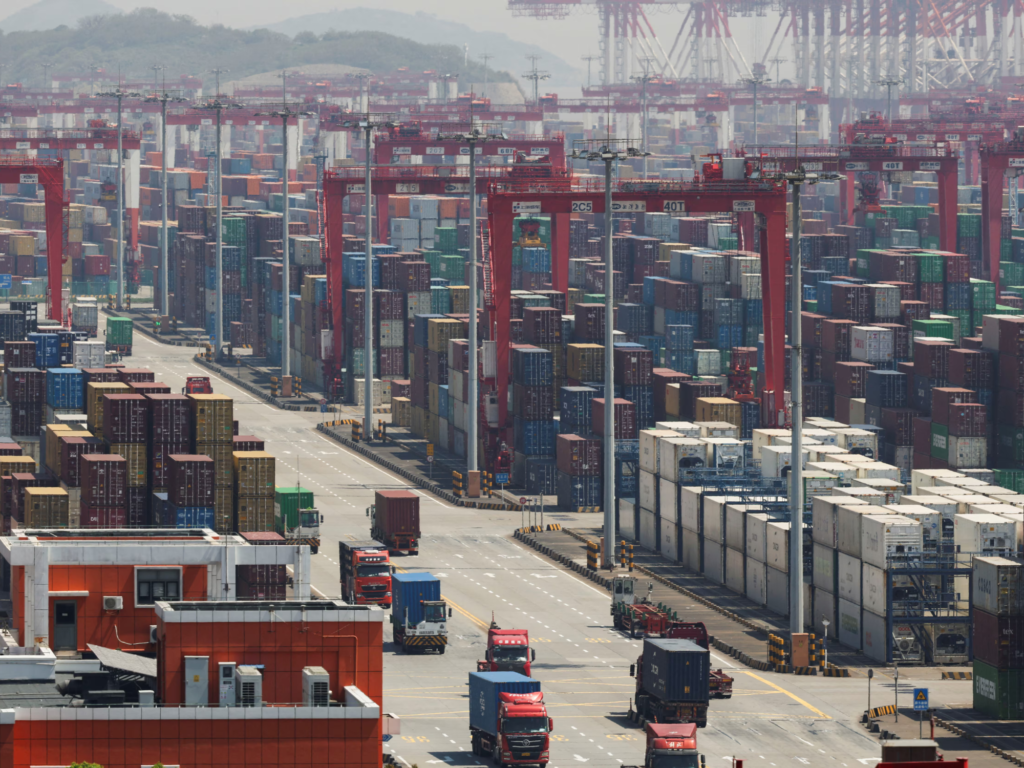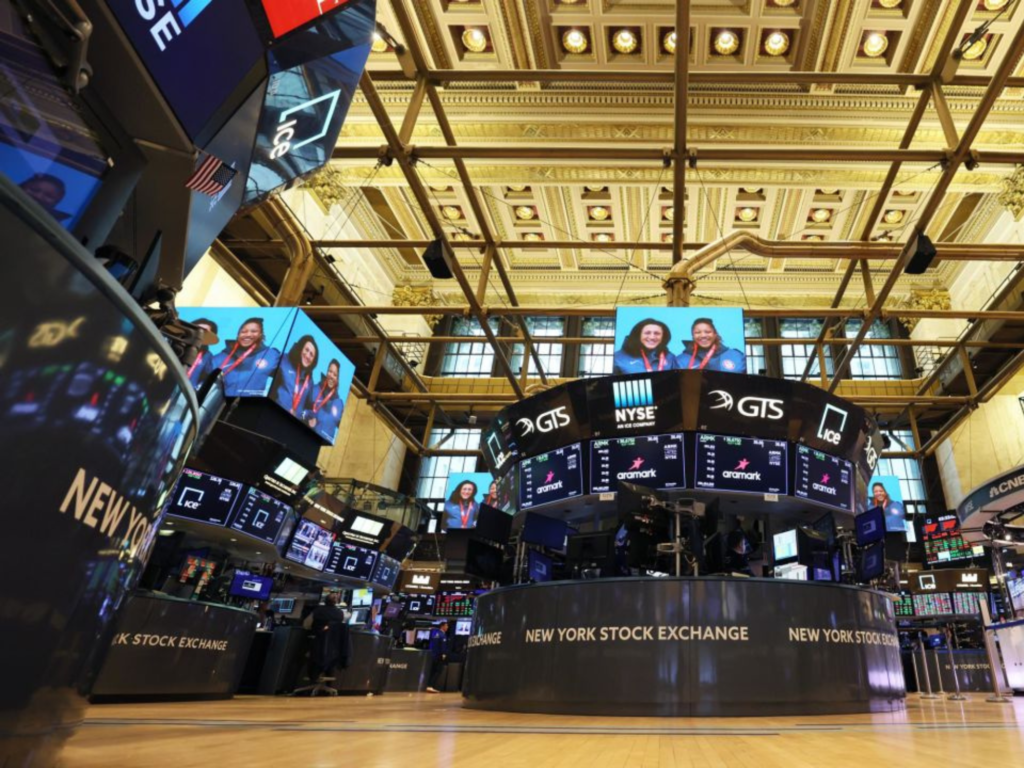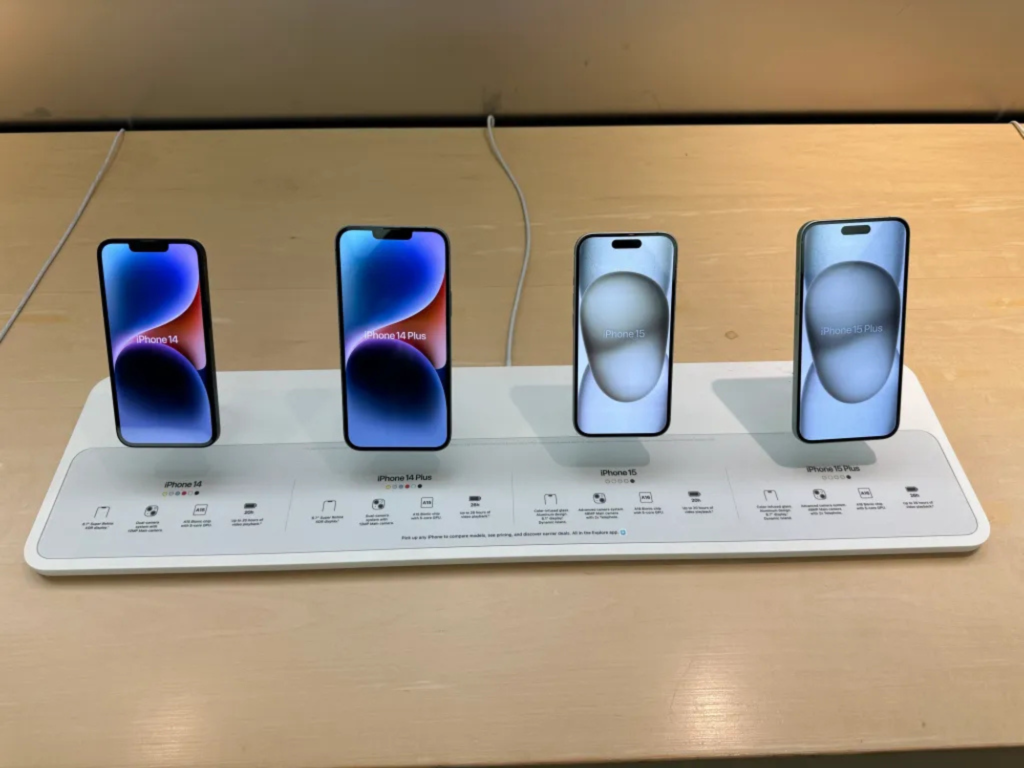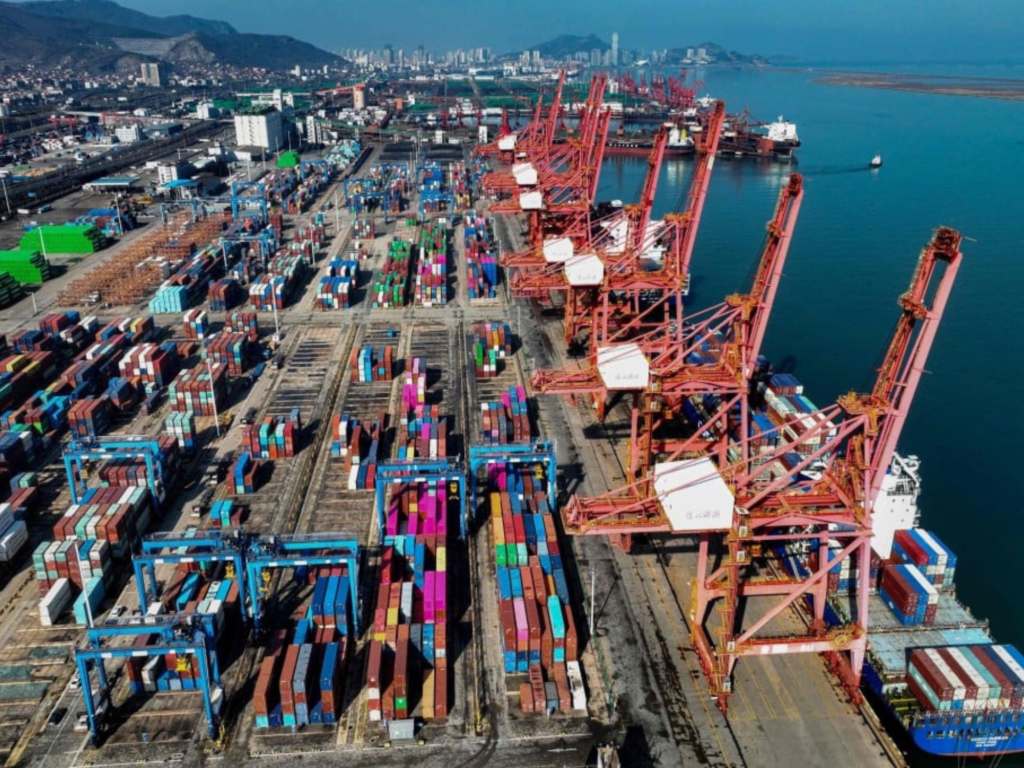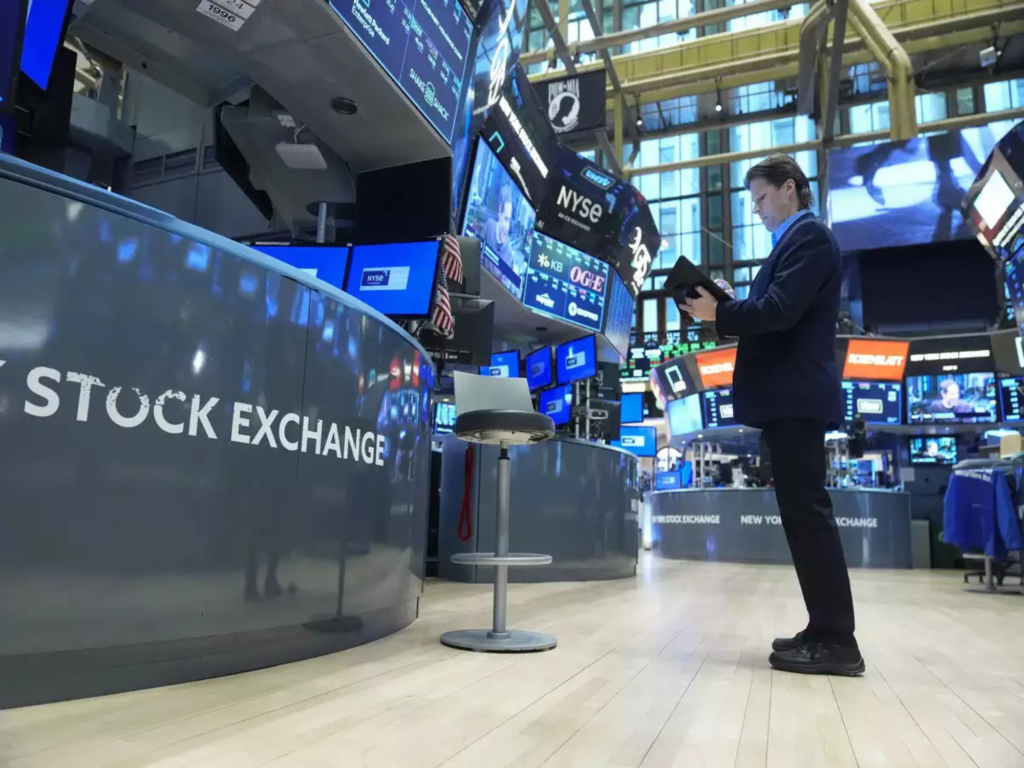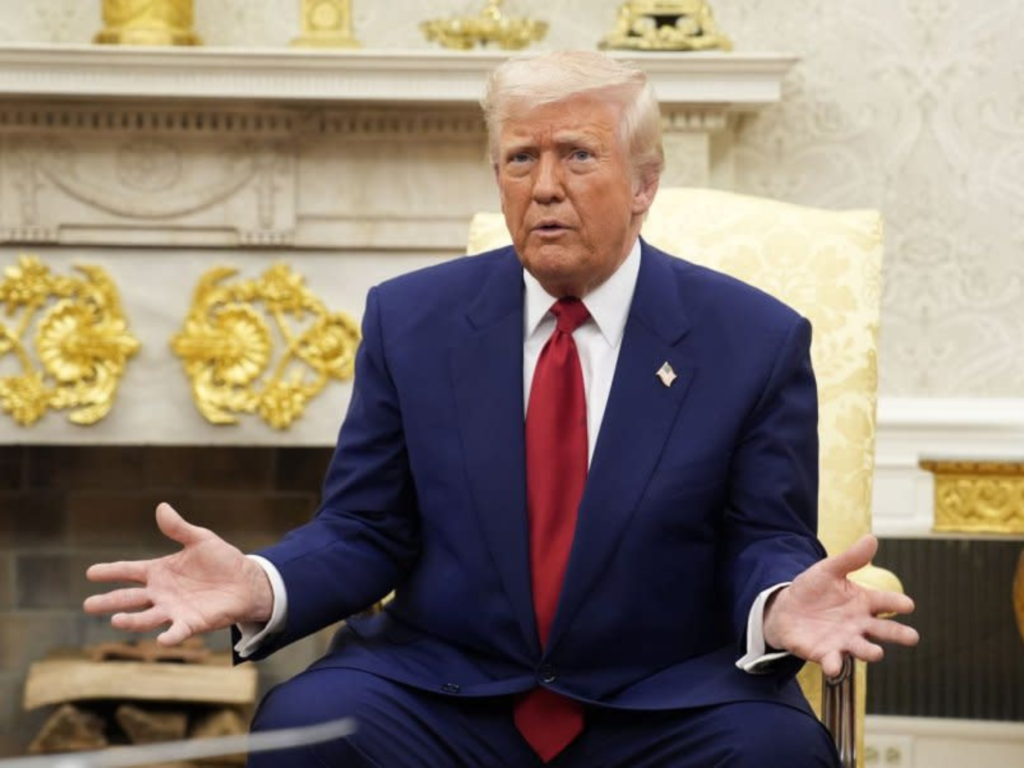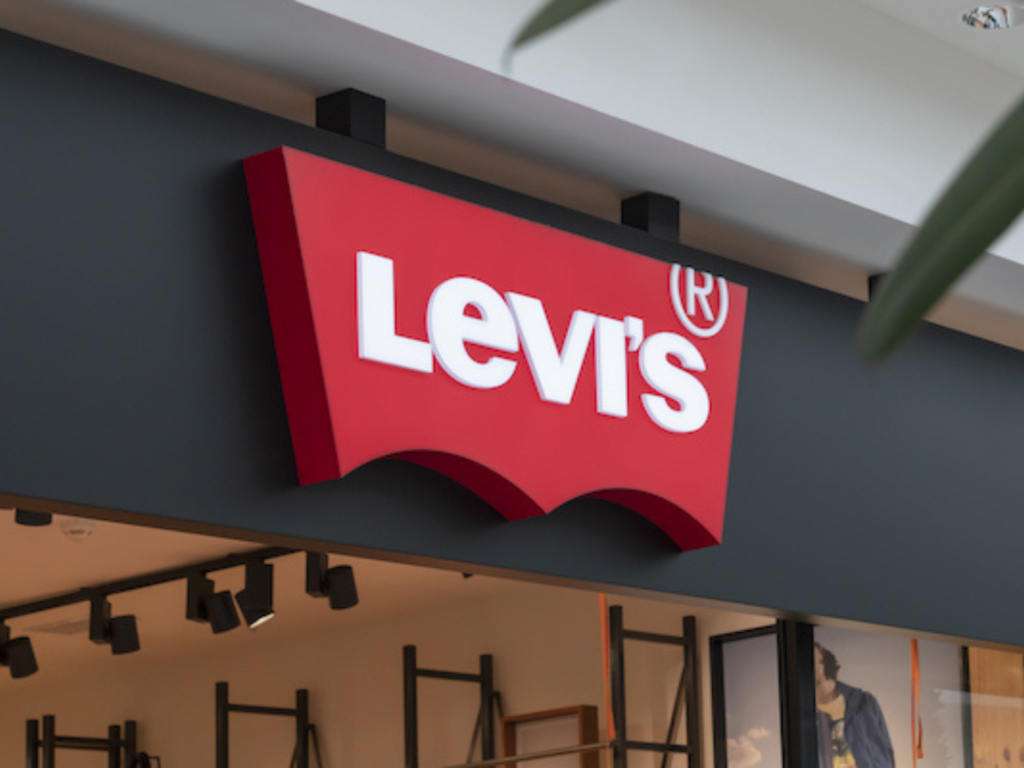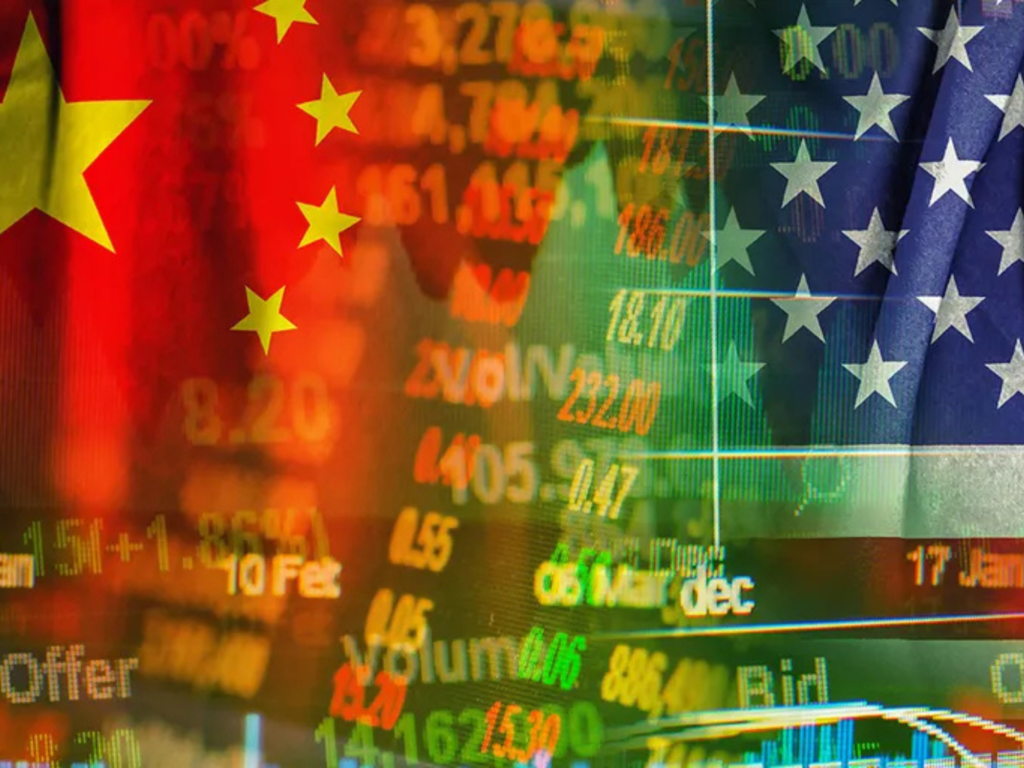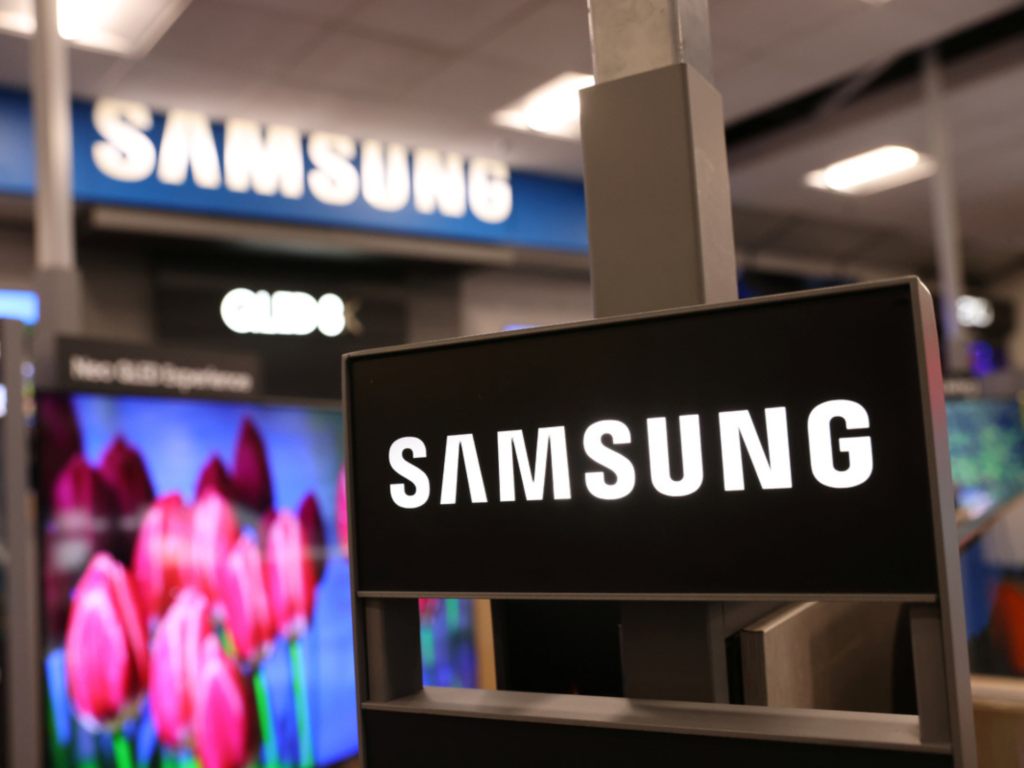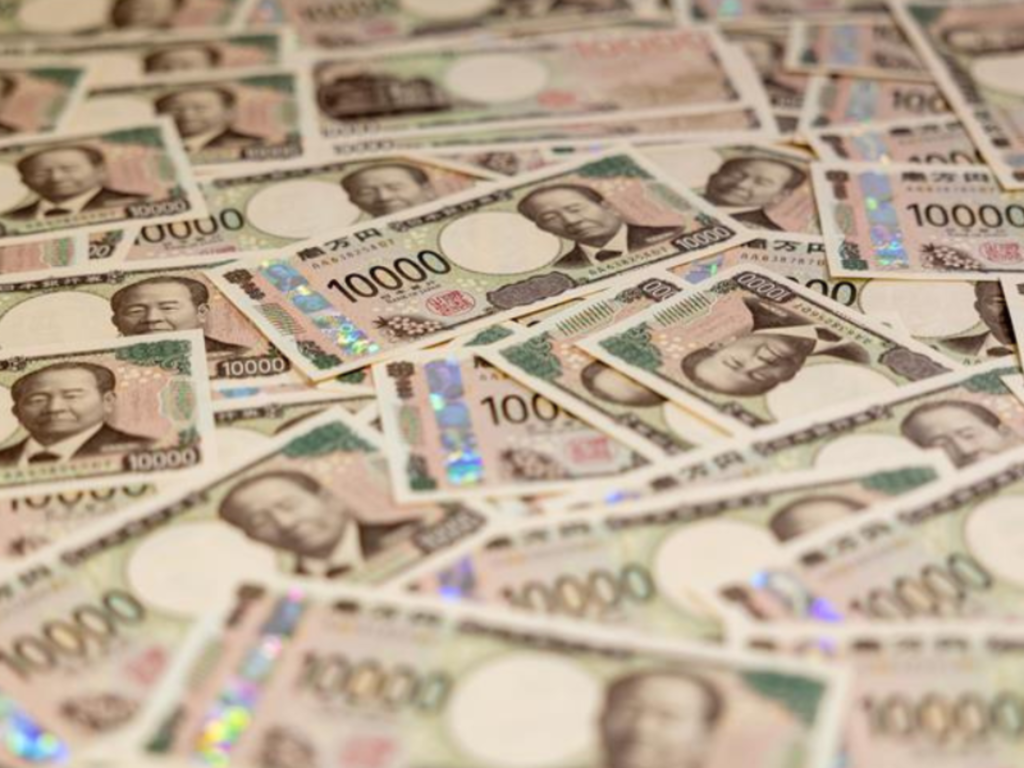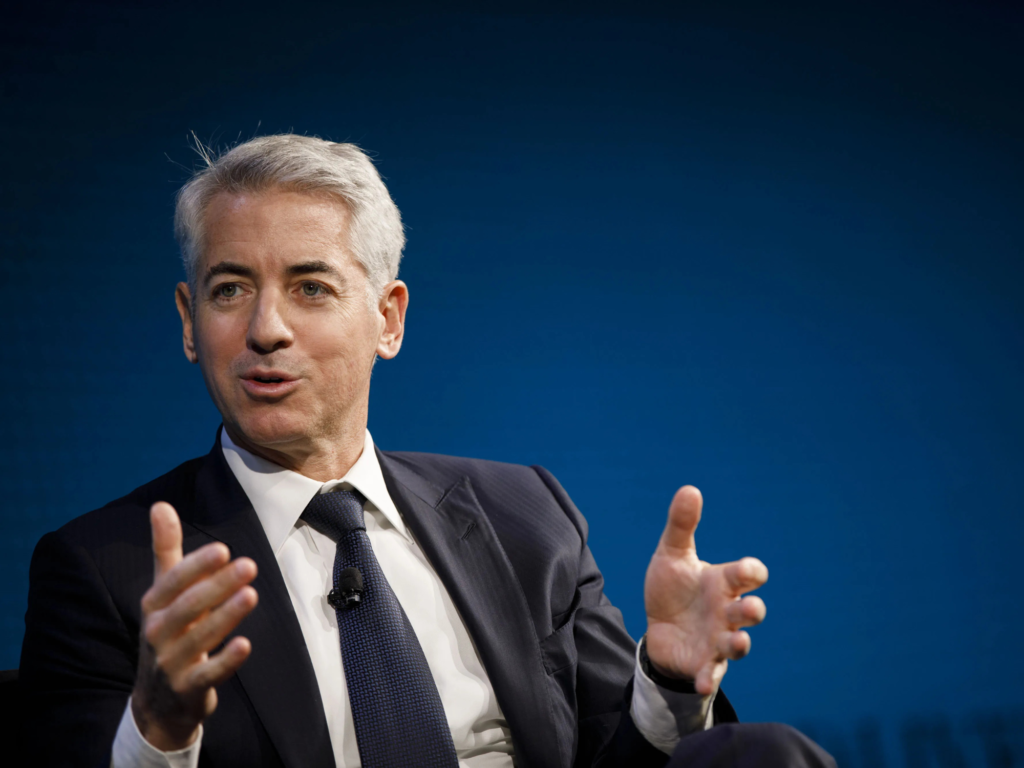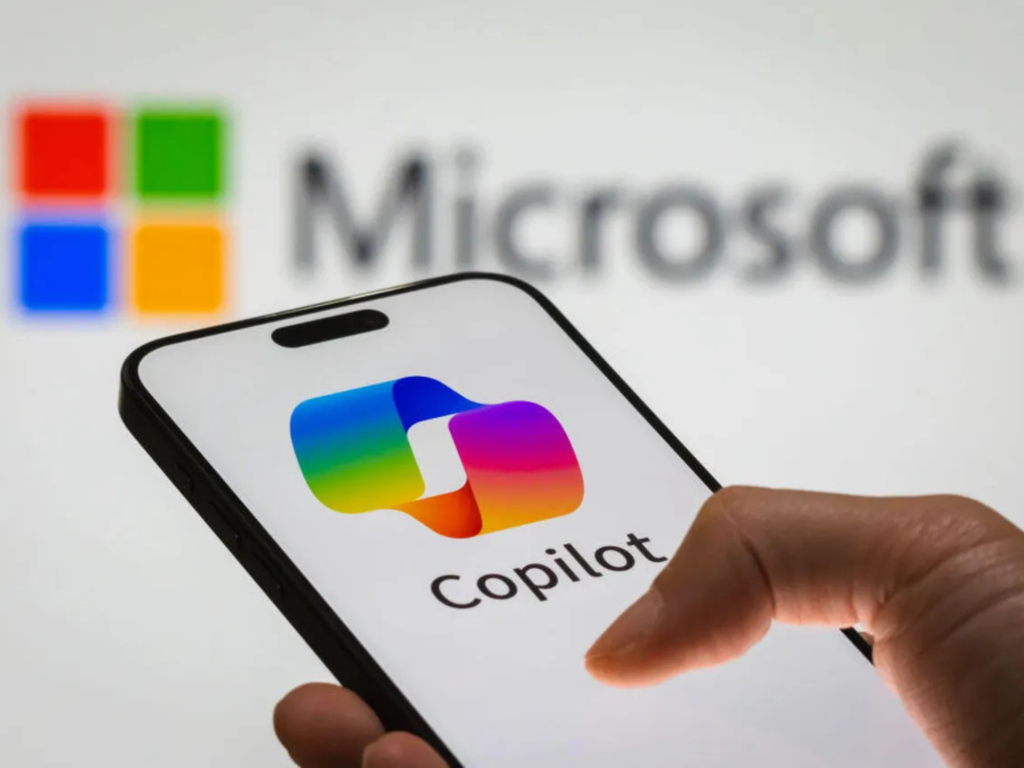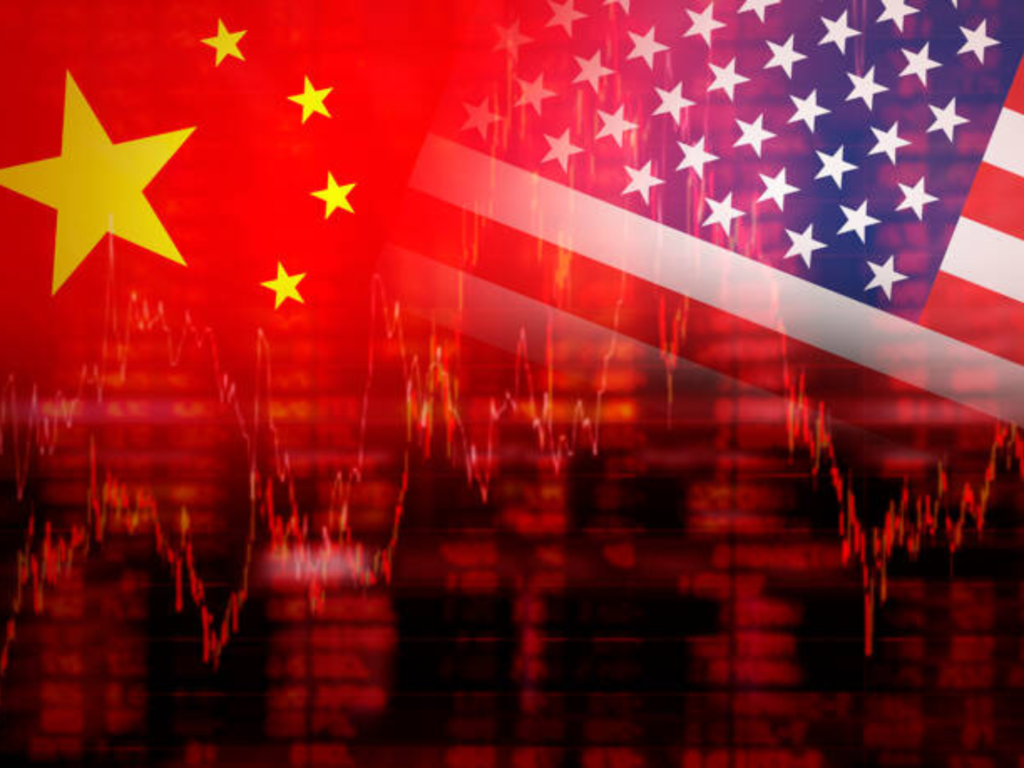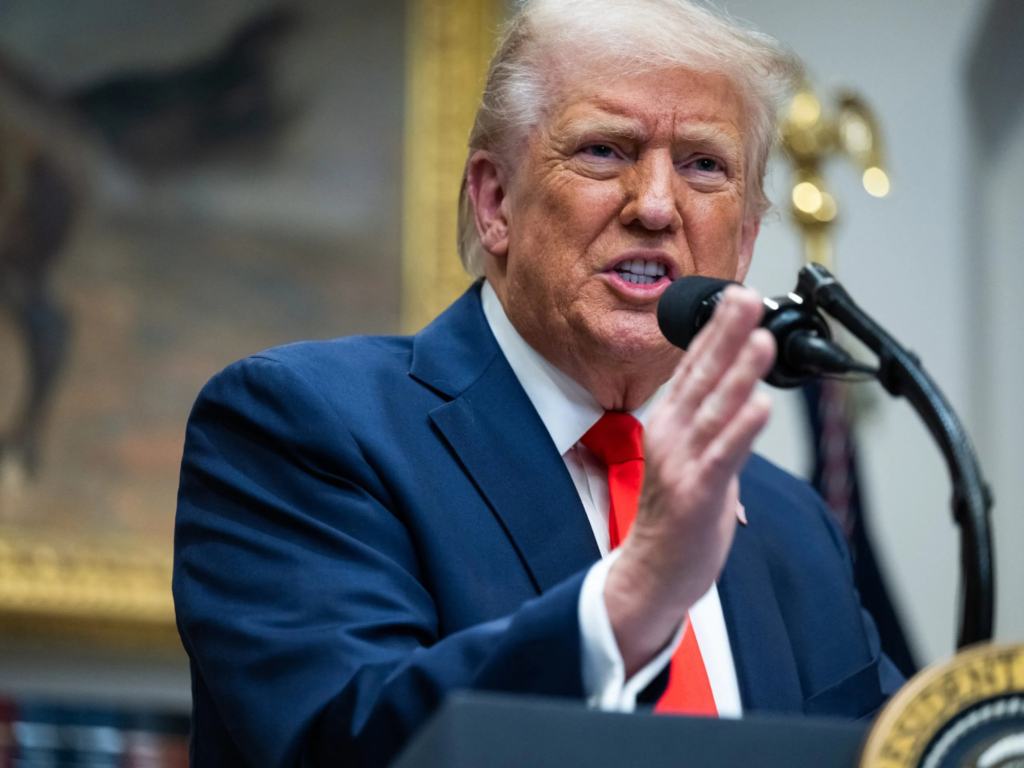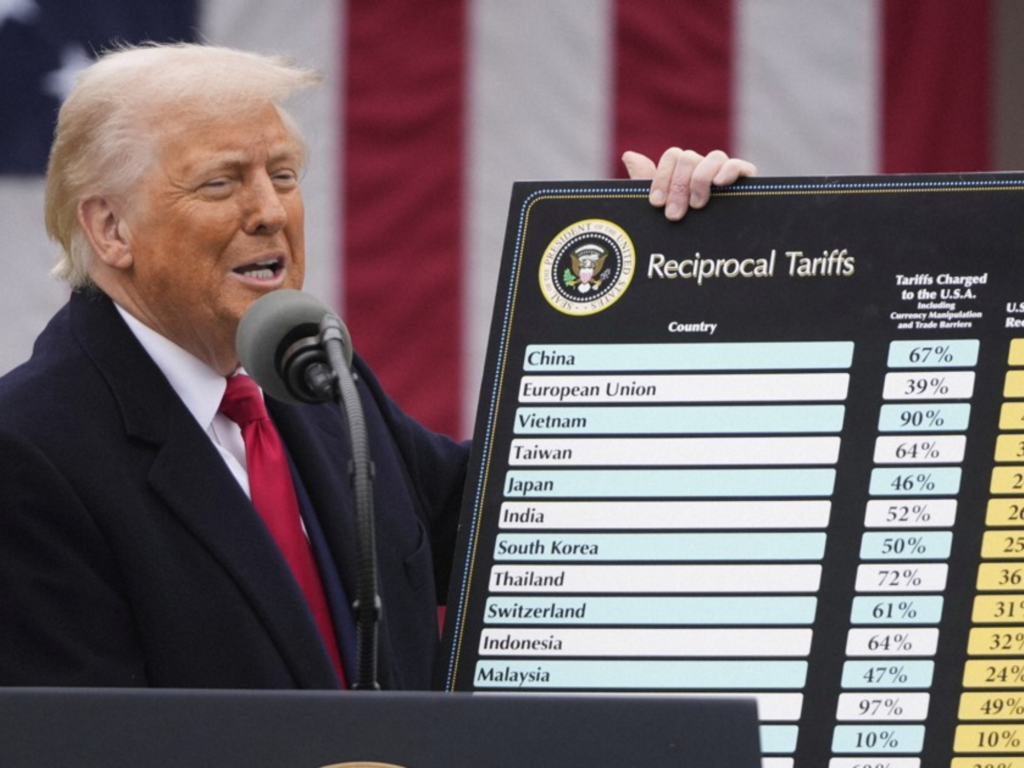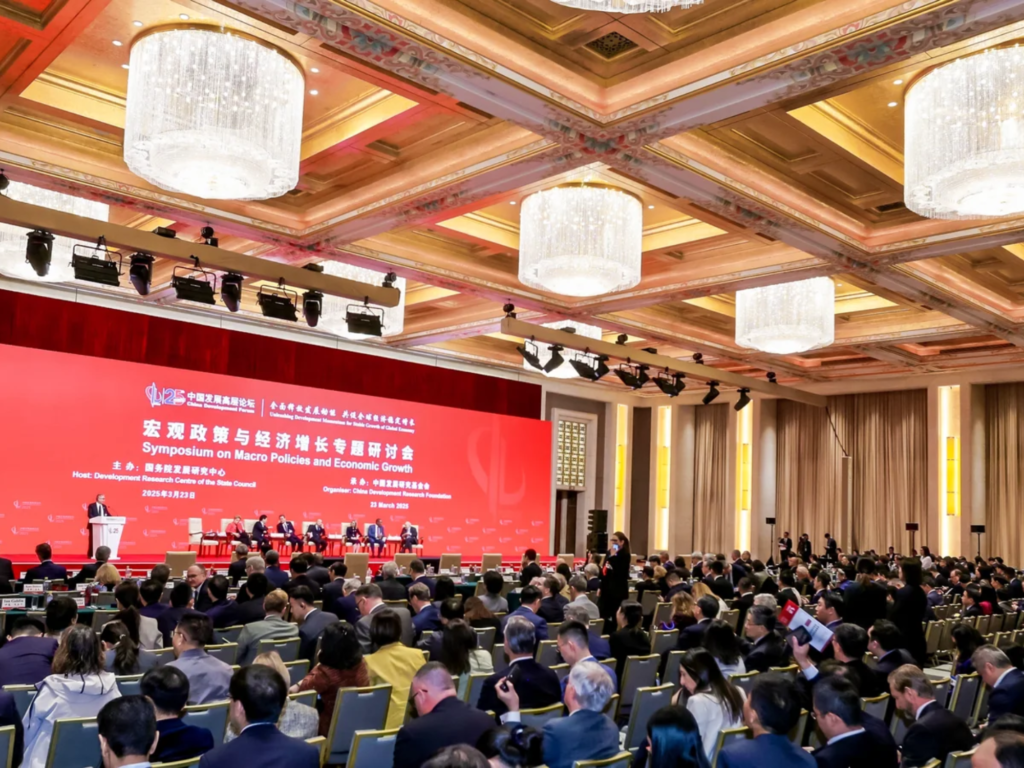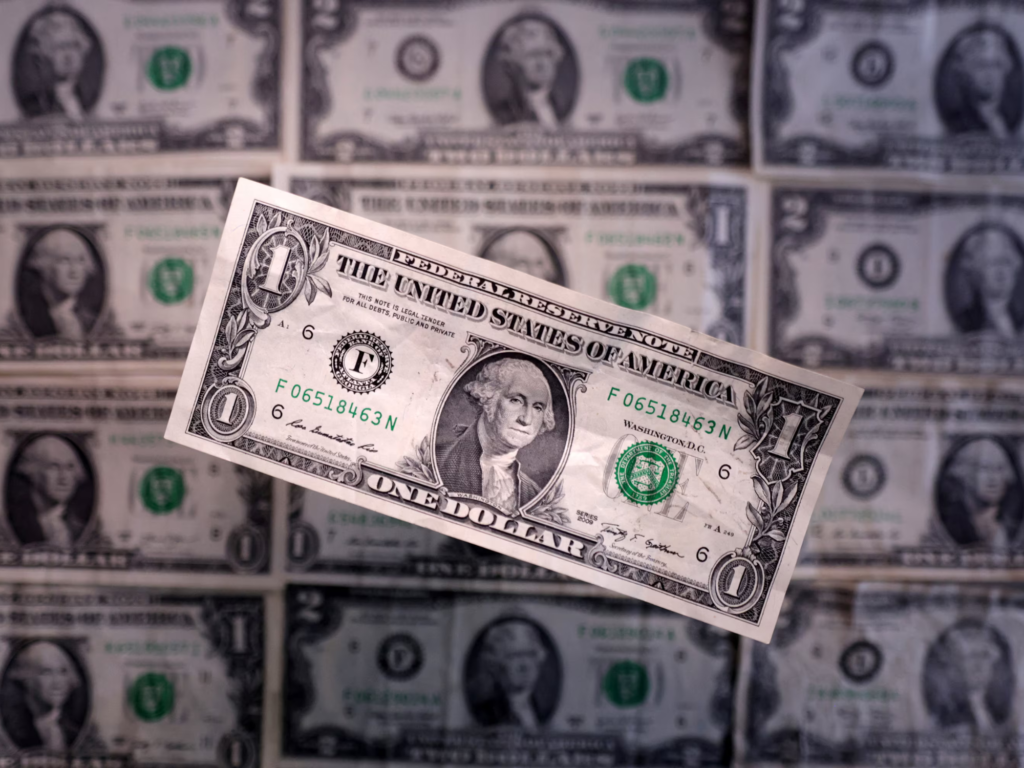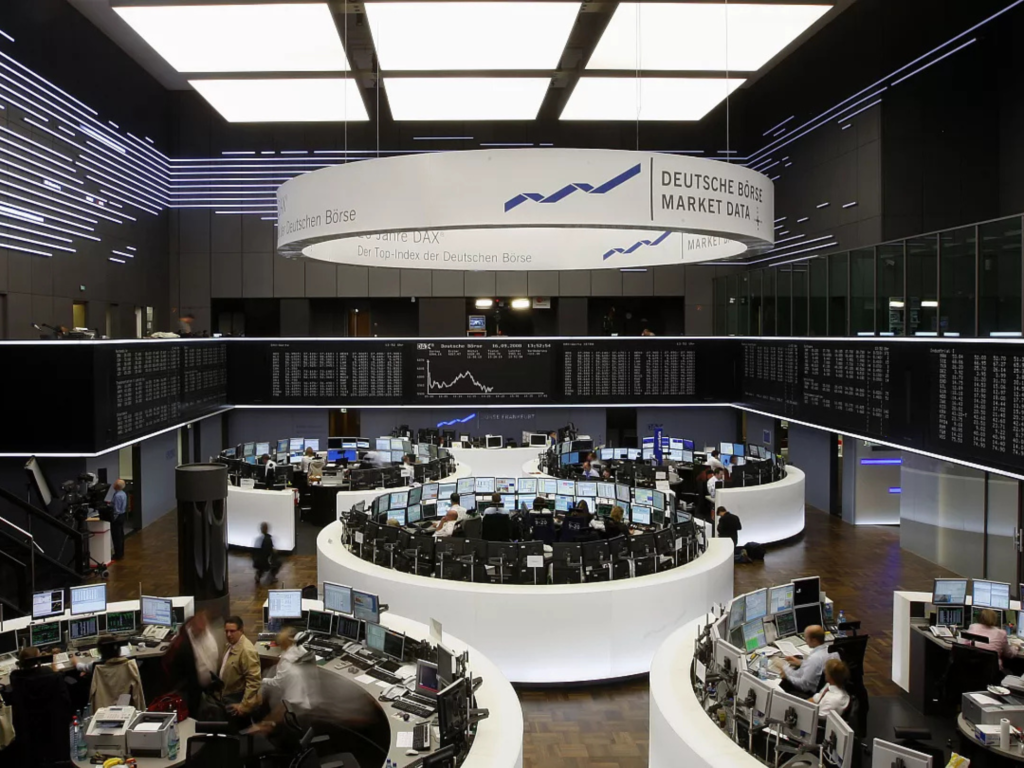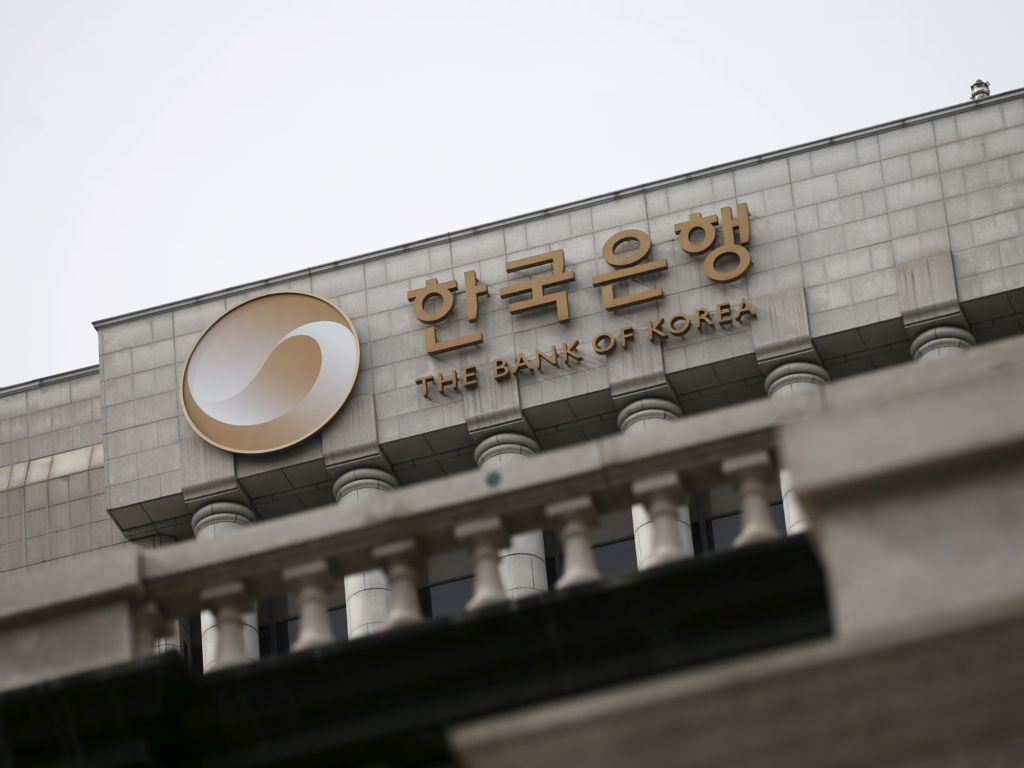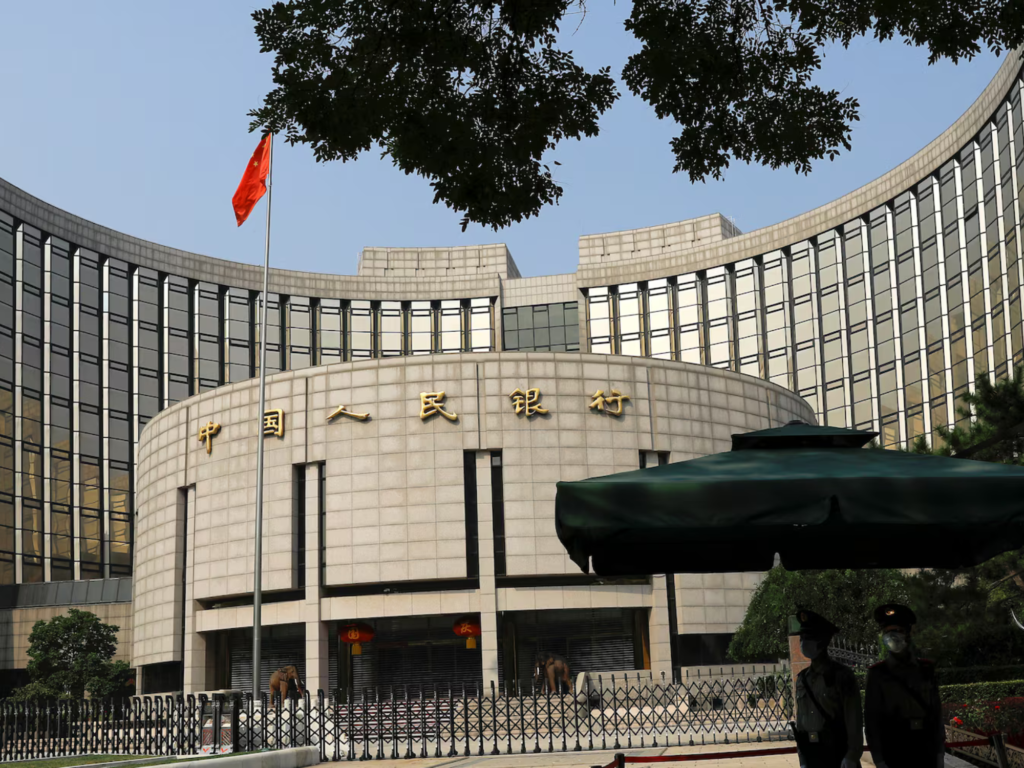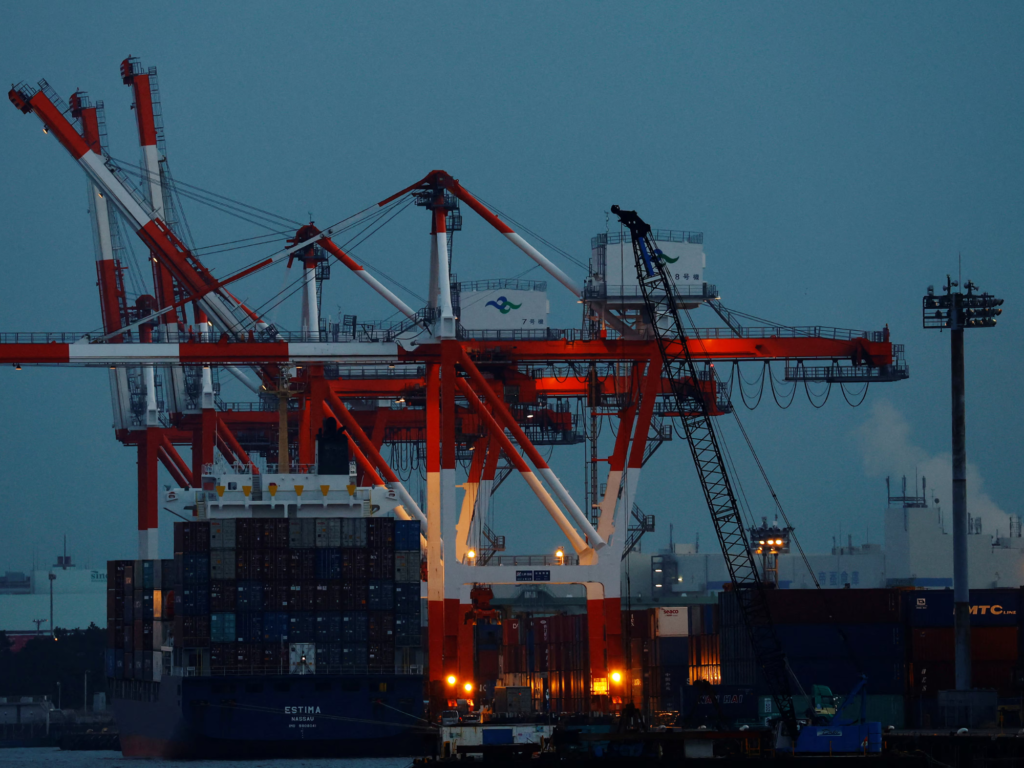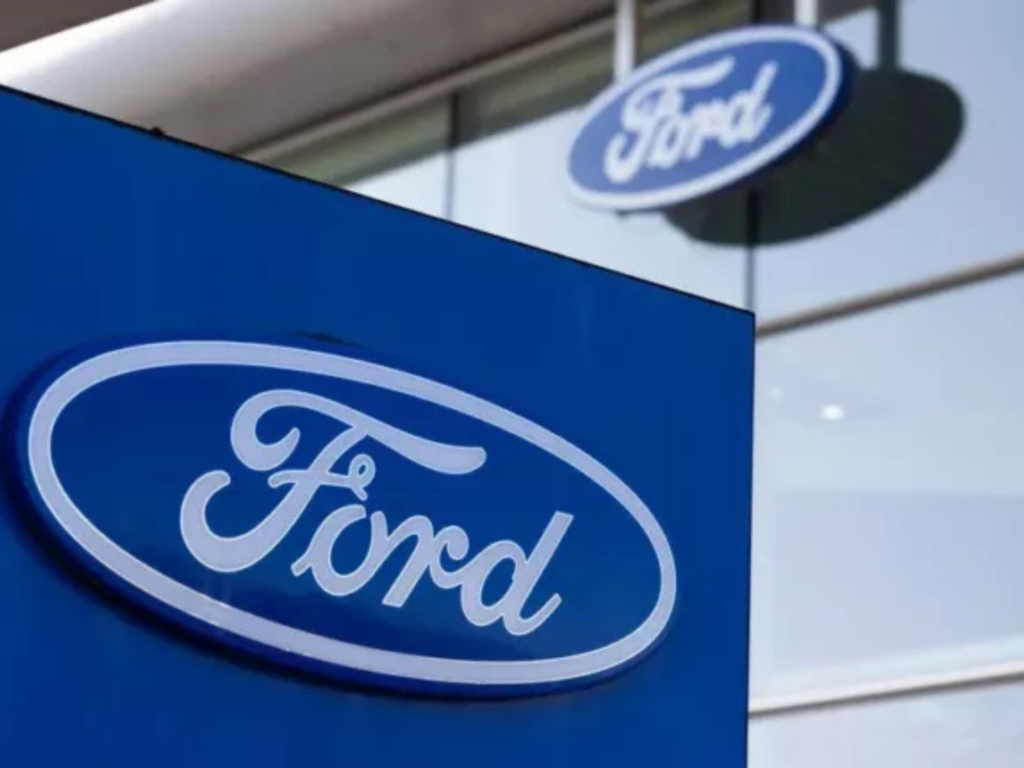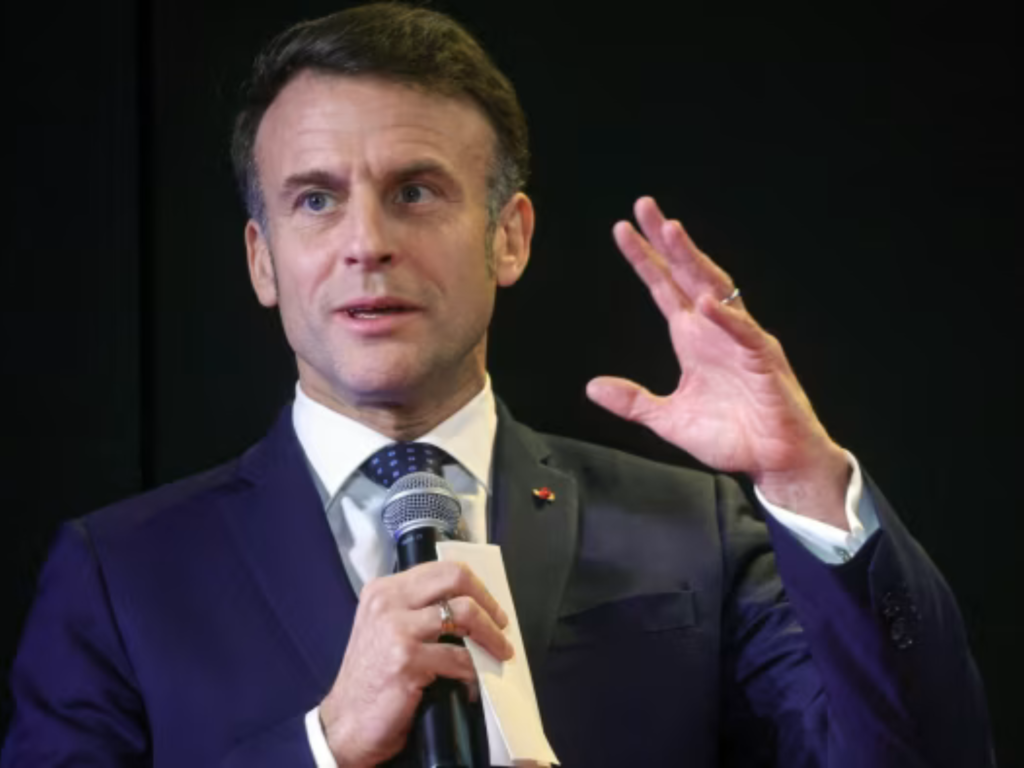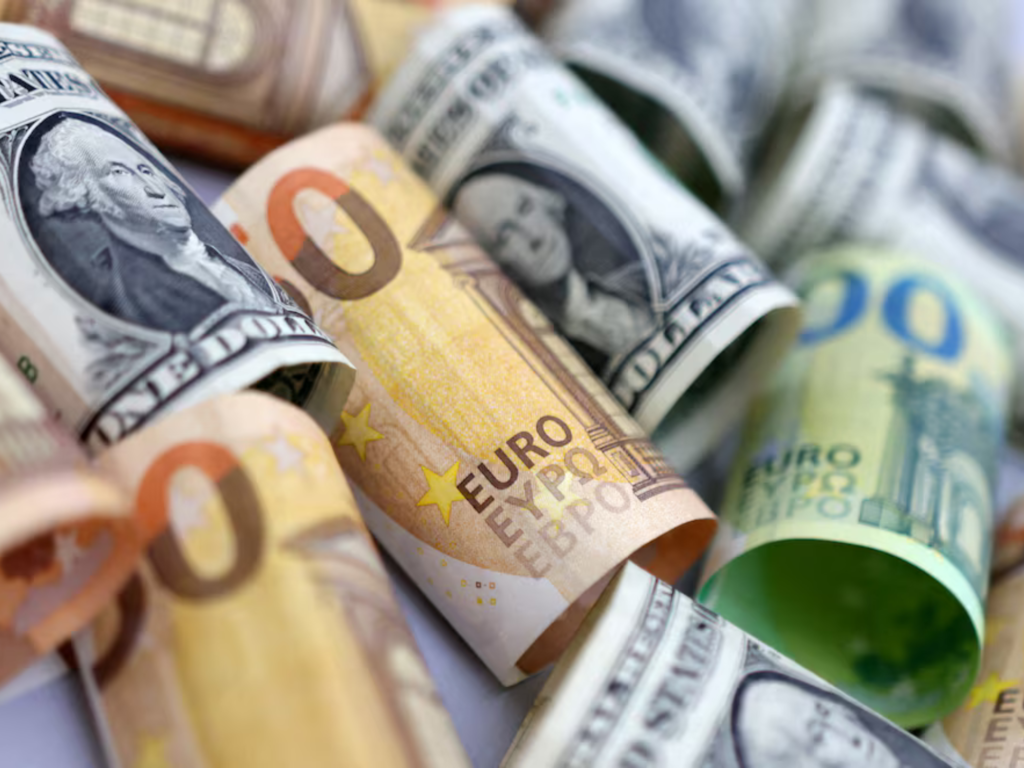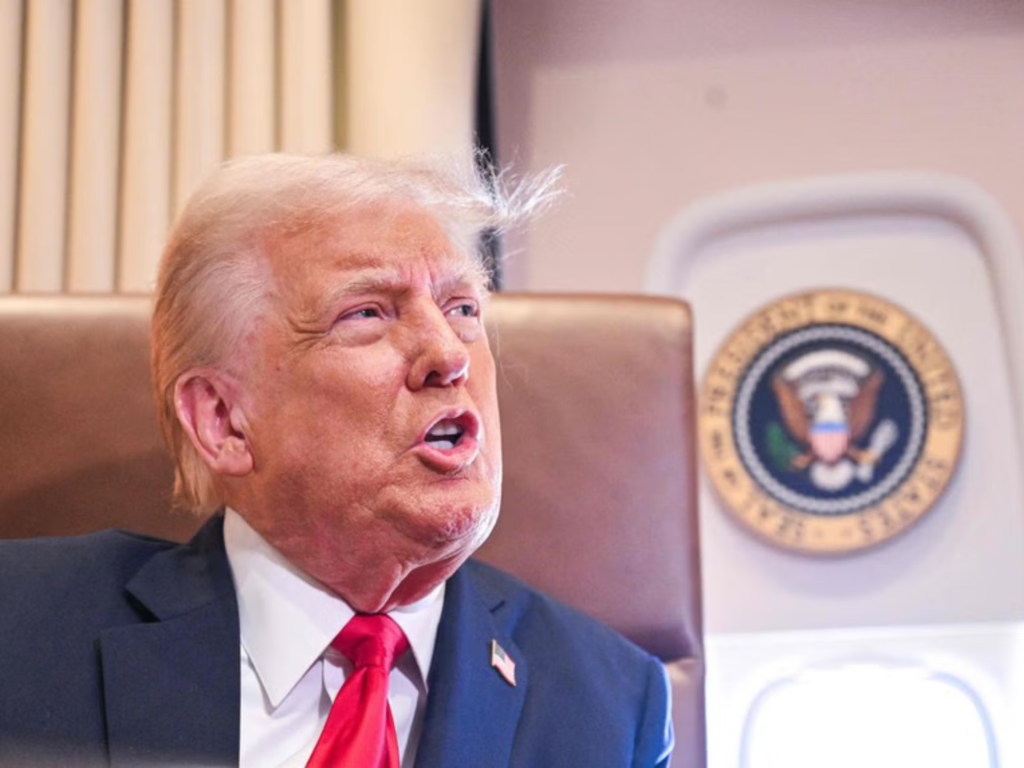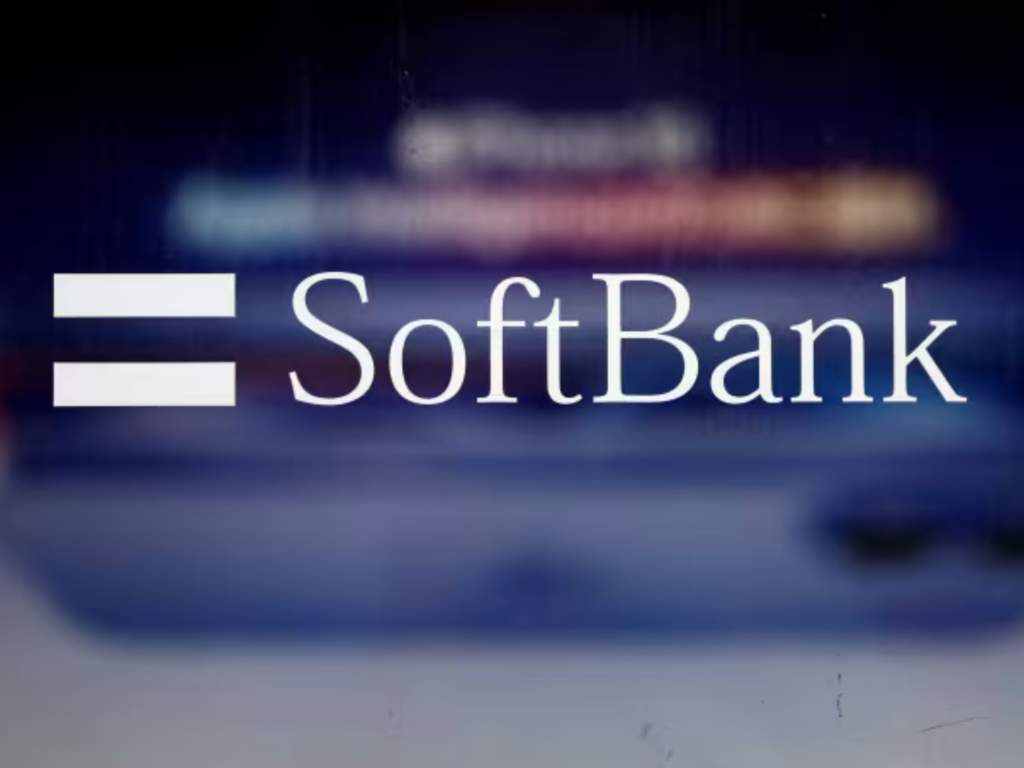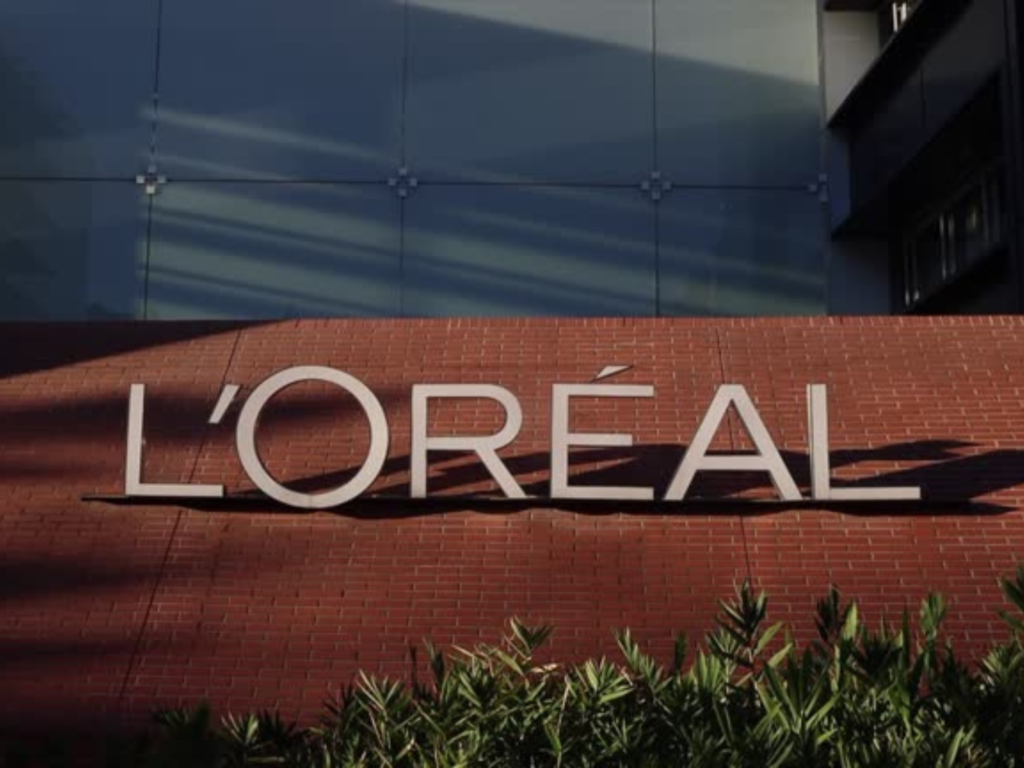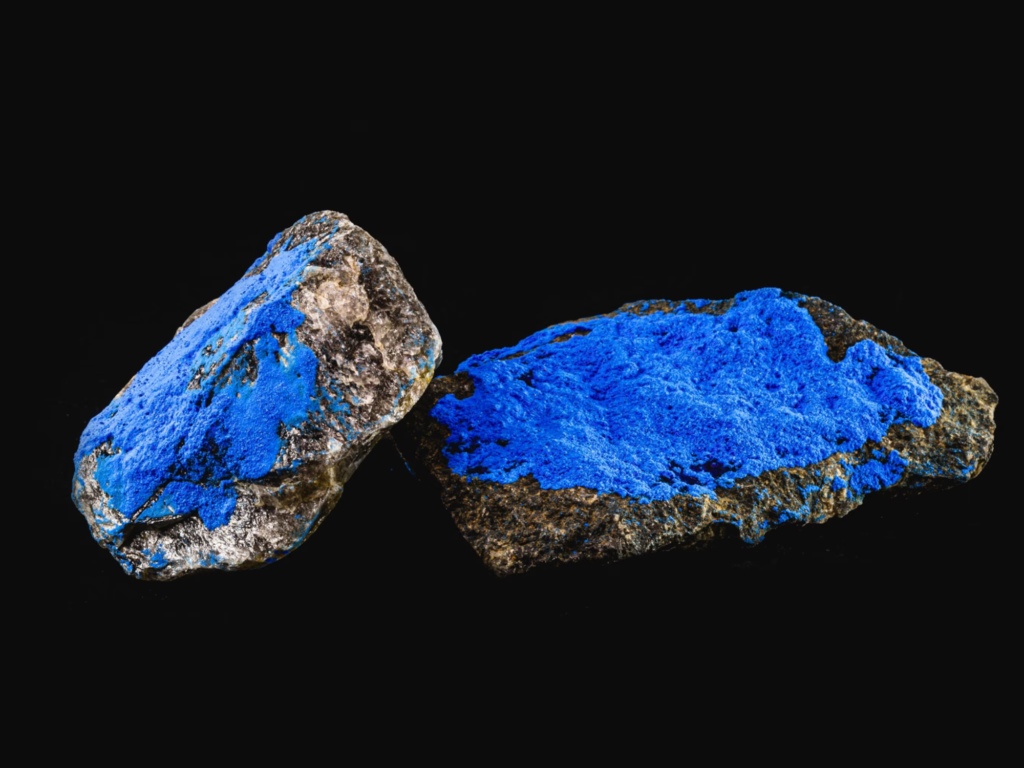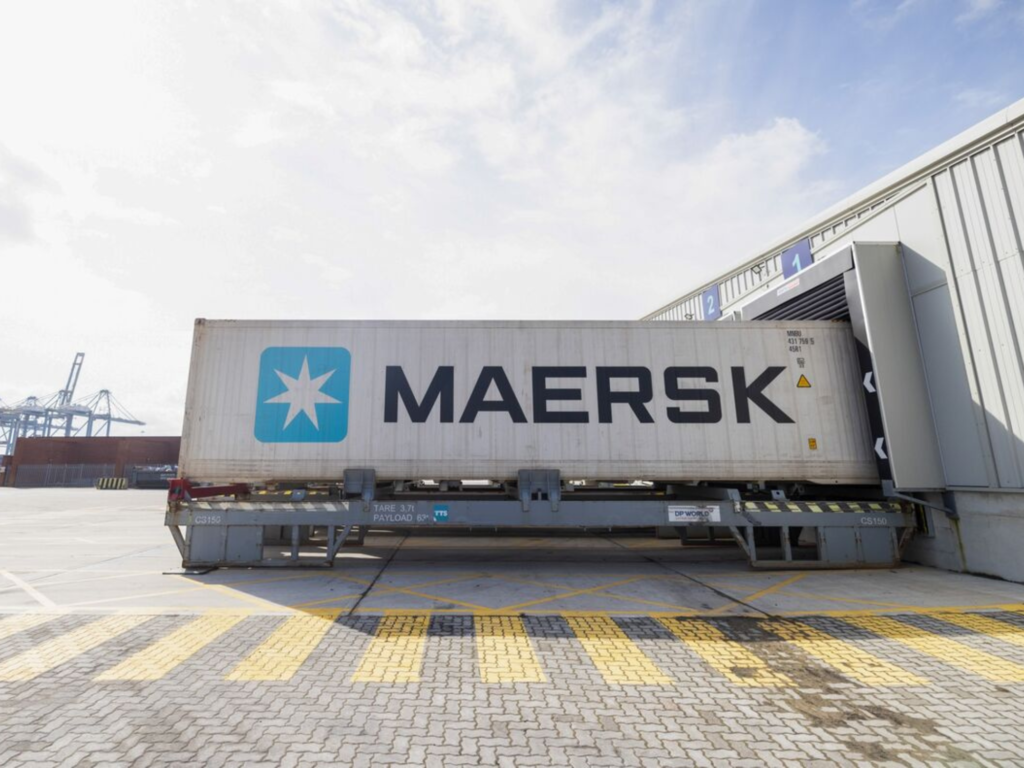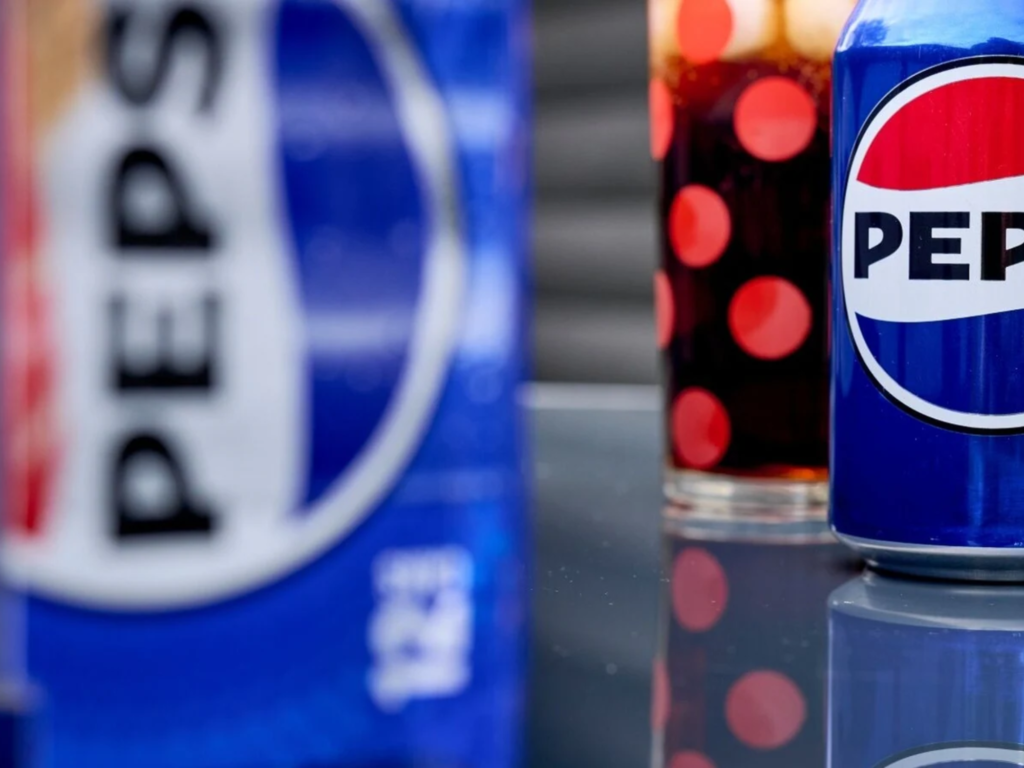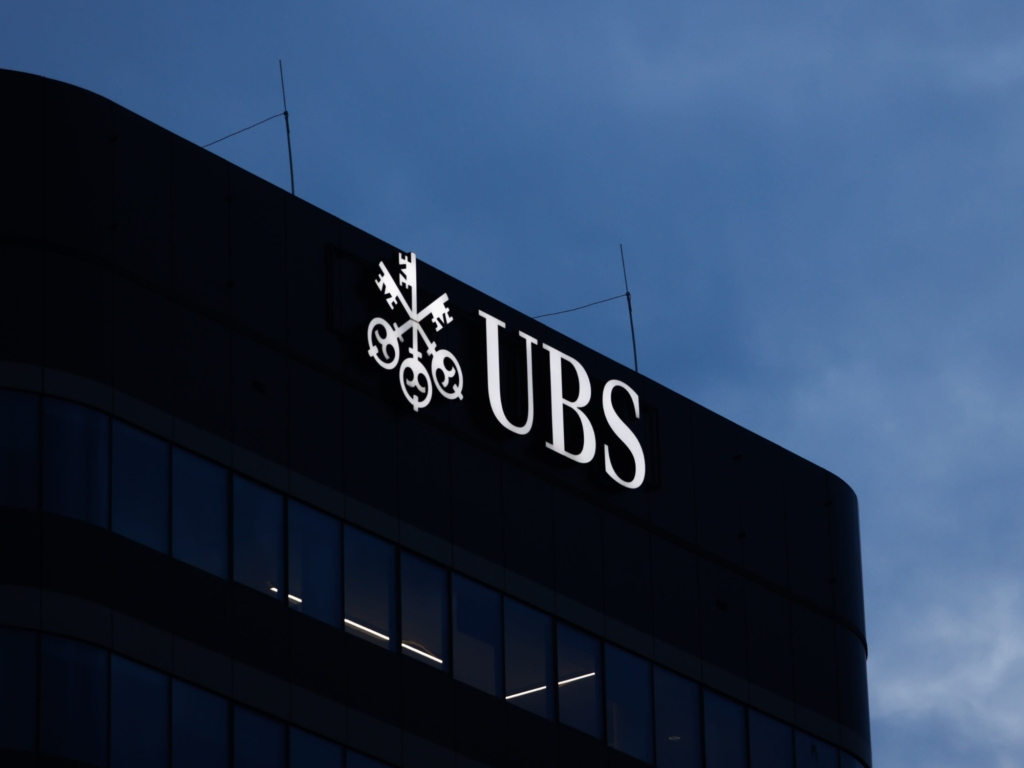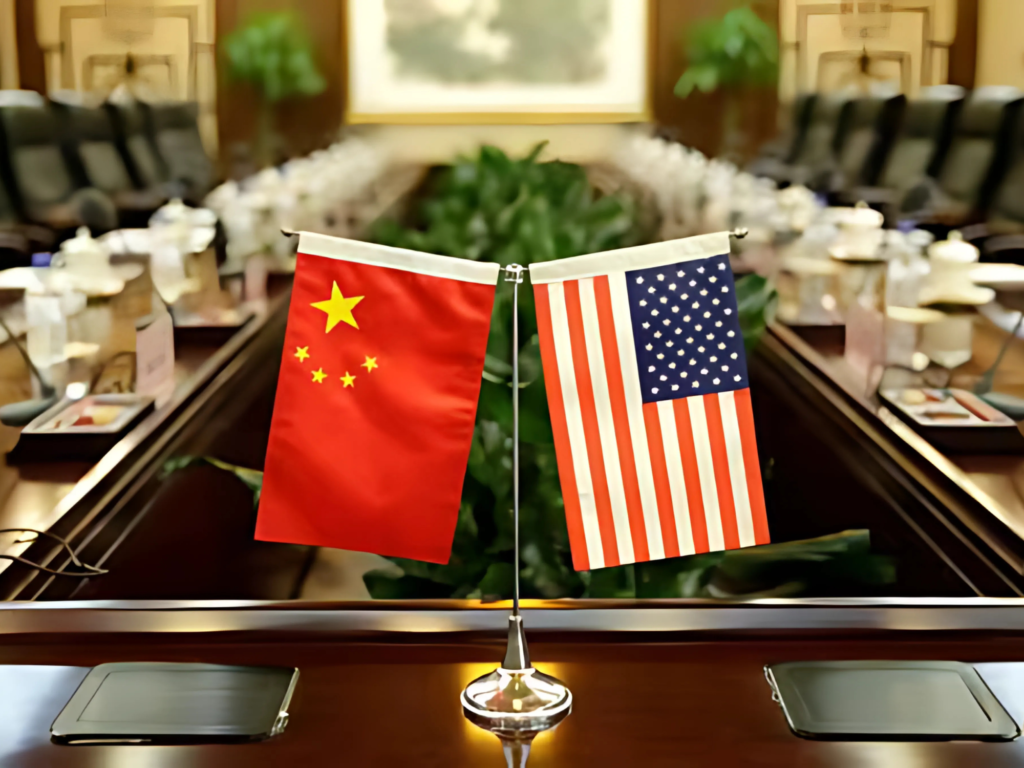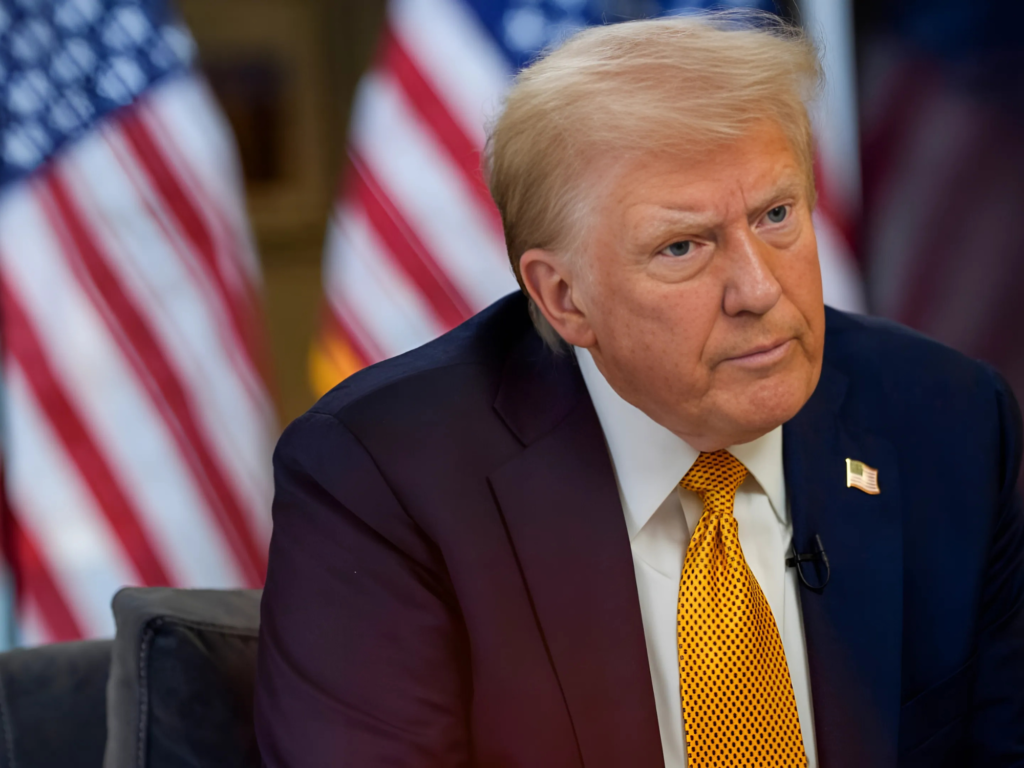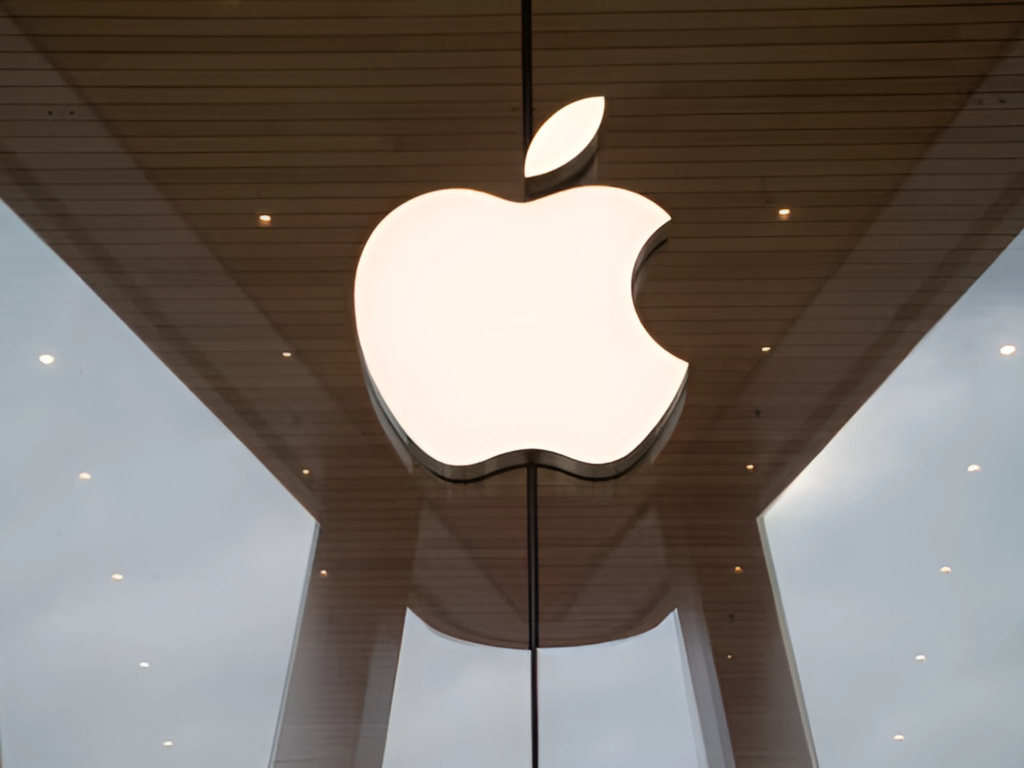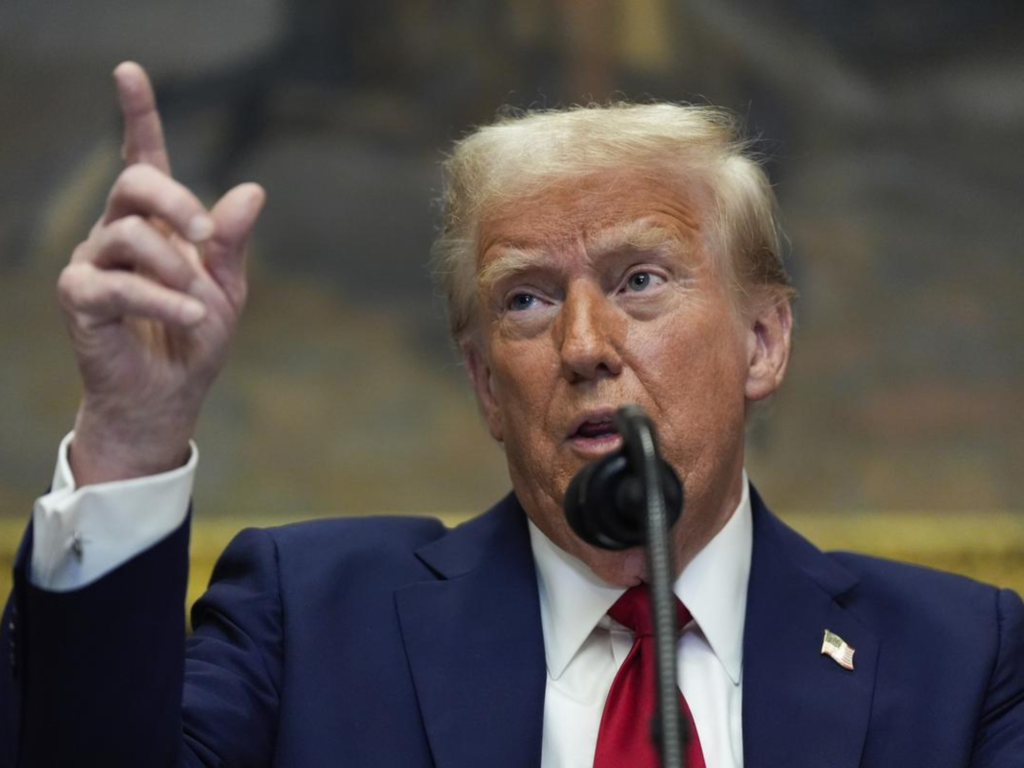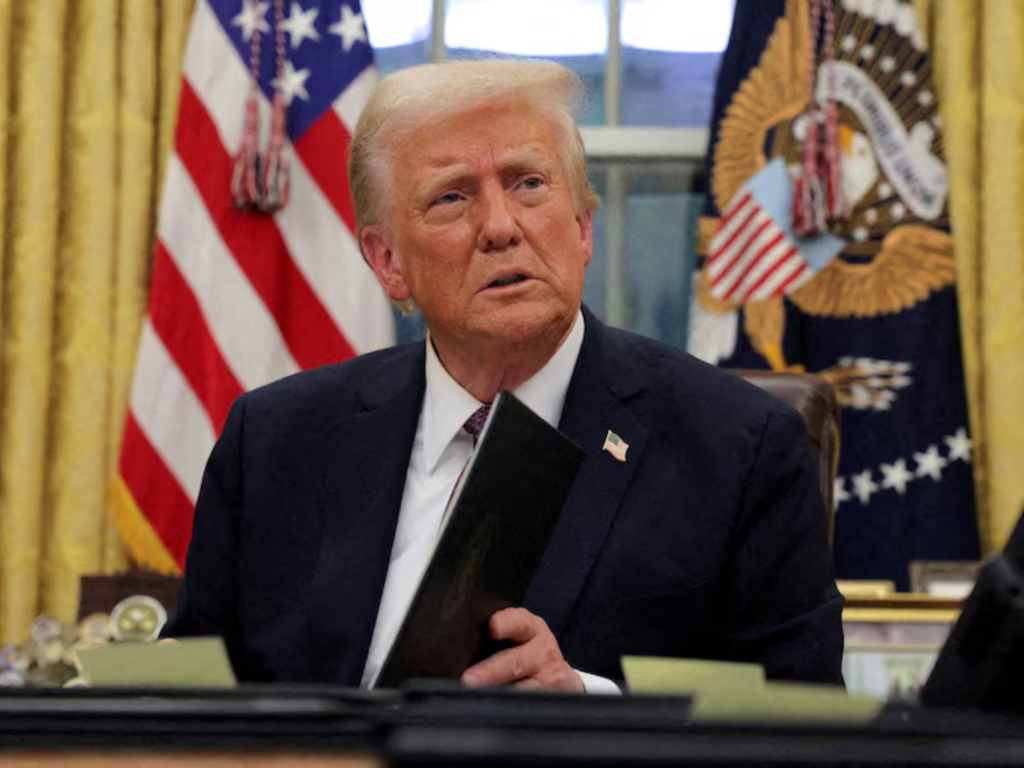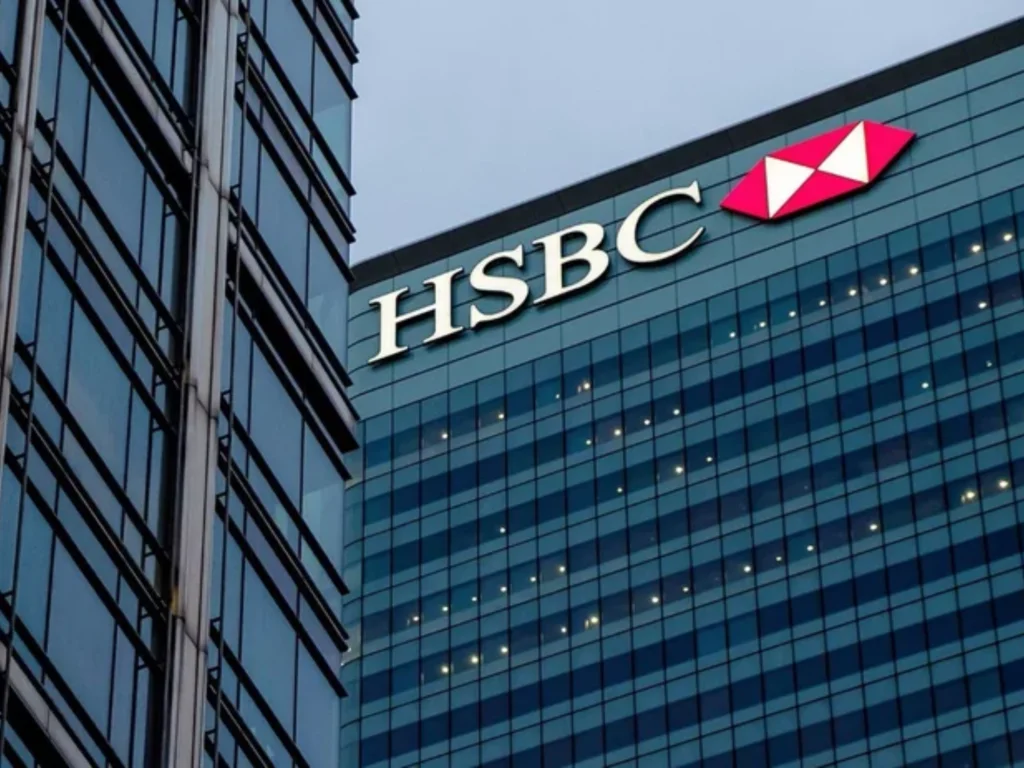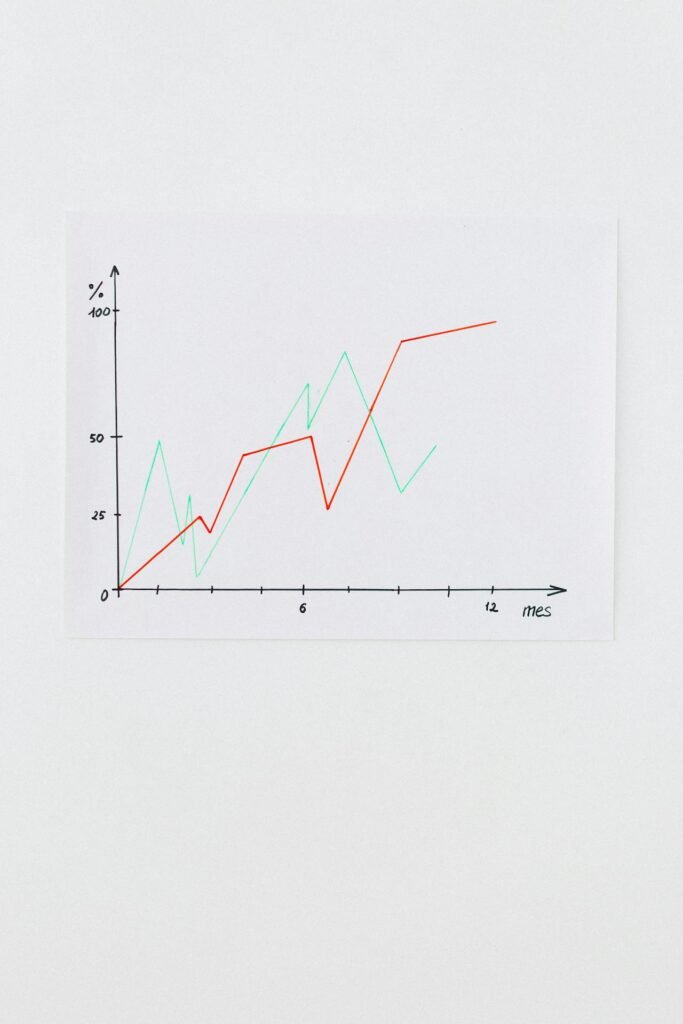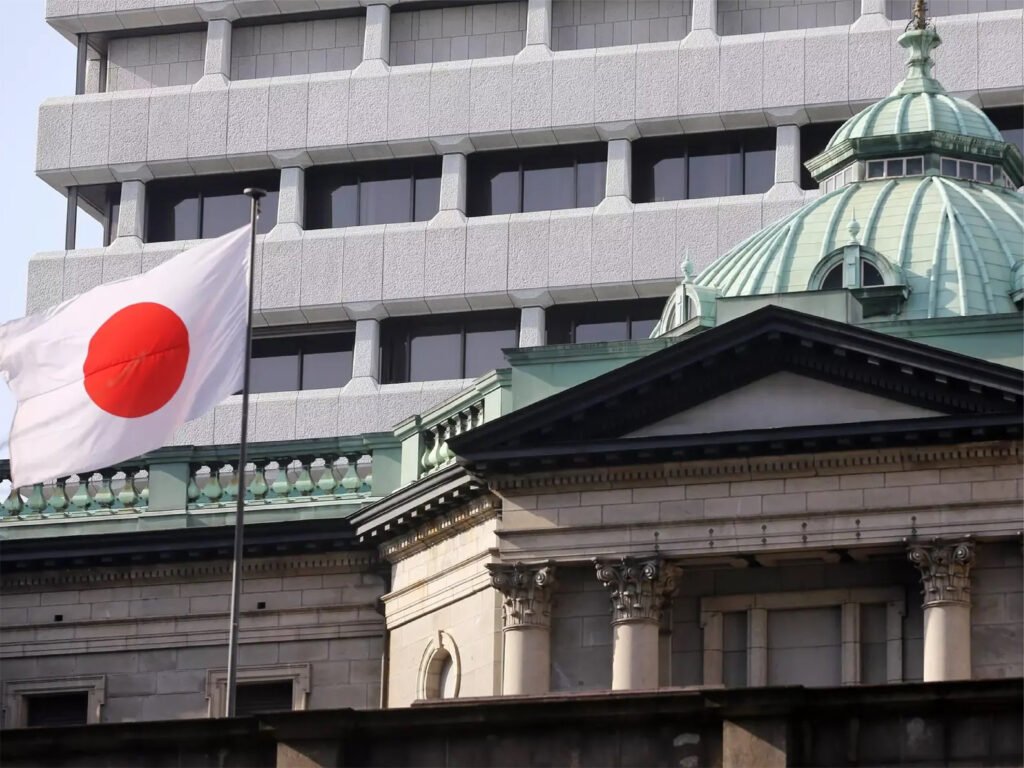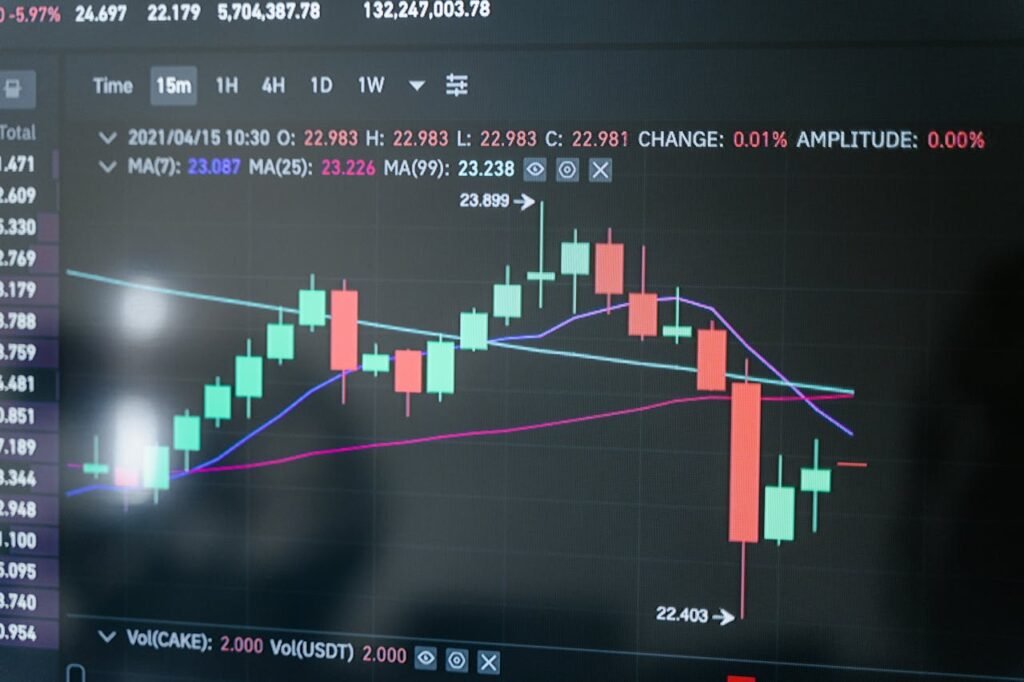Seven & i Holdings Scraps $5.8 Billion Management Buyout After Itochu Withdraws
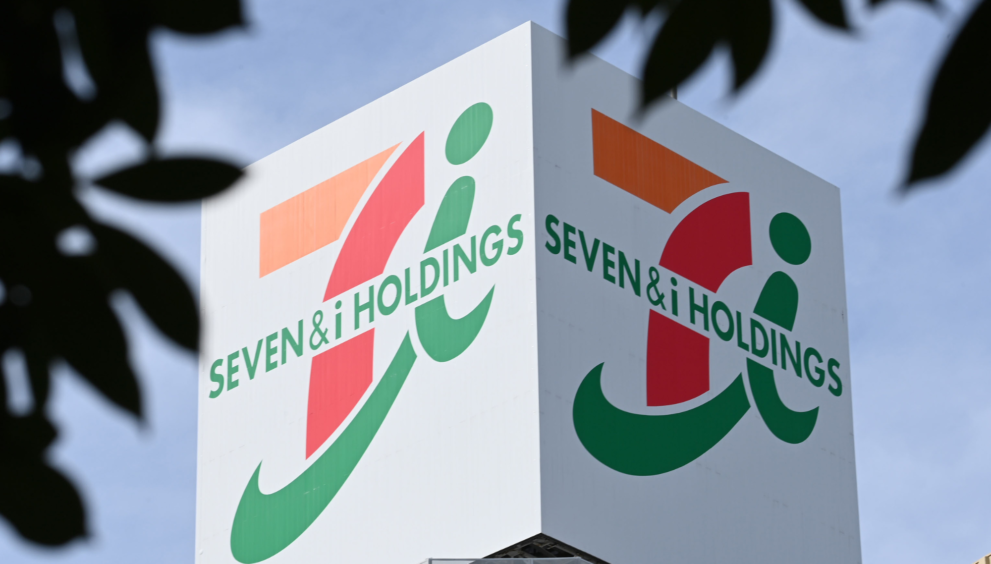
Seven & i Holdings Faces Setback as $5.8B Buyout Collapses:
Seven & i Holdings, the parent company of 7-Eleven, recently abandoned its $5.8 billion buyout plan after Itochu Corporation withdrew support. This move has raised questions not only about the company’s growth strategy but also sparked curiosity among investors asking, “is 7 11 a publicly traded company?”
While the brand operates globally with massive reach, its ownership lies under the Japanese retail giant, which continues to restructure its portfolio to enhance shareholder value amid rising competition. Seven & i Holdings has abandoned its planned $5.8 billion management buyout after Itochu Corporation, a key partner, withdrew its support, according to a report by Yomiuri.
The decision marks a significant setback for the Japanese retail giant, which had been seeking to streamline its operations and focus on its core businesses.
The buyout, which was intended to restructure Seven & i’s portfolio and improve profitability, faced challenges due to disagreements among stakeholders and Itochu’s unexpected exit.
Itochu, a major trading house, had been a critical player in the deal, and its withdrawal left the buyout plan untenable. Seven & i, the parent company of the 7-Eleven convenience store chain, has been under pressure to enhance shareholder value amid slowing growth in its domestic market.
The failed buyout raises questions about the company’s future strategy and its ability to navigate a highly competitive retail landscape. Analysts suggest that seven & i may now explore alternative strategies, such as divesting non-core assets or pursuing smaller acquisitions, to achieve its goals.
Is 7 11 a Publicly Traded Company? Understanding Ownership and Corporate Structure:
Many investors often ask, is 7 11 a publicly traded company. The majority of 7-Eleven locations globally are owned by Seven and I Holdings, a Japanese retail corporation, which is the company’s parent organization.
Key Points About Ownership:
- International growth and strategic goals are managed by Seven and I Holdings.
- The business made an unsuccessful effort at a $5.8 billion management buyout
- The intended acquisition was impacted when Itochu Corporation, a significant partner, withdrew its support.
The understanding of the corporate structure facilitates the explanation of decision-making, shareholder responsibilities, and the impact of global collaborations. Analysts point out that 7-Eleven’s corporate governance and Japanese leadership are important parts of its growth plan.
This information, providing insights into how the company handles acquisitions and international retailing activities, is crucial for investors, analysts in the market, and readers interested in 7-Eleven news trends.
Seven & I Holdings’ most recent attempt at a buyout:
In order to streamline operations and concentrate on its core businesses, Seven and I Holdings offered a $5.8 billion management buyout earlier this year. The goal of the action was to improve 7-Eleven’s market position and increase its financial performance.
But the idea fell apart when Itochu Corporation, an important partner, suddenly stopped supporting it. The failed takeover, according to researchers, emphasizes the challenge it is to coordinate important business decisions among global parties.
Seven and I Holdings is still looking into possibilities, such as selling off non-core assets or making smaller acquisitions, in spite of the setback. The company’s constant attempts to modify its corporate approach and stay competitive in the global retail industry are highlighted by this attempt.
The part played by Itochu Corporation in the planned acquisition:
A significant Japanese trade corporation, Itochu Corporation, was instrumental in Seven & i Holdings proposed $5.8 billion acquisition of 7-Eleven. Itochu was an important collaborator whose help was necessary to finance and carry out the purchase of the company.
The takeover became impossible when Itochu suddenly withdrew, demonstrating the importance of collaborative efforts in big business transactions. Experts point out that Itochu’s departure affected the financial structure and prompted concerns regarding company decision-makinFg and collaboration between stakeholders.
Seven and I Holdings continues to look into other options in spite of this setback. Knowing Itochu’s contribution helps one better understand the intricacies of multinational business partnerships and 7-Eleven’s goals for worldwide growth.
Effects of the Failed Purchase on Operations at 7-Eleven:
Concerns over 7-Eleven’s future strategy have been raised by the planned buyout’s failure.
Among the major implications are:
- Uncertainty in Expansion: As Seven & I reconsider its strategy, its expansion plans can see delays.
- Pressure from Shareholders: Investors are doubting their long-term goals and profitability.
- Operational Changes: The business could be thinking about exploring smaller acquisitions or selling non-core assets.
- Market Perception: The business’s standing around the world has been impacted by the failure of such a big deal.
Seven & i Holdings is still dedicated to streamlining its retail operations and maintaining 7-Eleven’s competitiveness in the worldwide market in spite of the setback.
Who is the owner of 7-Eleven? Global Control and the Parent Company:
Since 7-Eleven is a worldwide brand with Japanese roots, the topic of who controls the company continues to arise up. Seven and I Holdings, a Japanese retail corporation that oversees department shops, supermarkets, and financial services, currently owns the massive convenience store chain.
Important details regarding 7-Eleven’s ownership:
- Tokyo-based Seven and I Holdings is the parent company.
- Origin: Although being established in the United States, Japanese investors ultimately purchased it.
- Global Control: The business is a major force in the retail sector, managing operations across multiple countries.
The fact that 7-Eleven is a part of a bigger Japanese-owned corporate structure rather than a publicly traded firm in the United States is proof of this.
The history of Japanese investments and 7-Eleven acquisitions:
Multiple acquisitions and calculated Japanese investments have played an important part in 7-Eleven’s development into an established brand in the worldwide retail industry. 7-Eleven began operations in the United States in the 1920s and quickly expanded throughout the cities of America.
The U.S. operations’ economic difficulties in the 1990s marked an important turning point. The Japanese retail powerhouse Ito-Yokado and its partner Seven and I Holdings intervened to save the company at that point. Their funding provided 7-Eleven with fresh possibilities for growth and stable financial support.
Significant turning points in 7-Eleven’s purchase history:
- 1991: Seven-Eleven and Ito-Yokado Japan made significant investments to keep American businesses stable.
- 2005: The parent company was officially renamed to Seven and I Holdings.
- 2020: By paying $21 billion for the Acquisition Speedway petroleum stations, this company increased its footprint in the United States.
7-Eleven was a struggling American chain before these purchases and Japanese investment turned it into a well-known brand throughout the world. In addition to controlling 7-Eleven today, Japan also effectively directs the company’s future through ongoing investments and growth in both Asia and North America.
Possible Substitute Growth Strategies:
Seven and I Holdings may look to alternative expansion initiatives in light of the unsuccessful purchase attempt. The business could focus on smaller relationships or collaborations that boost its core retail operations instead of pursuing big acquisitions.
Potential areas of concentration involve improving online delivery, improving 7-Eleven’s digital offerings, and concentrating on foreign regions where convenience retail is growing rapidly.
Seven & I may simplify its operations by focusing on profitable sectors and selling off non-core assets. By taking these steps, 7-Eleven might become able to keep its stability and compete in the worldwide retail marketplace.
Plans for Seven and I Holdings’ Future:
Seven and I Holdings has to reconsider its course following the failure of its purchase proposal. The business is under pressure to keep up 7-Eleven’s competitiveness in both home and foreign markets. To achieve this, multiple strategies can be considered.
Possible future strategies include:
- Digital Expansion: boosting online delivery services and platforms.
- Global Growth: Focusing on North American and Asian high-potential markets.
- Selling non-core assets to concentrate on profitable endeavors is known as optimizing a portfolio.
- Customer experience: Investing money into customized support and in-store innovations.
- Sustainability Objectives: Promoting energy efficiency and environmentally friendly packaging.
Seven & I can adjust to shifting marketplace dynamics by combining these actions. The group may be able to achieve a stable future and maintain 7-Eleven’s position as the world’s leading retailer through placing an emphasis on efficiency and innovation.



